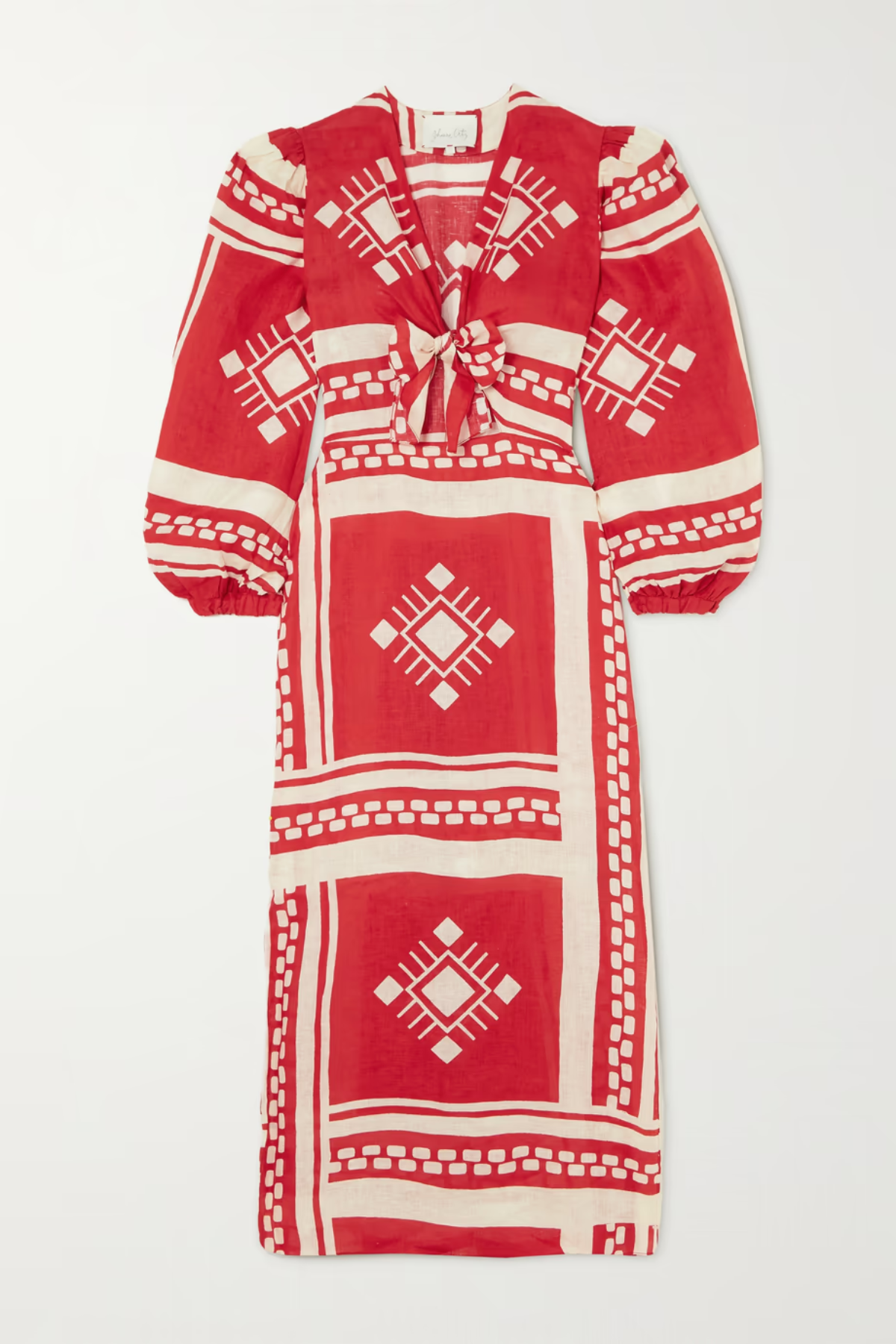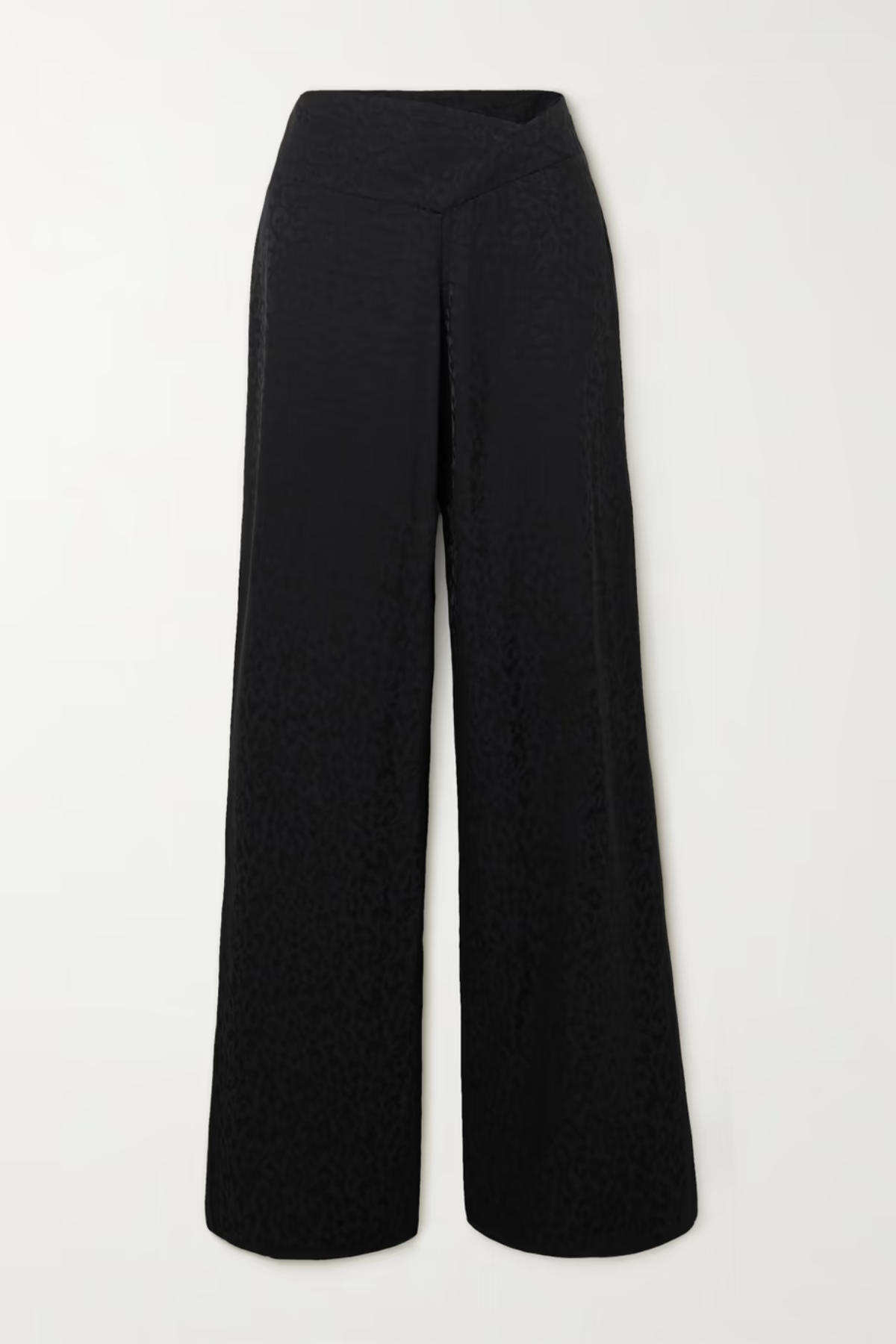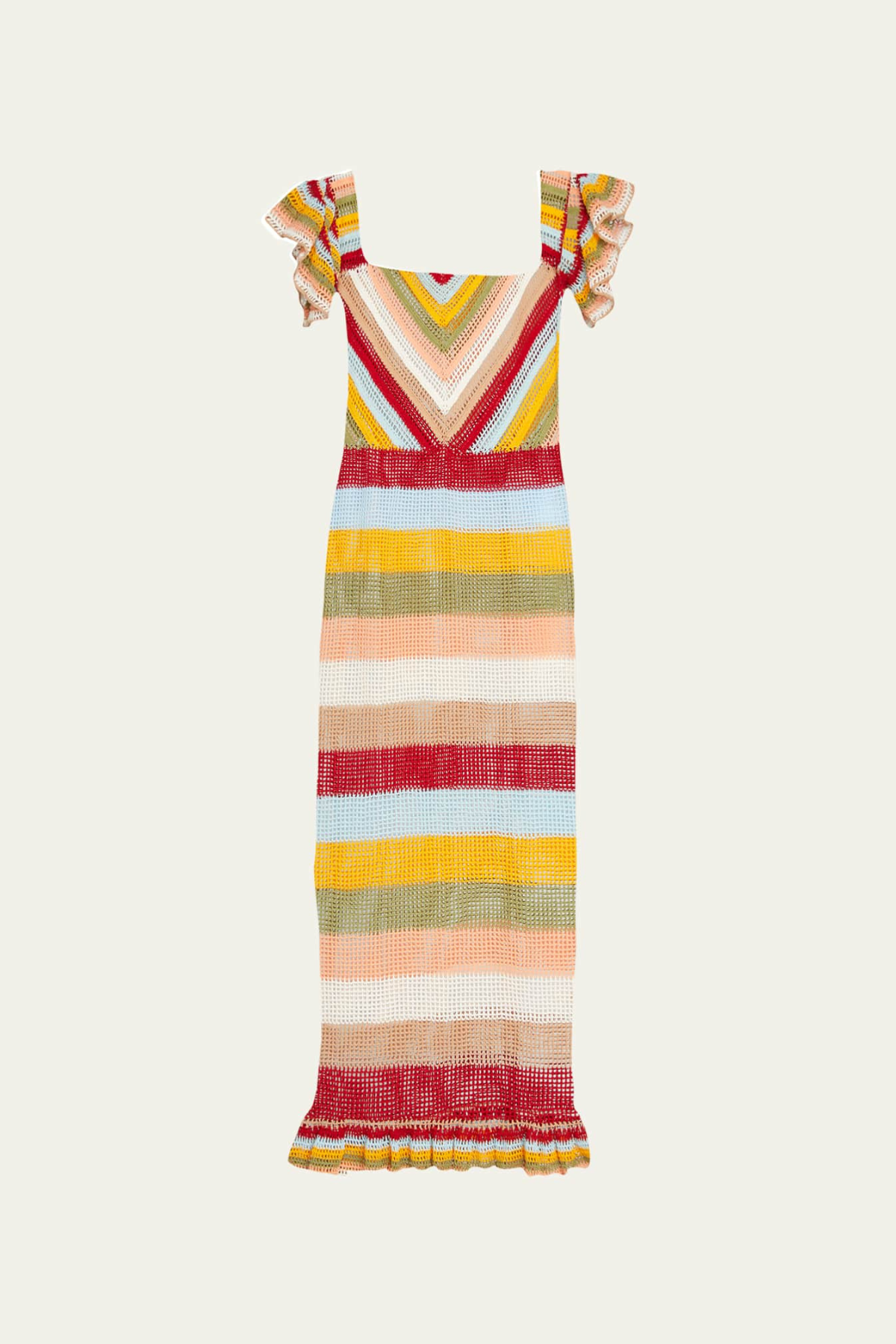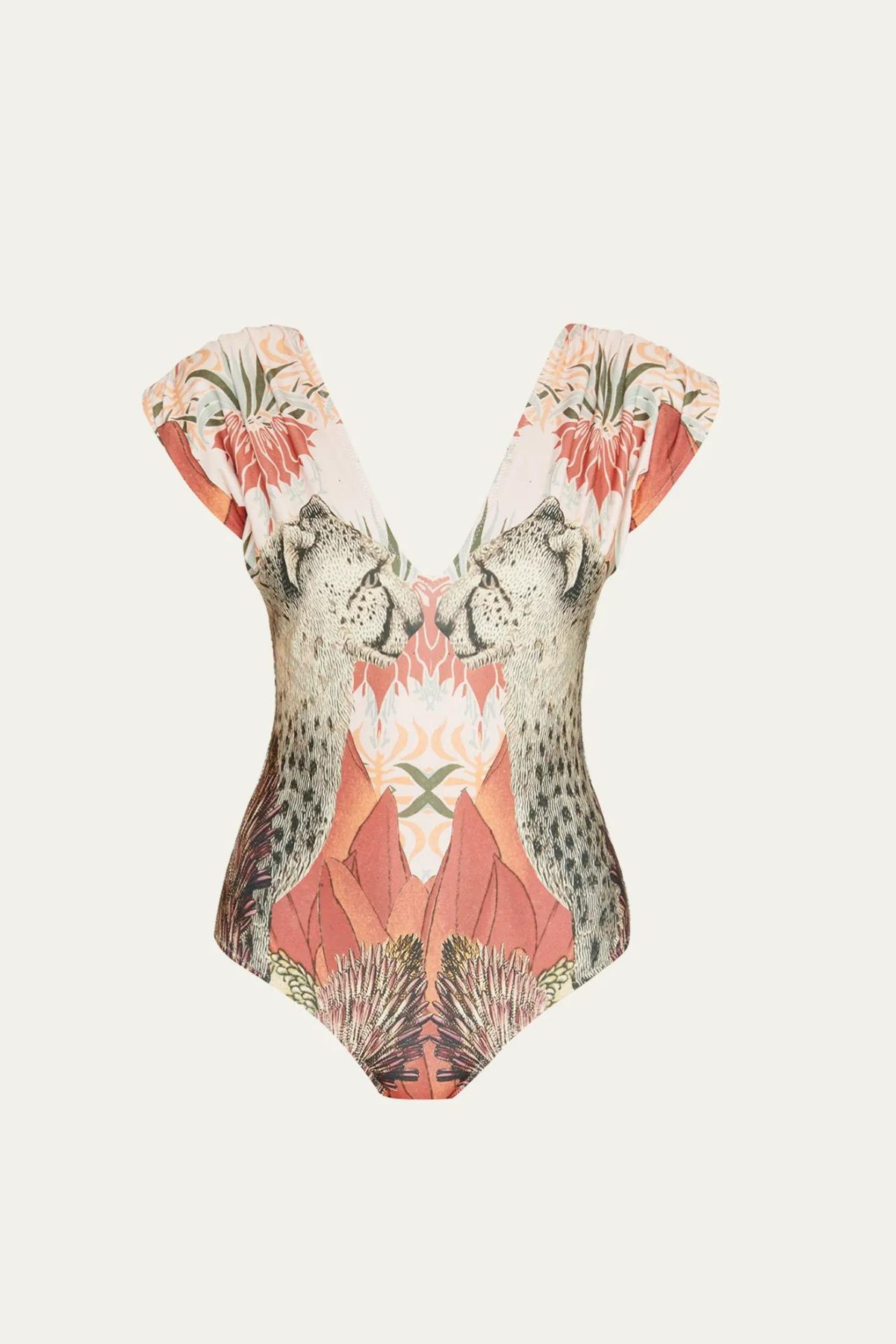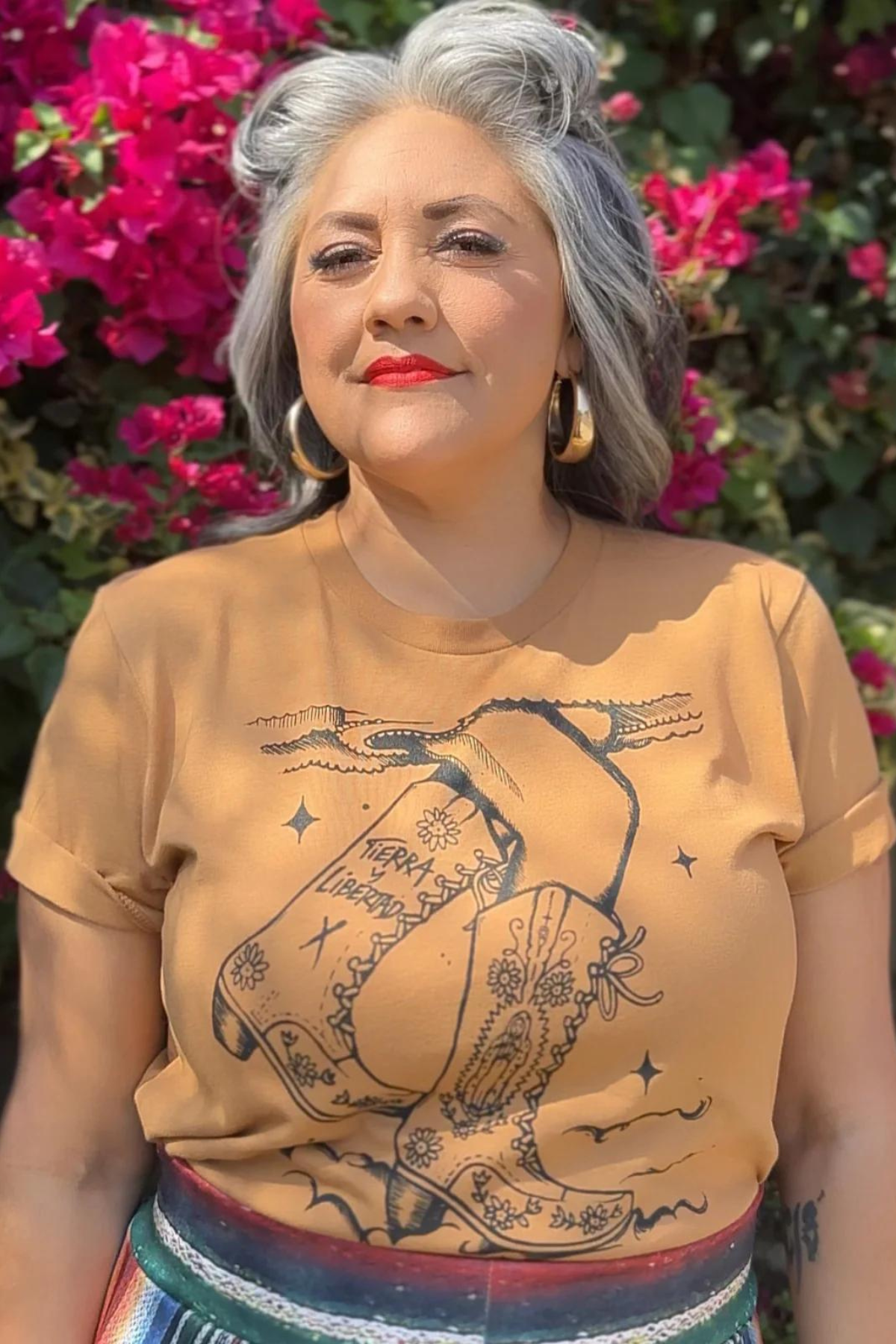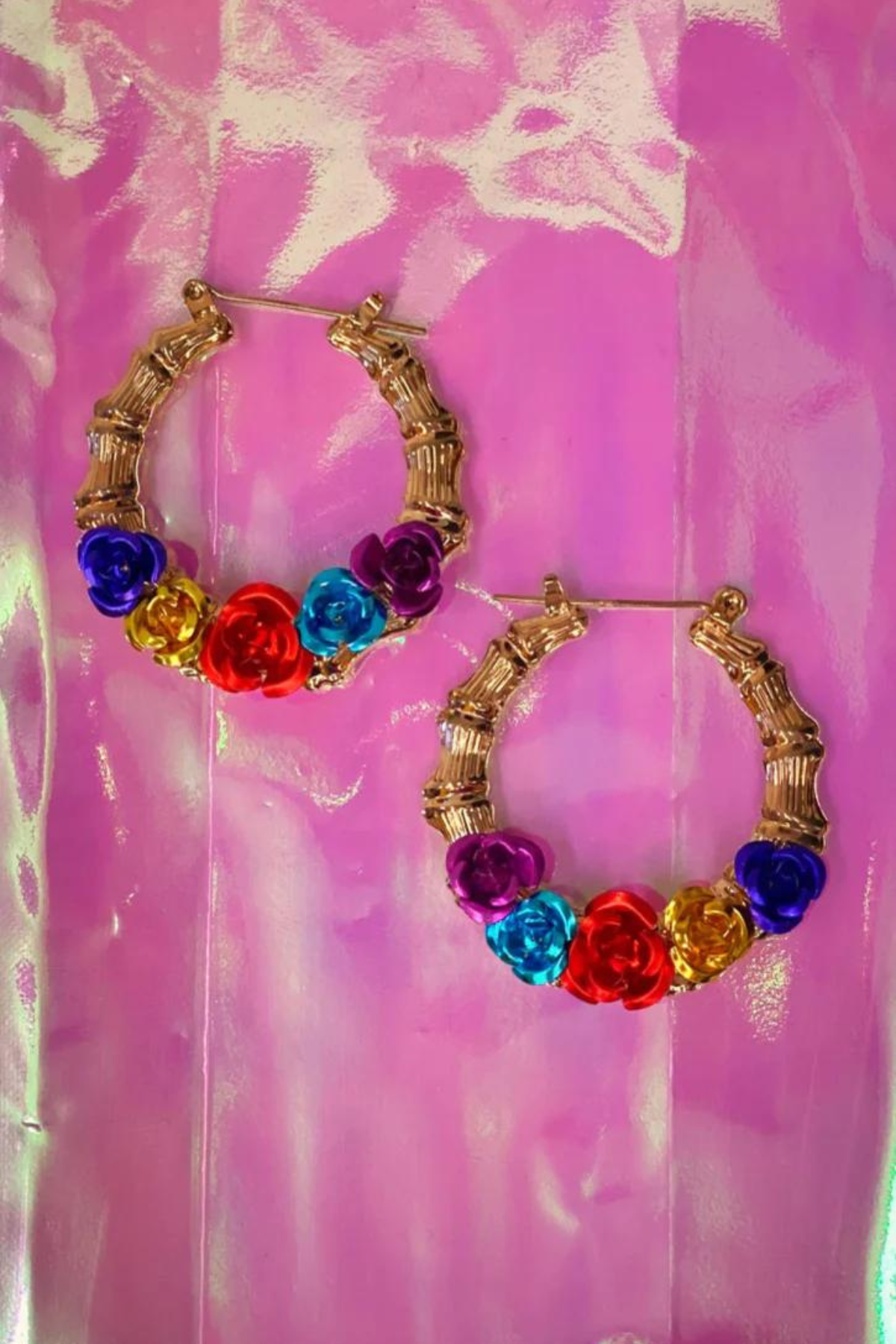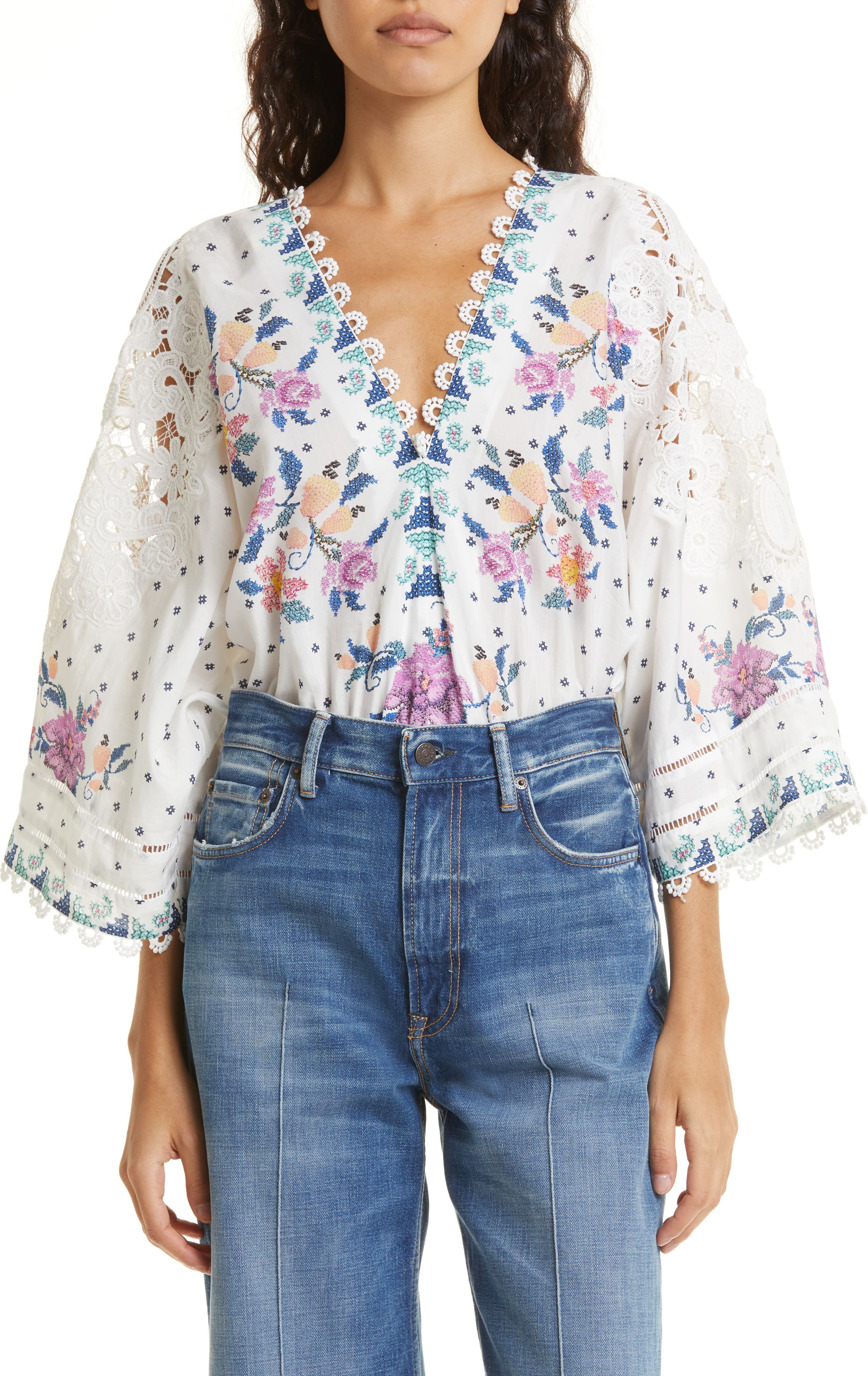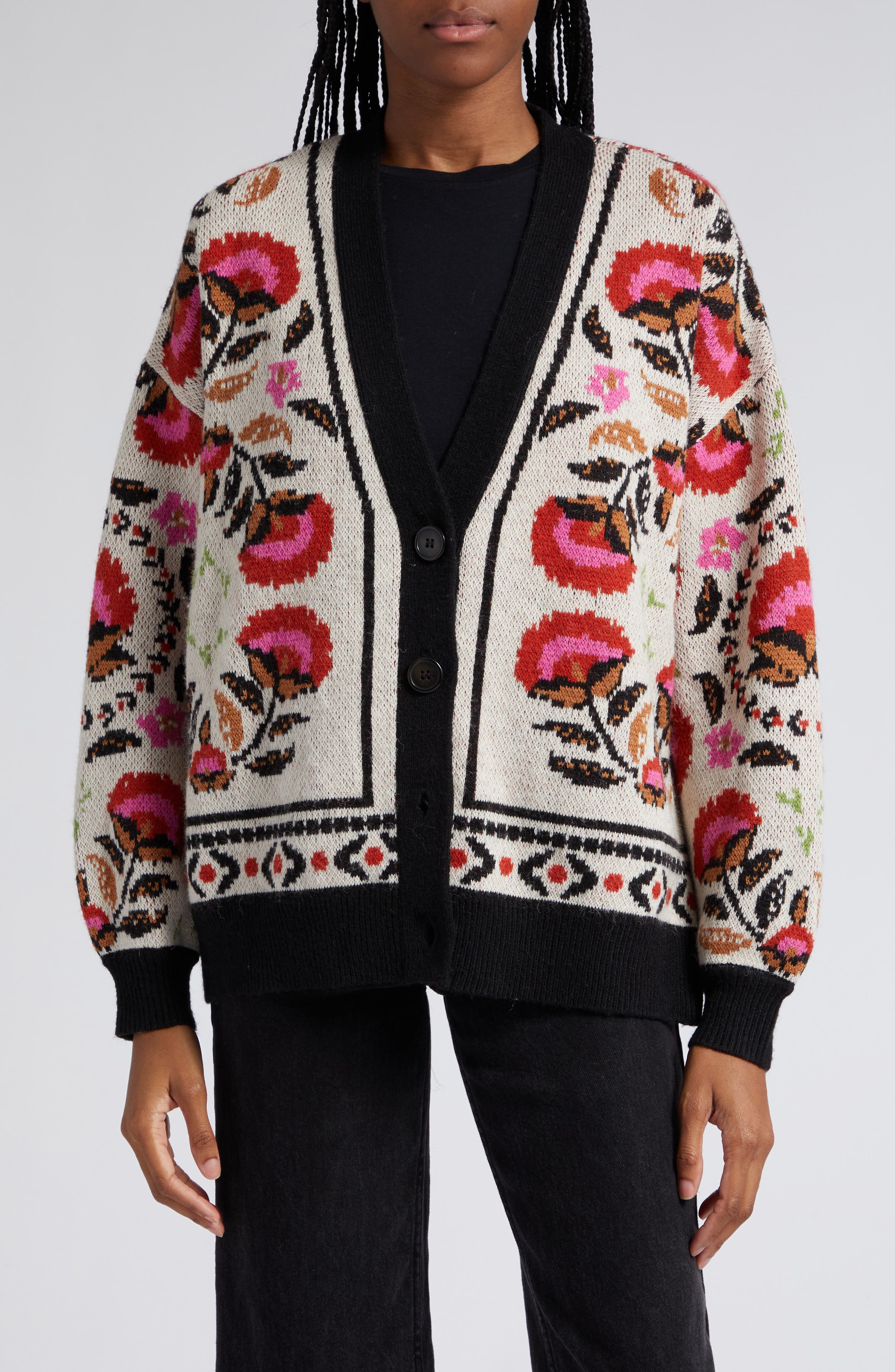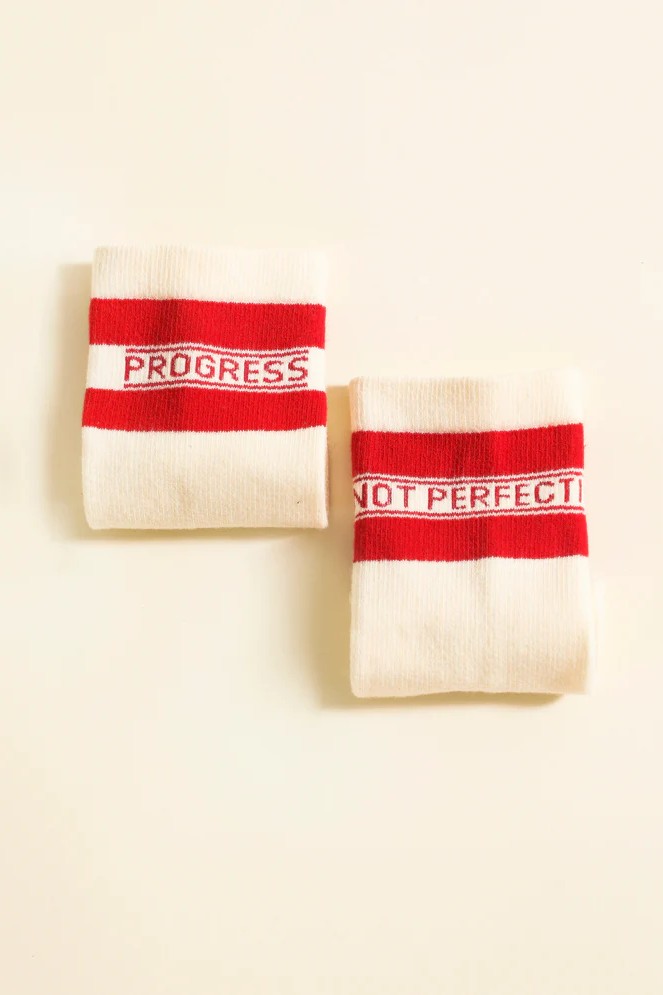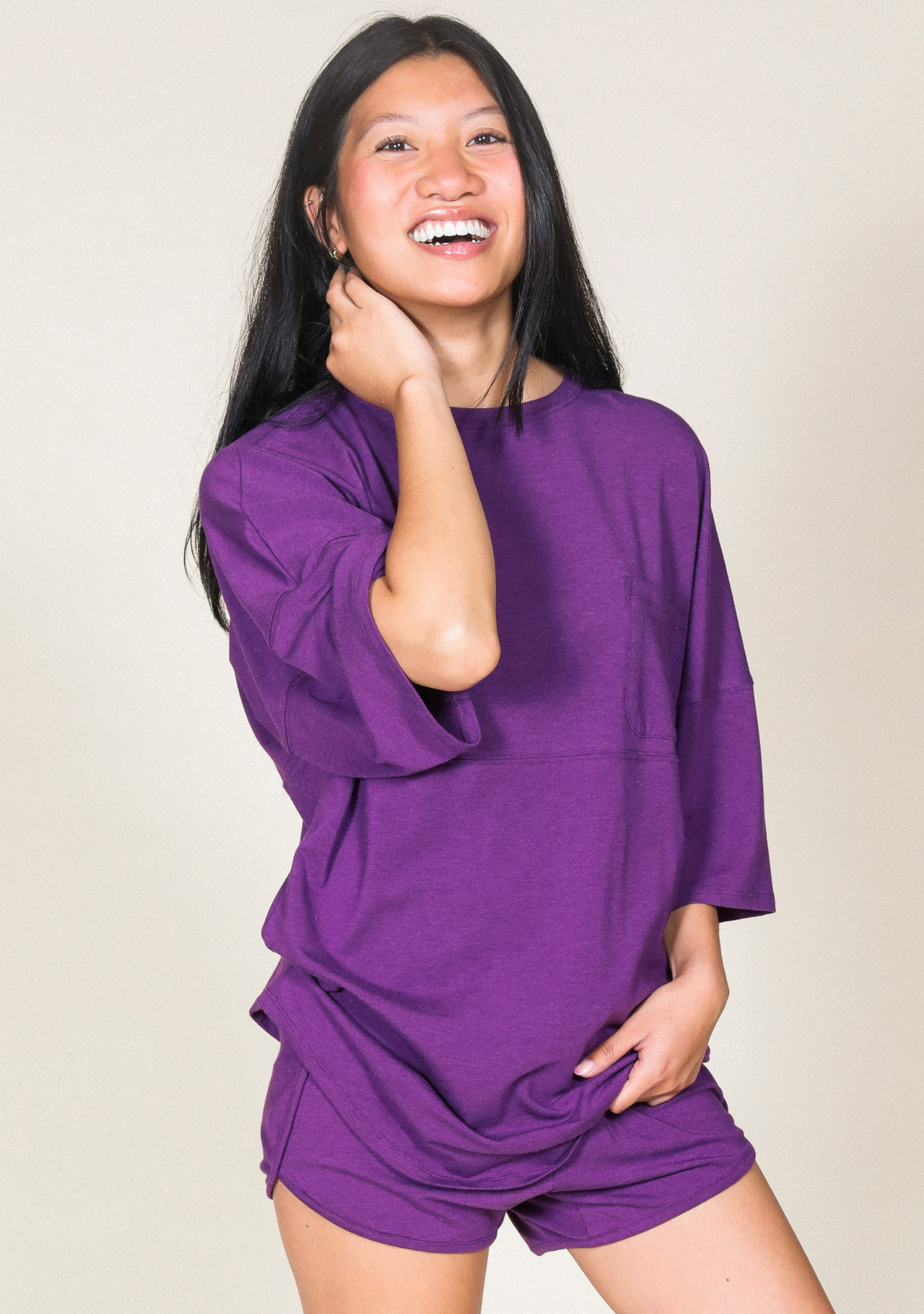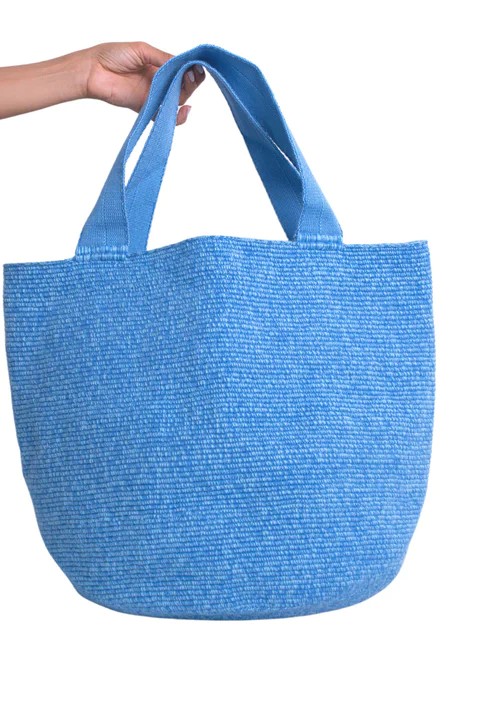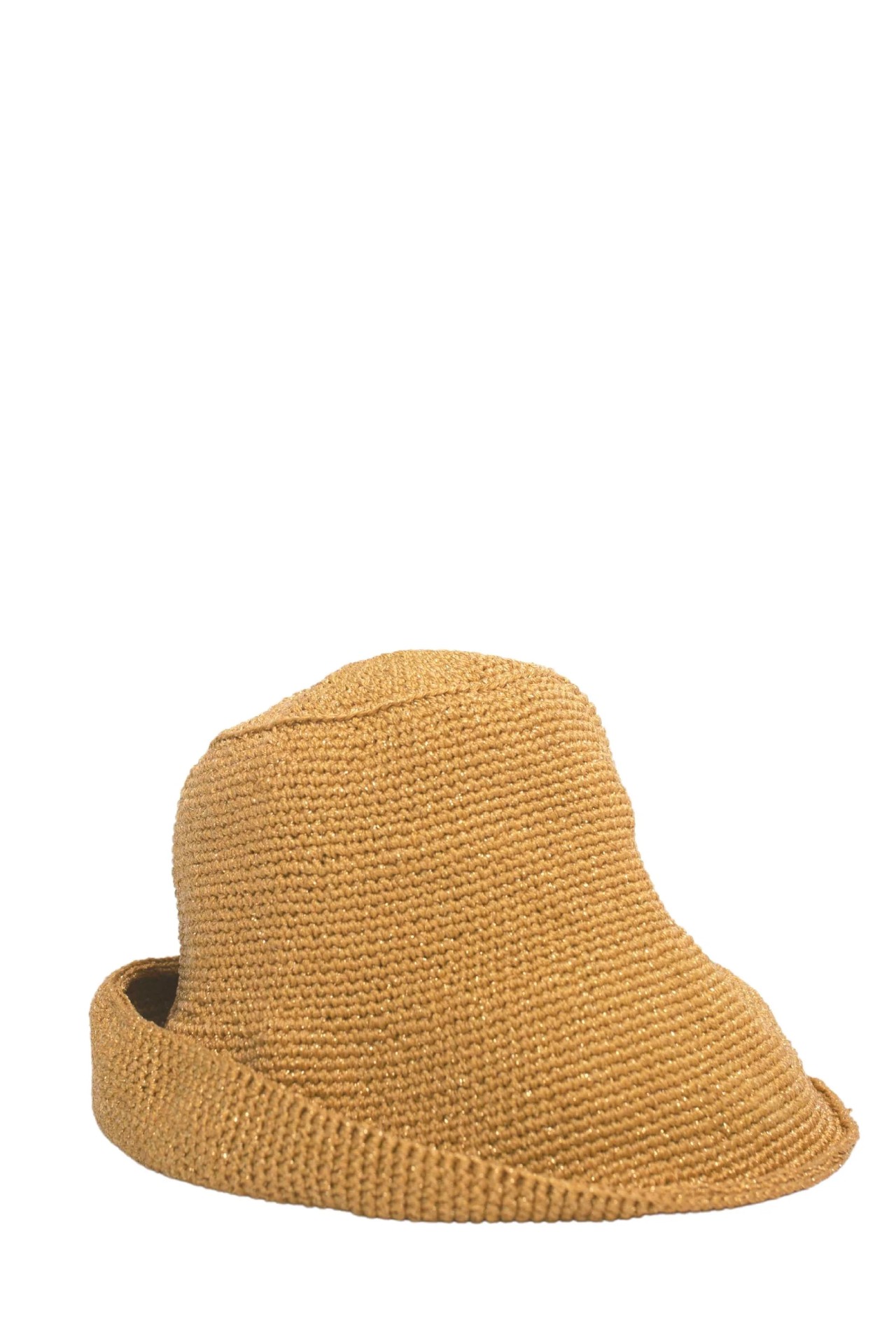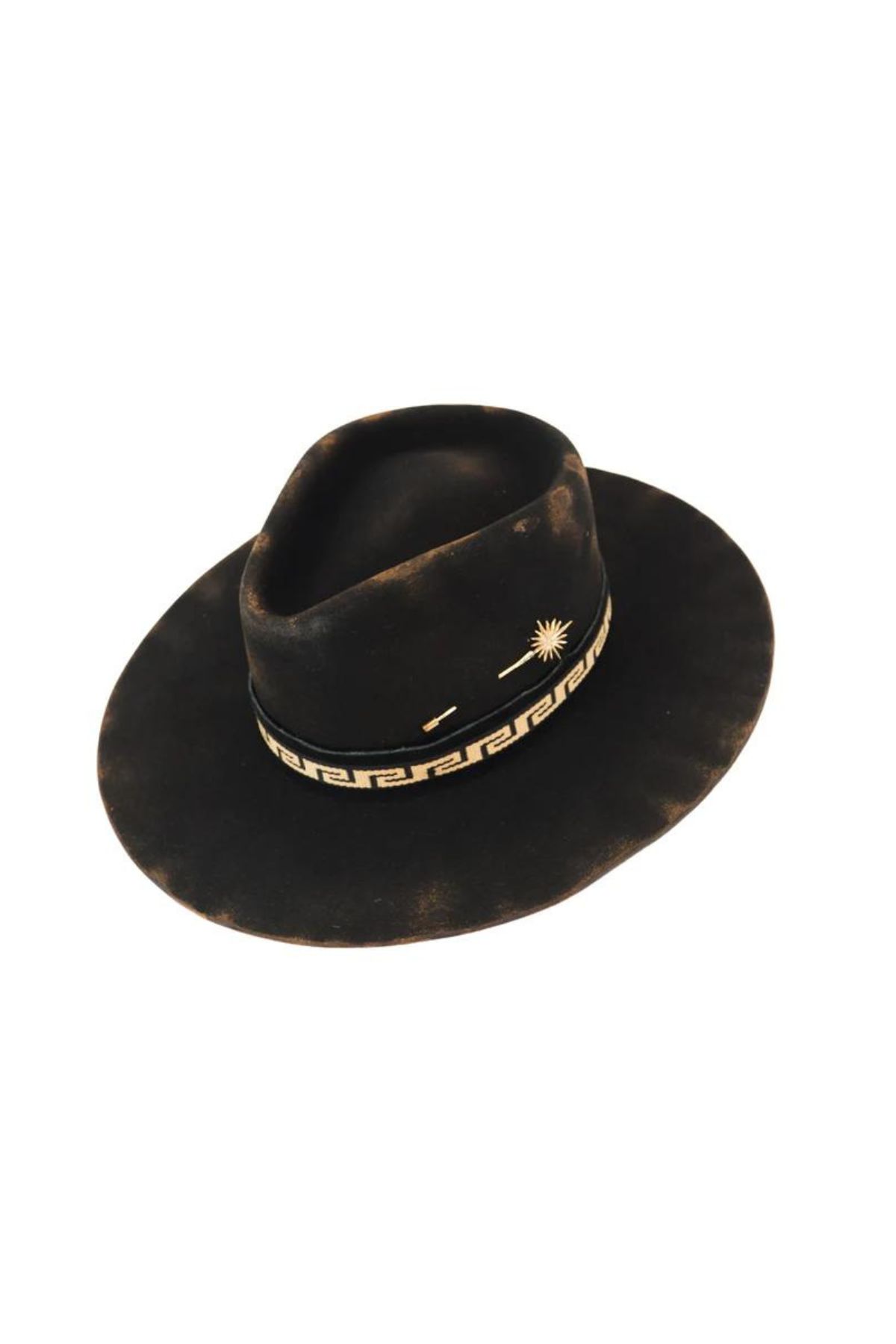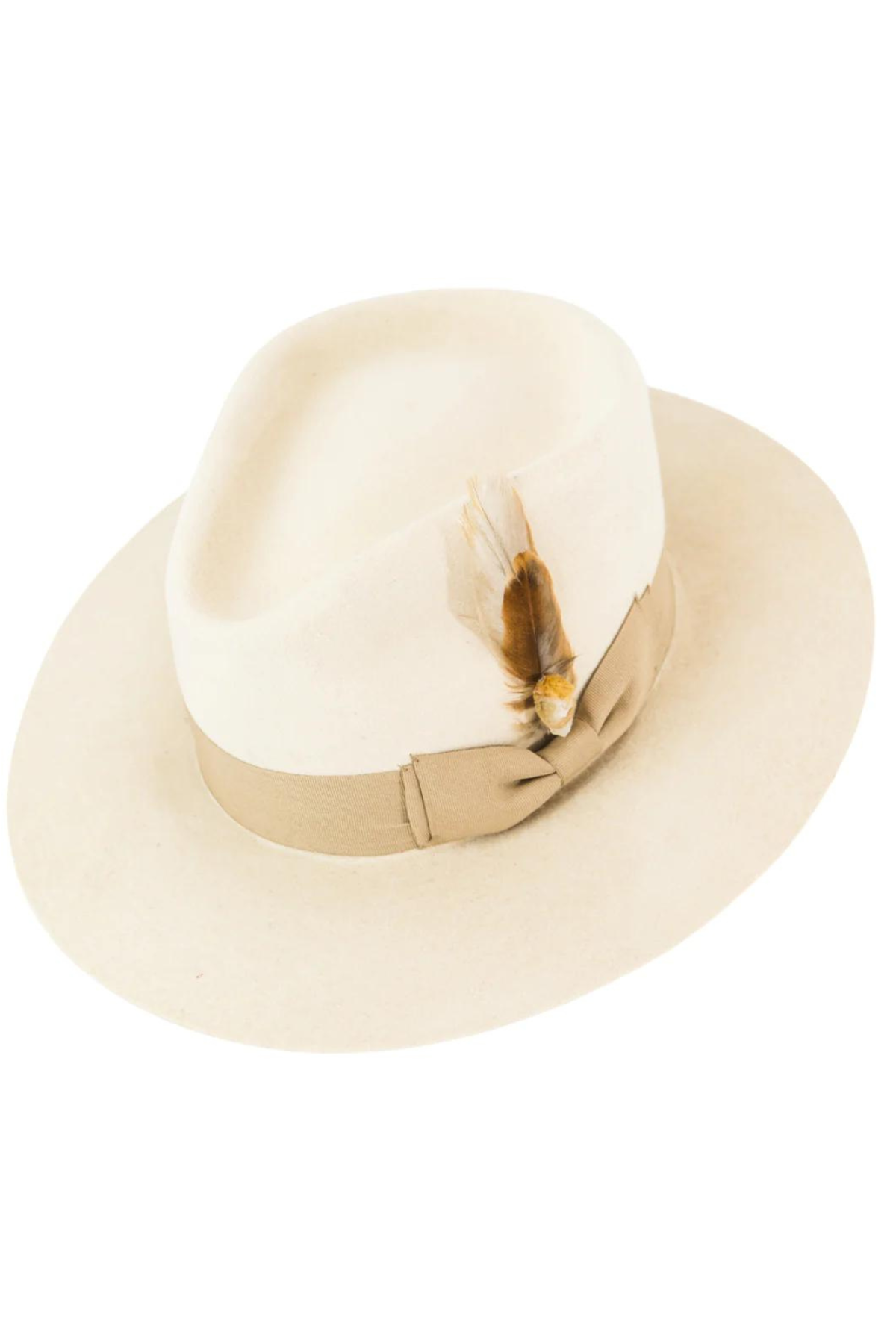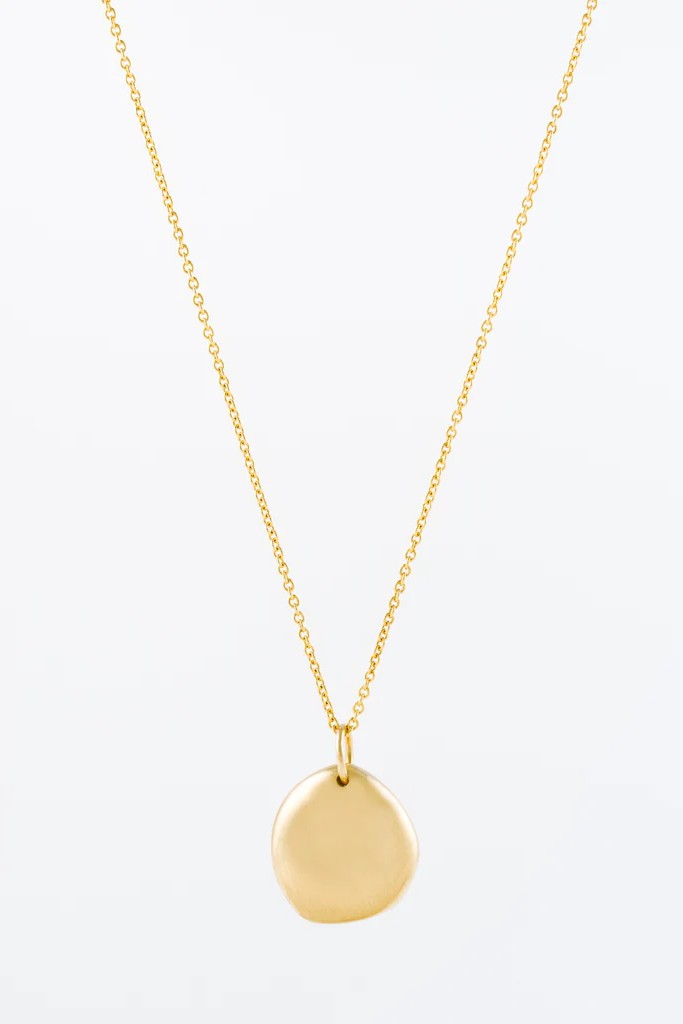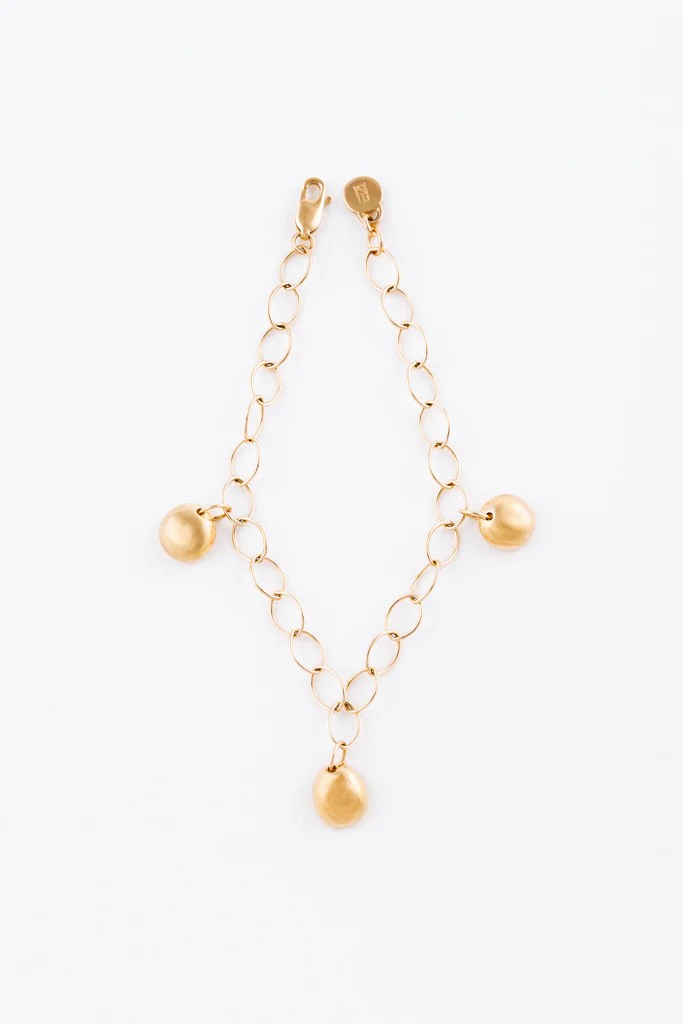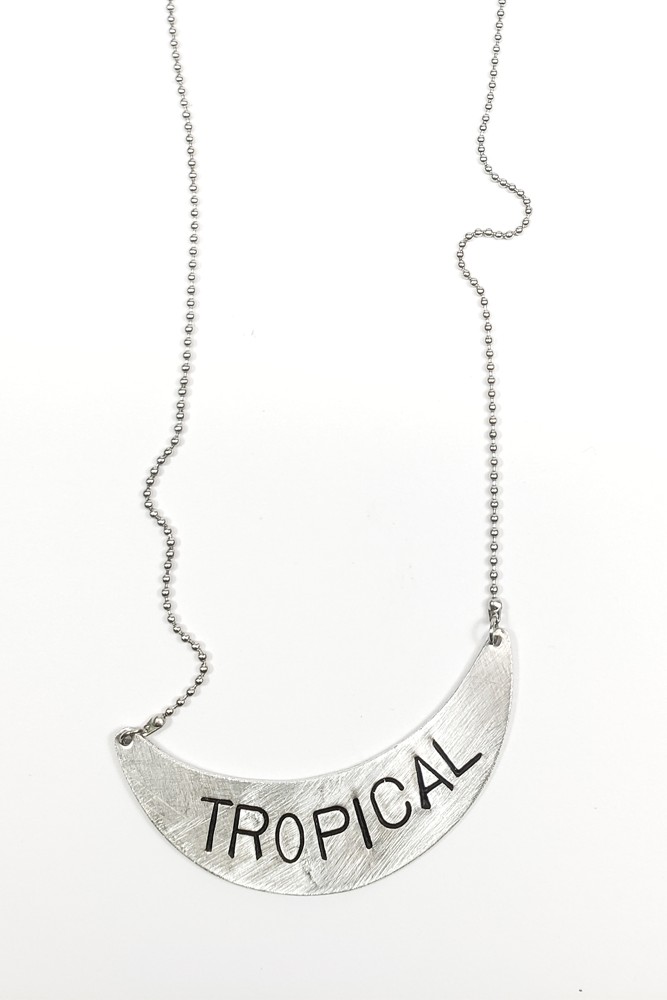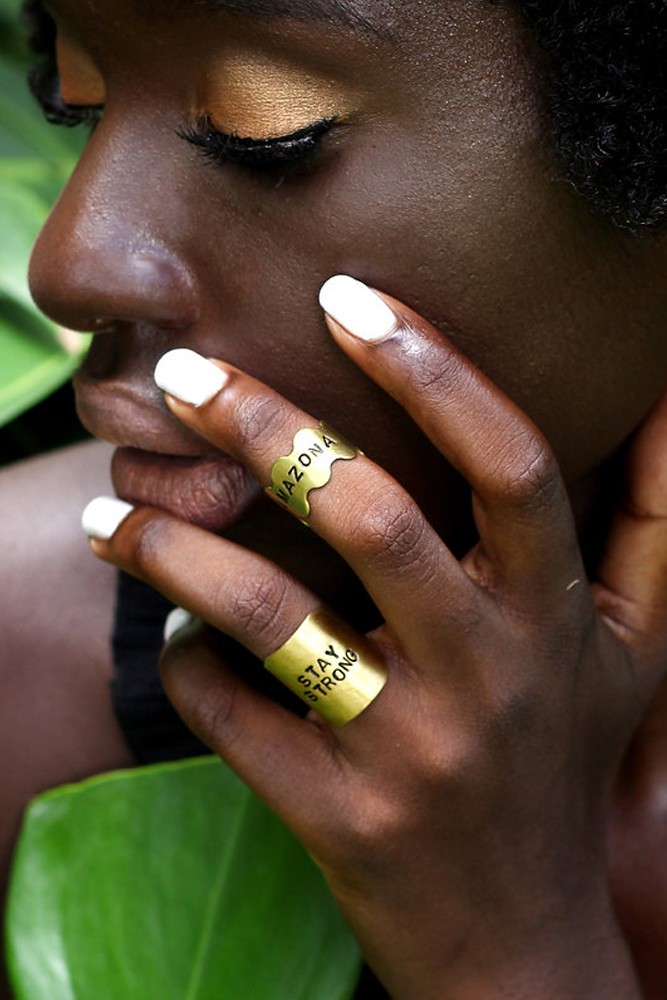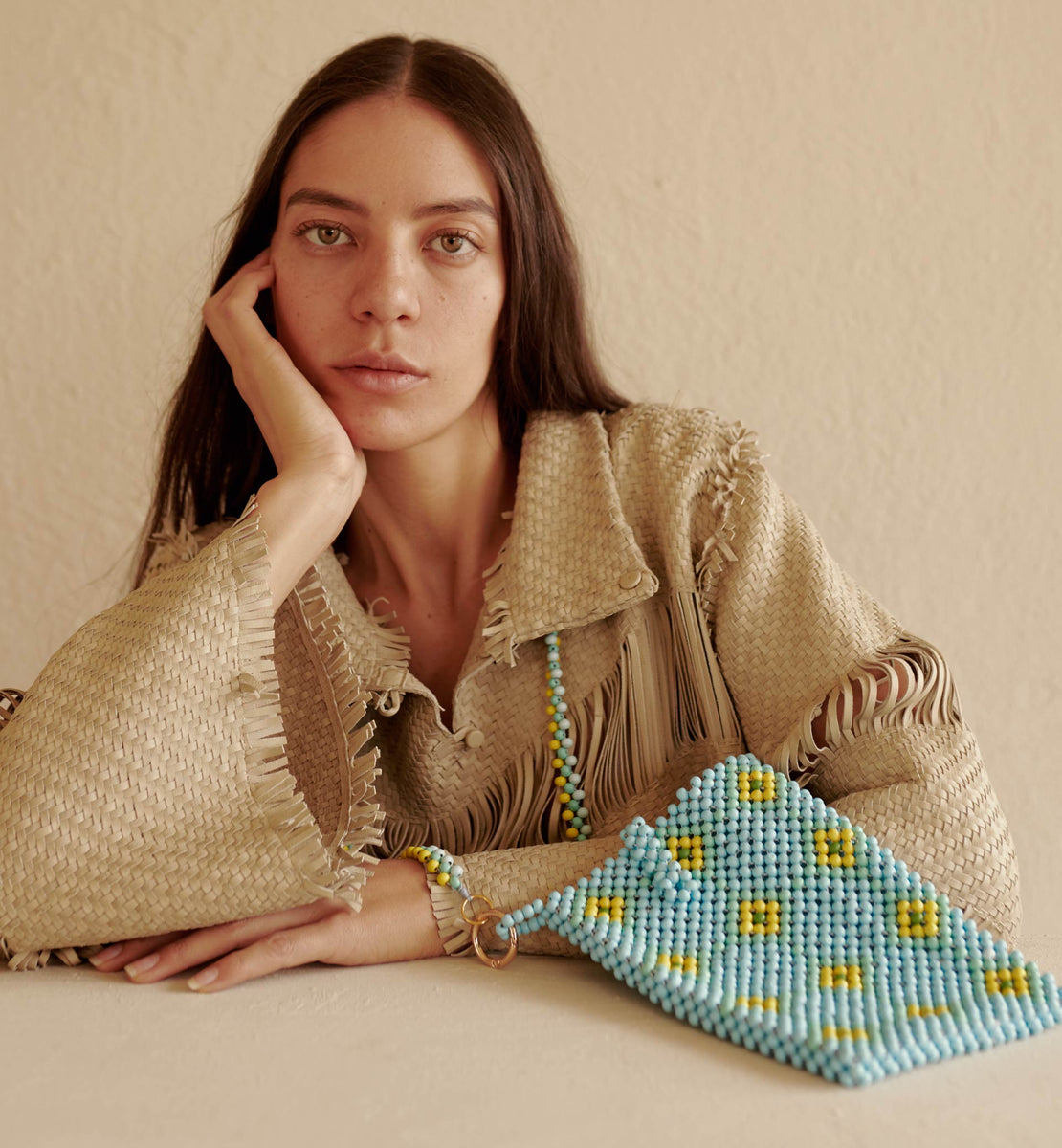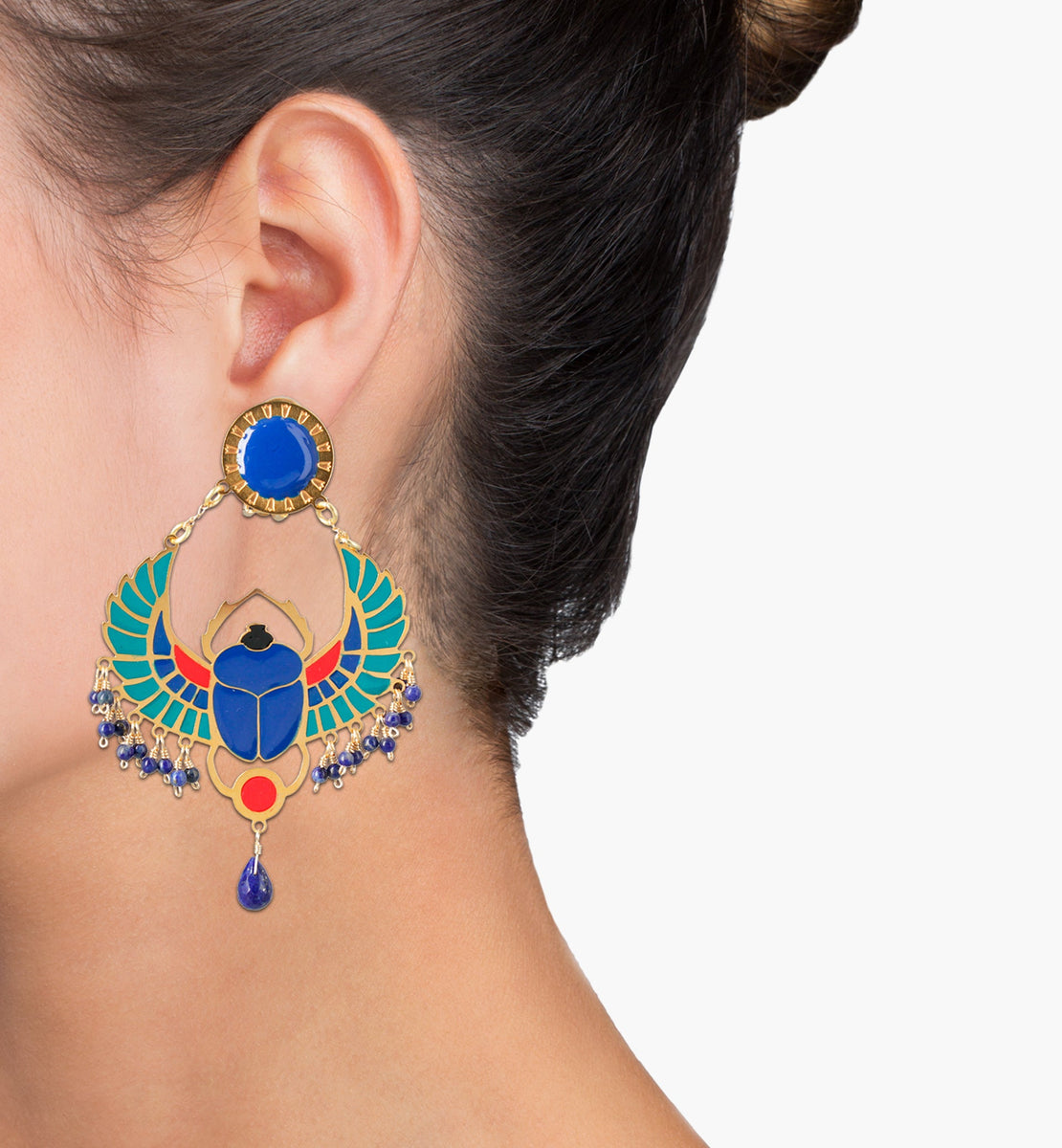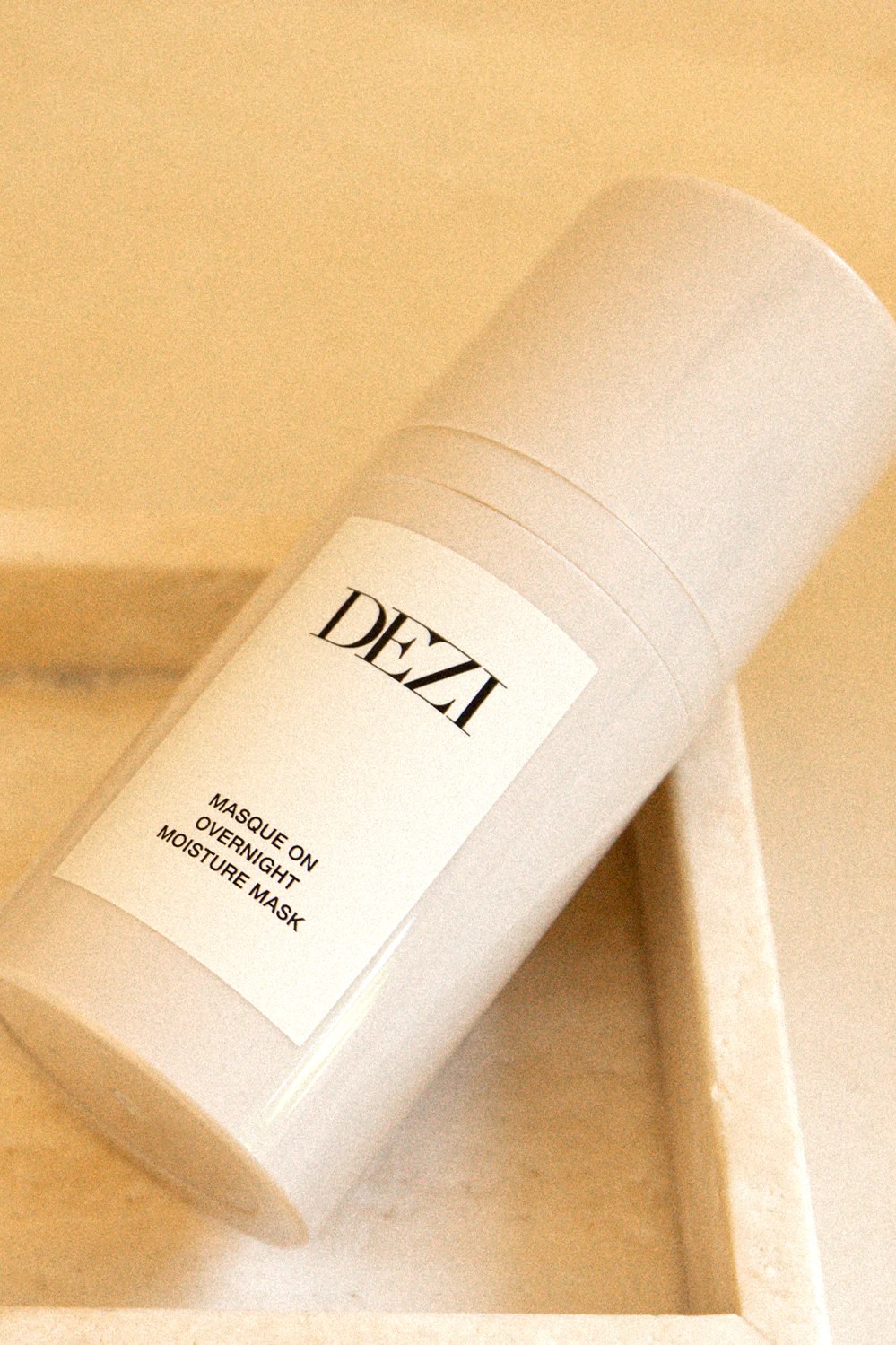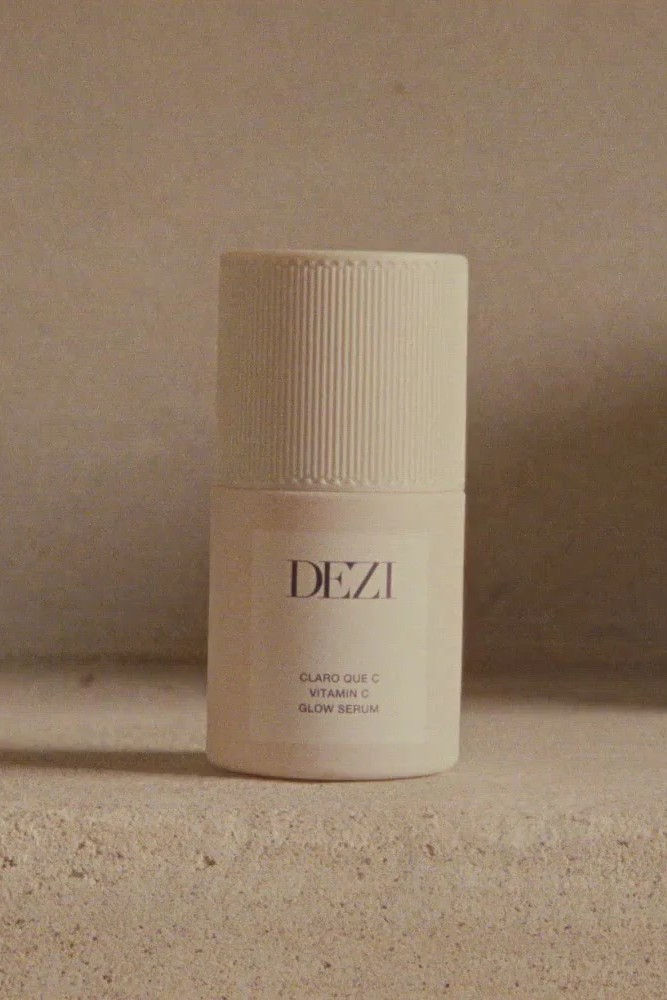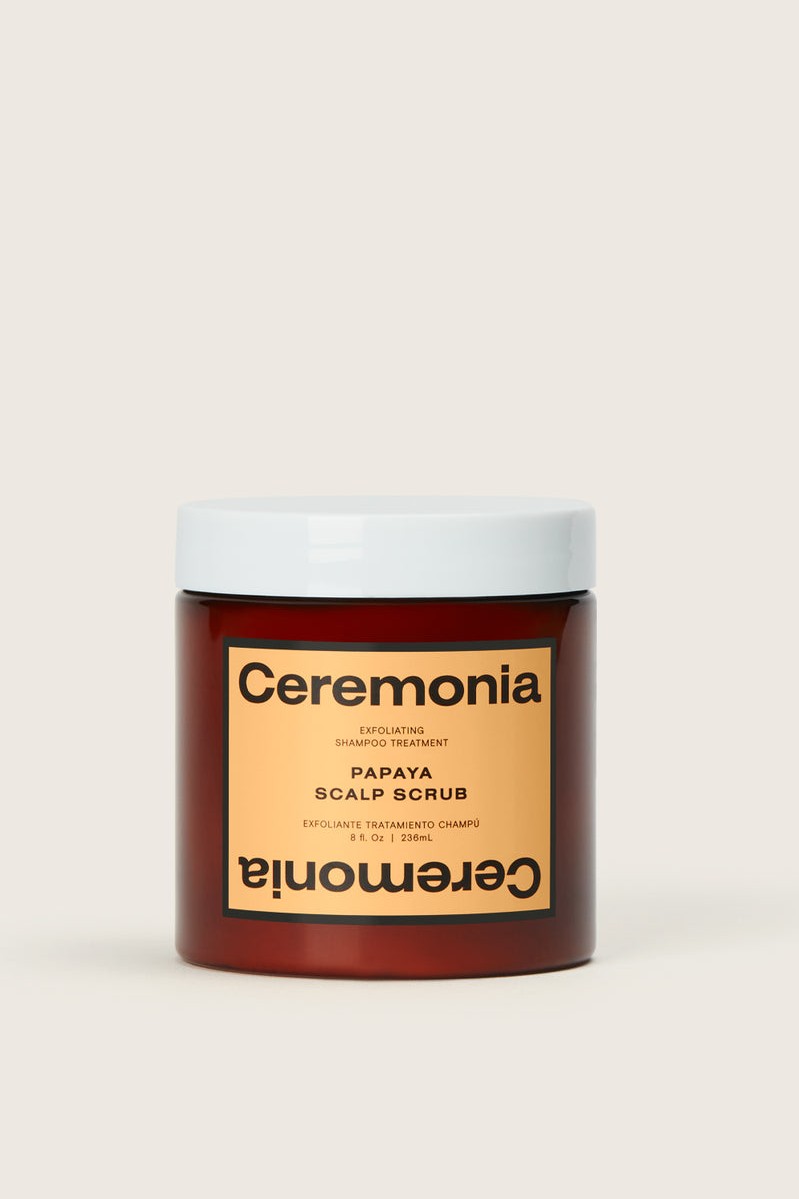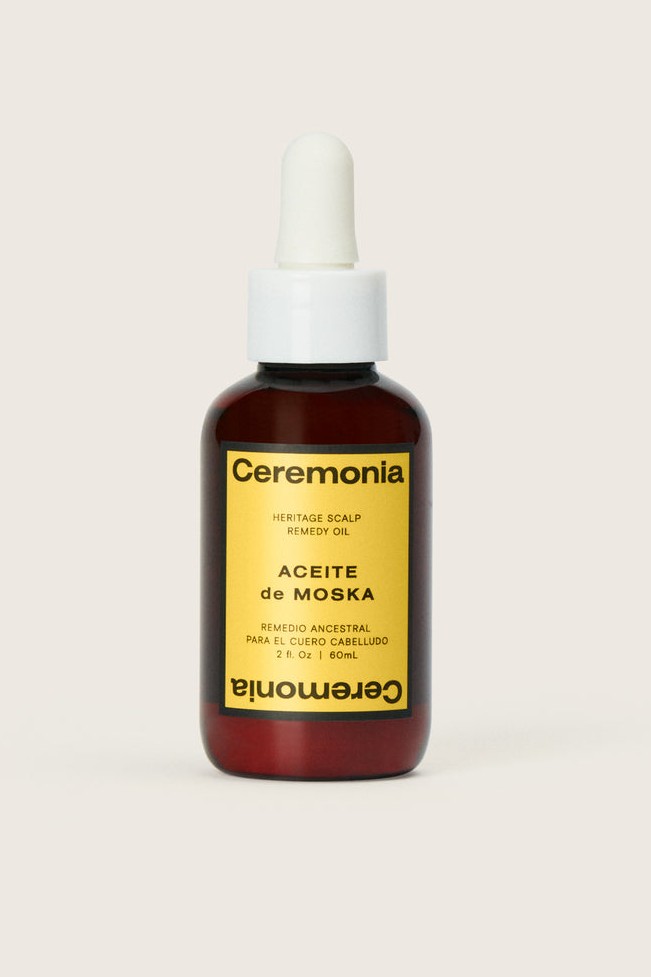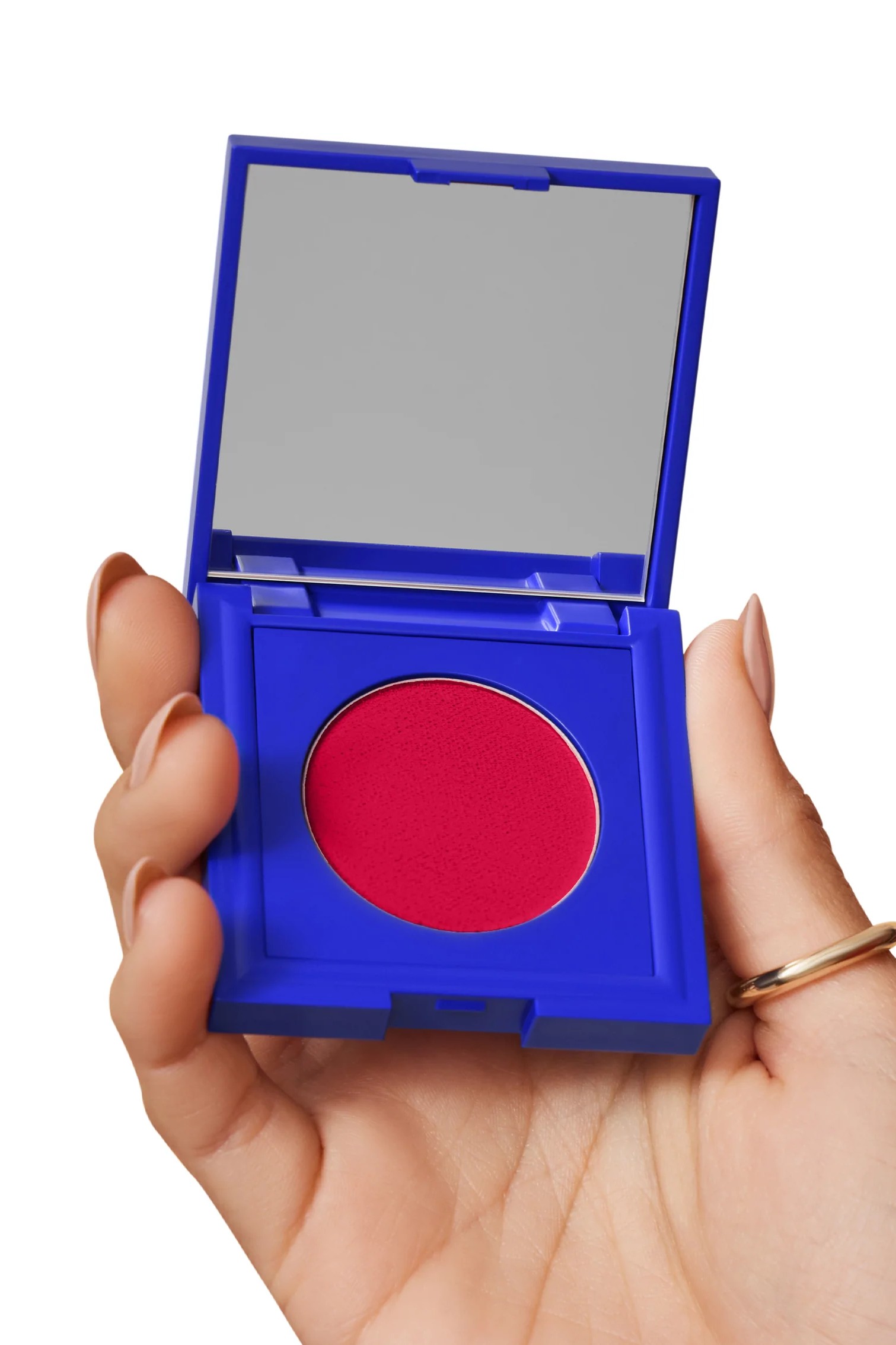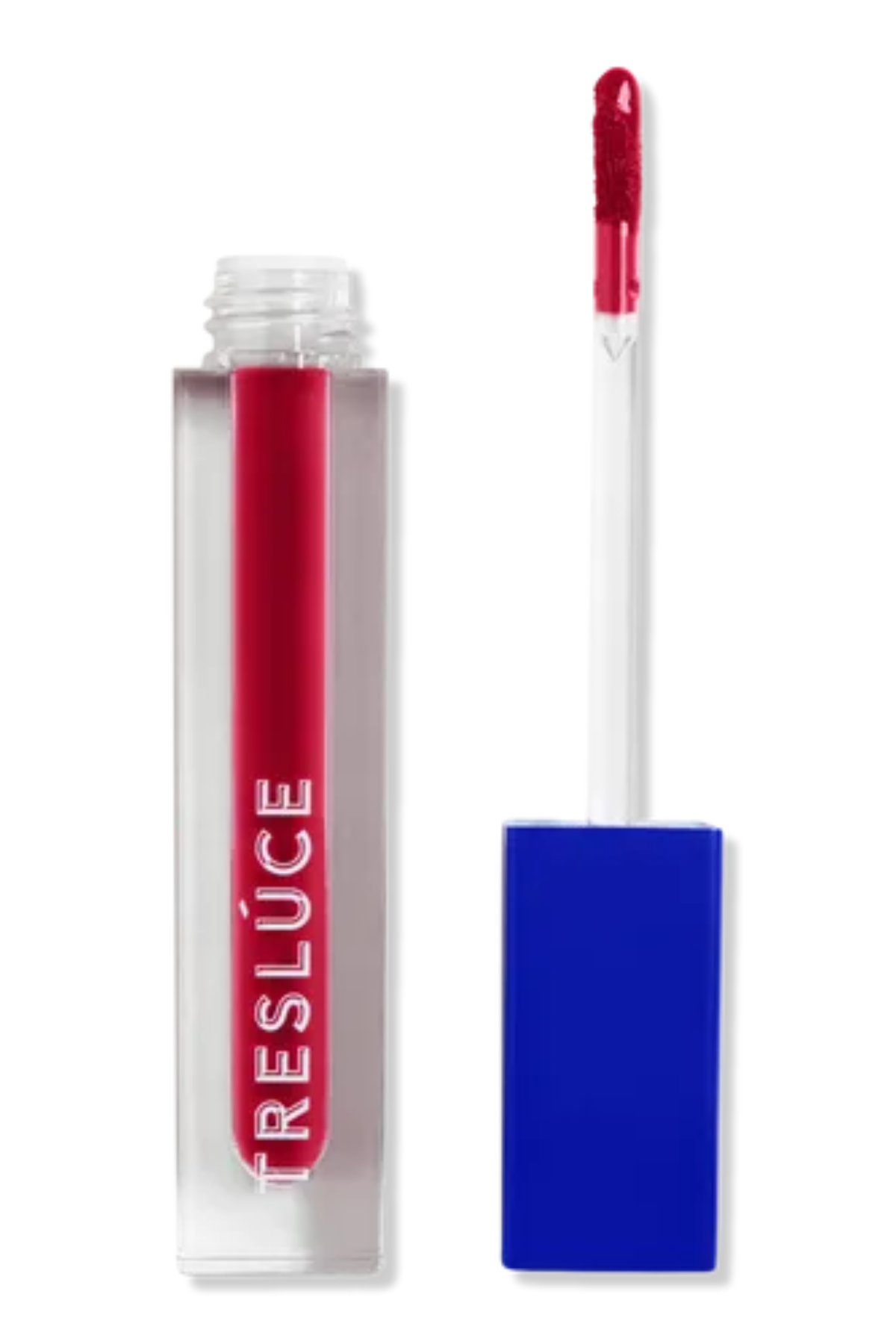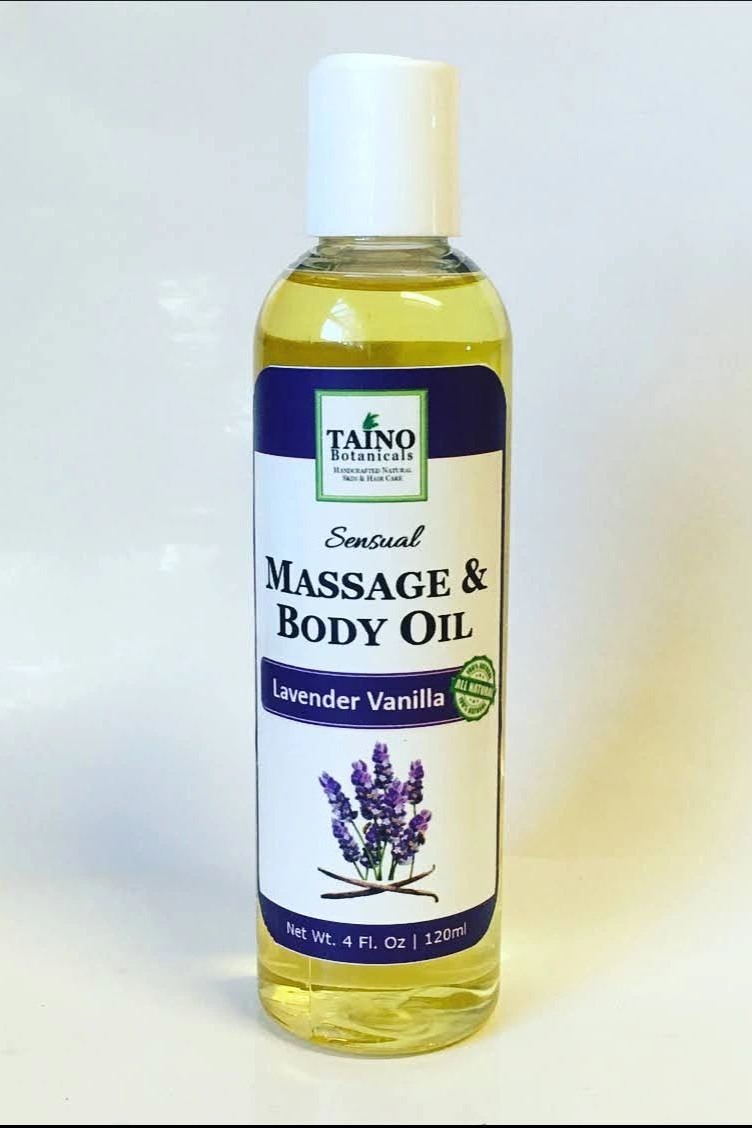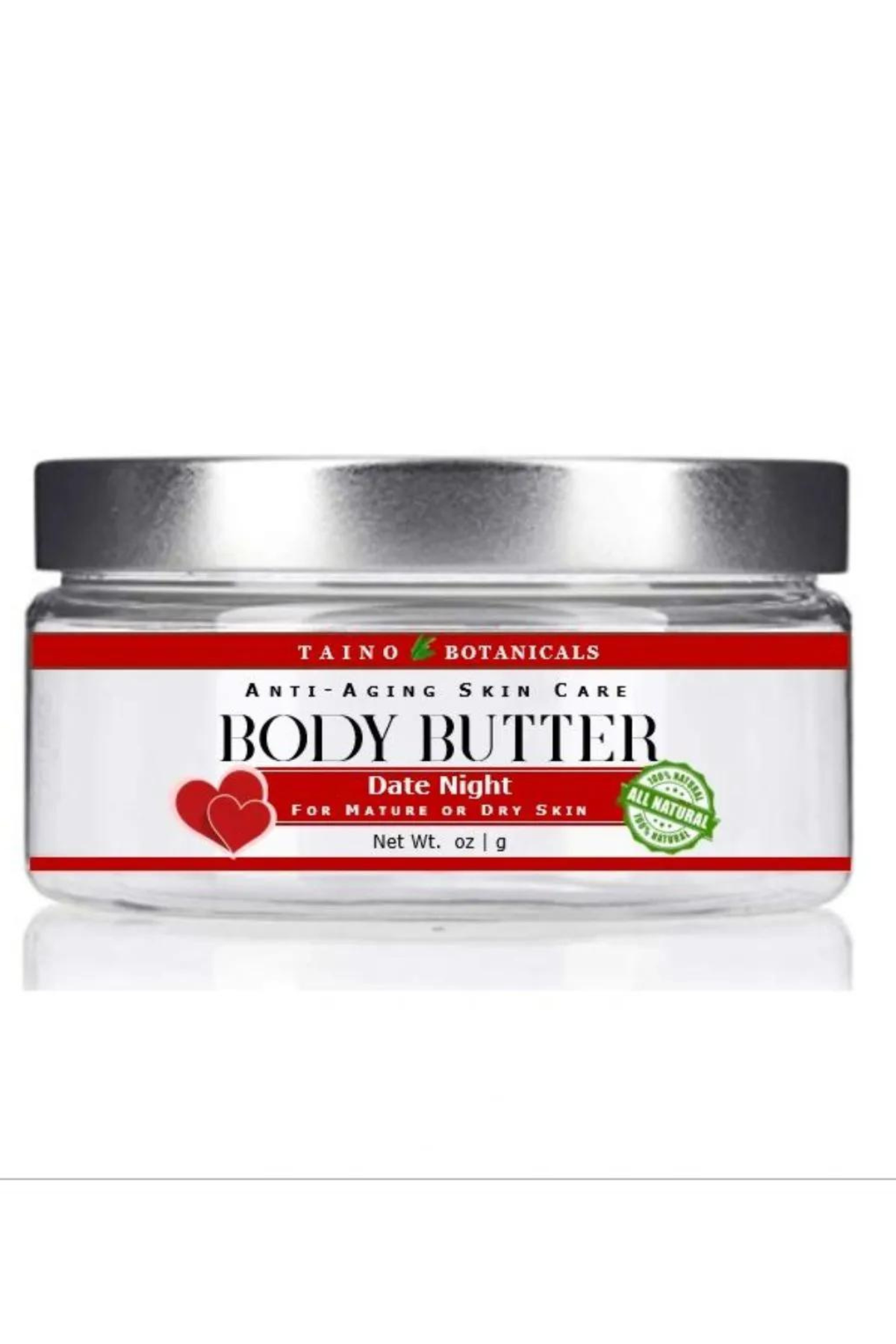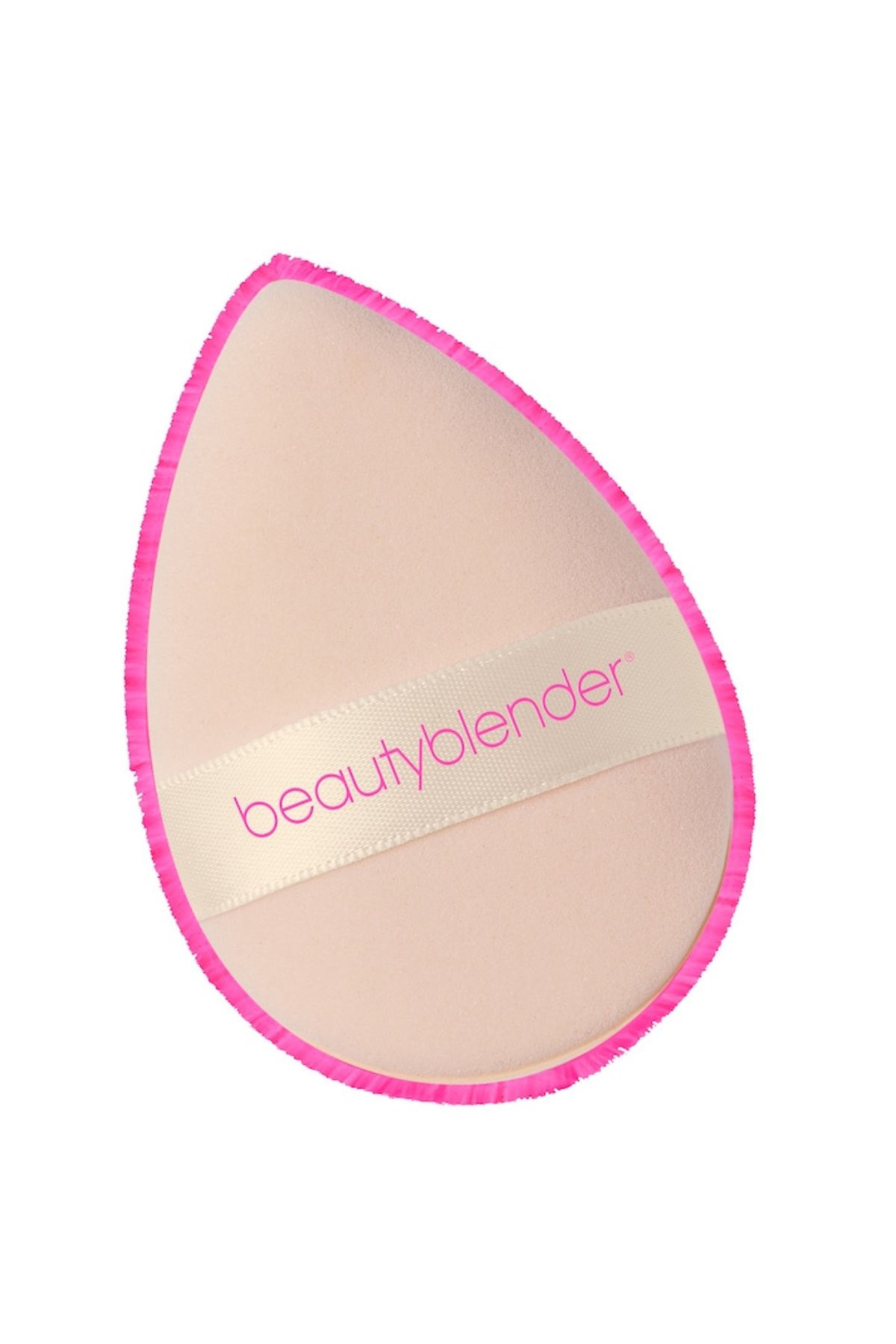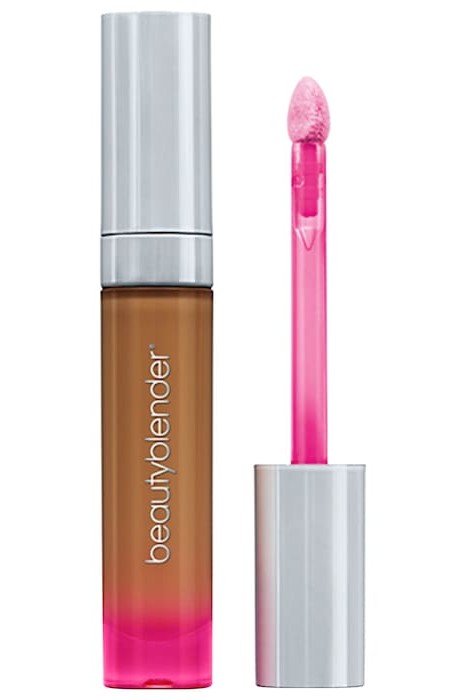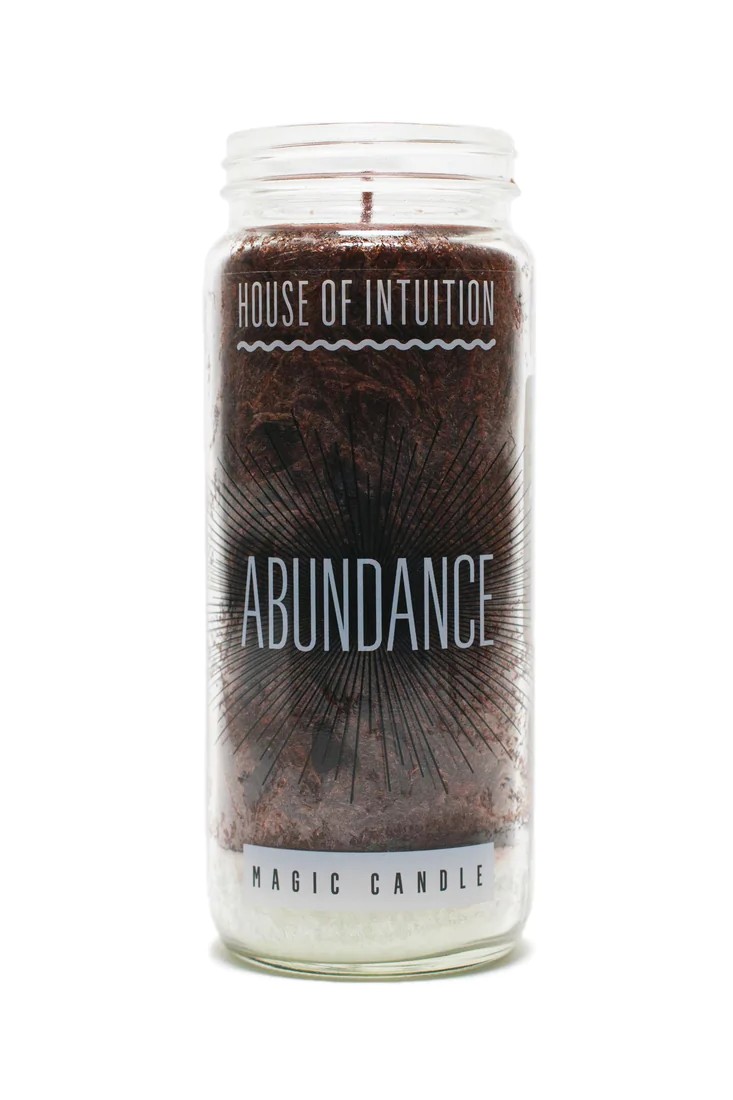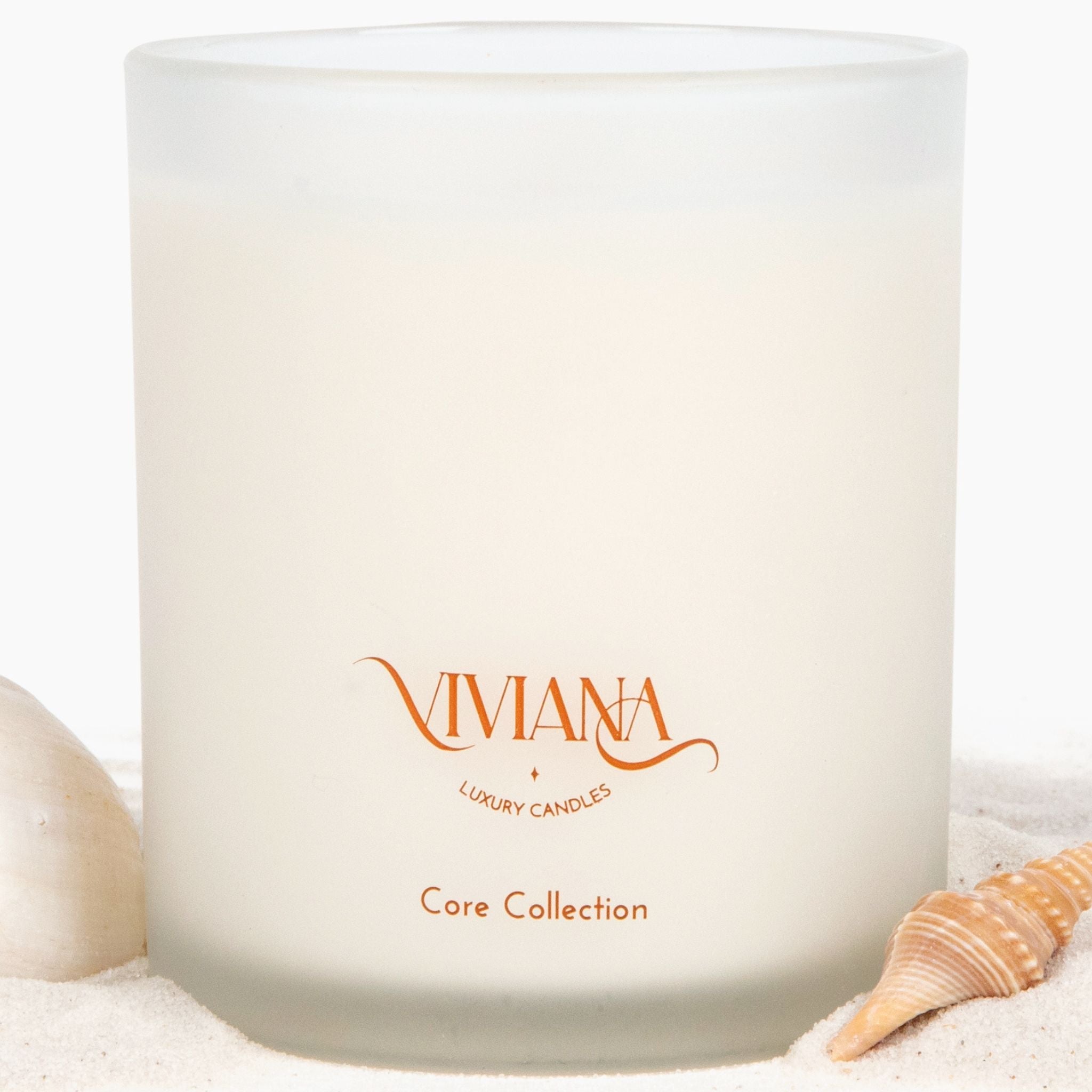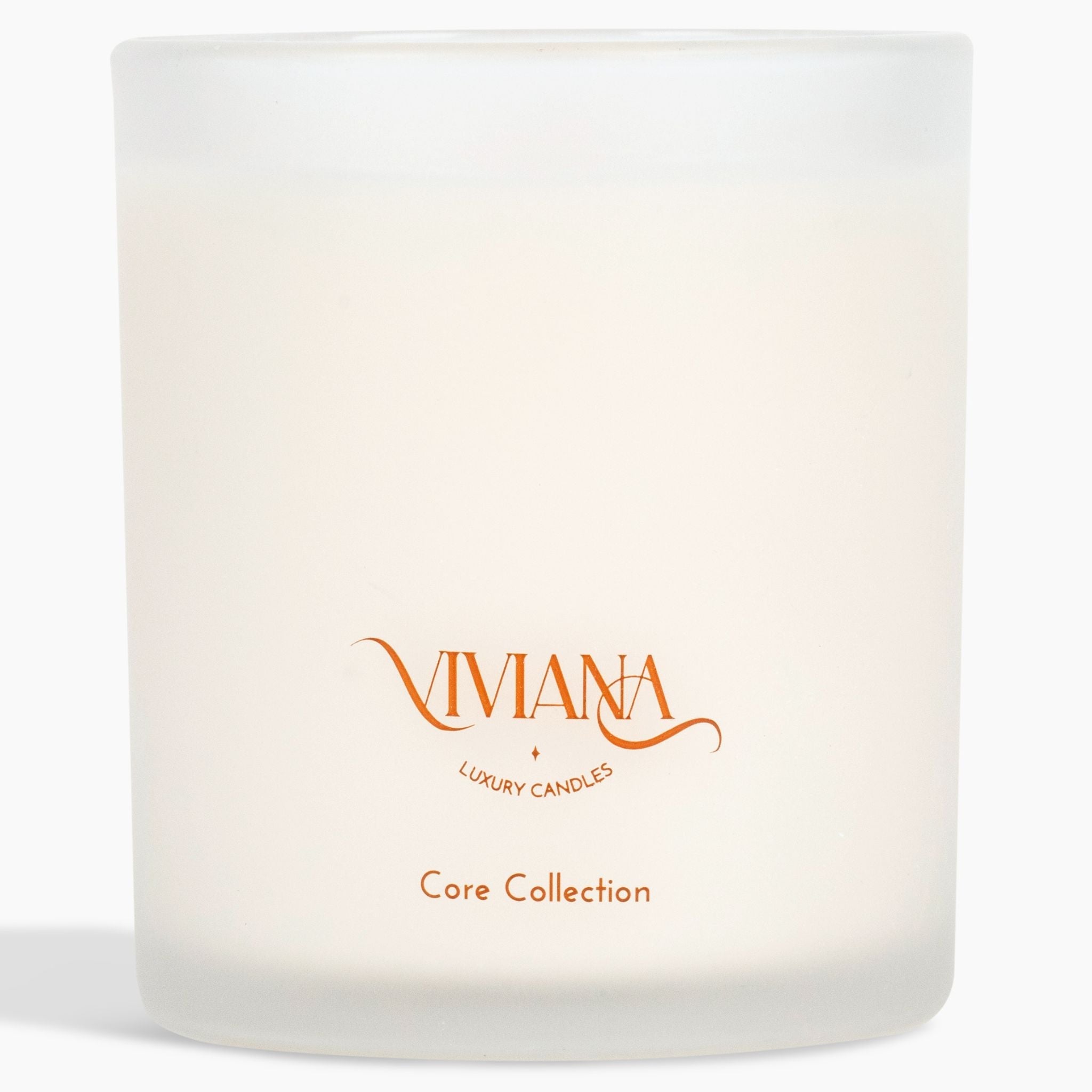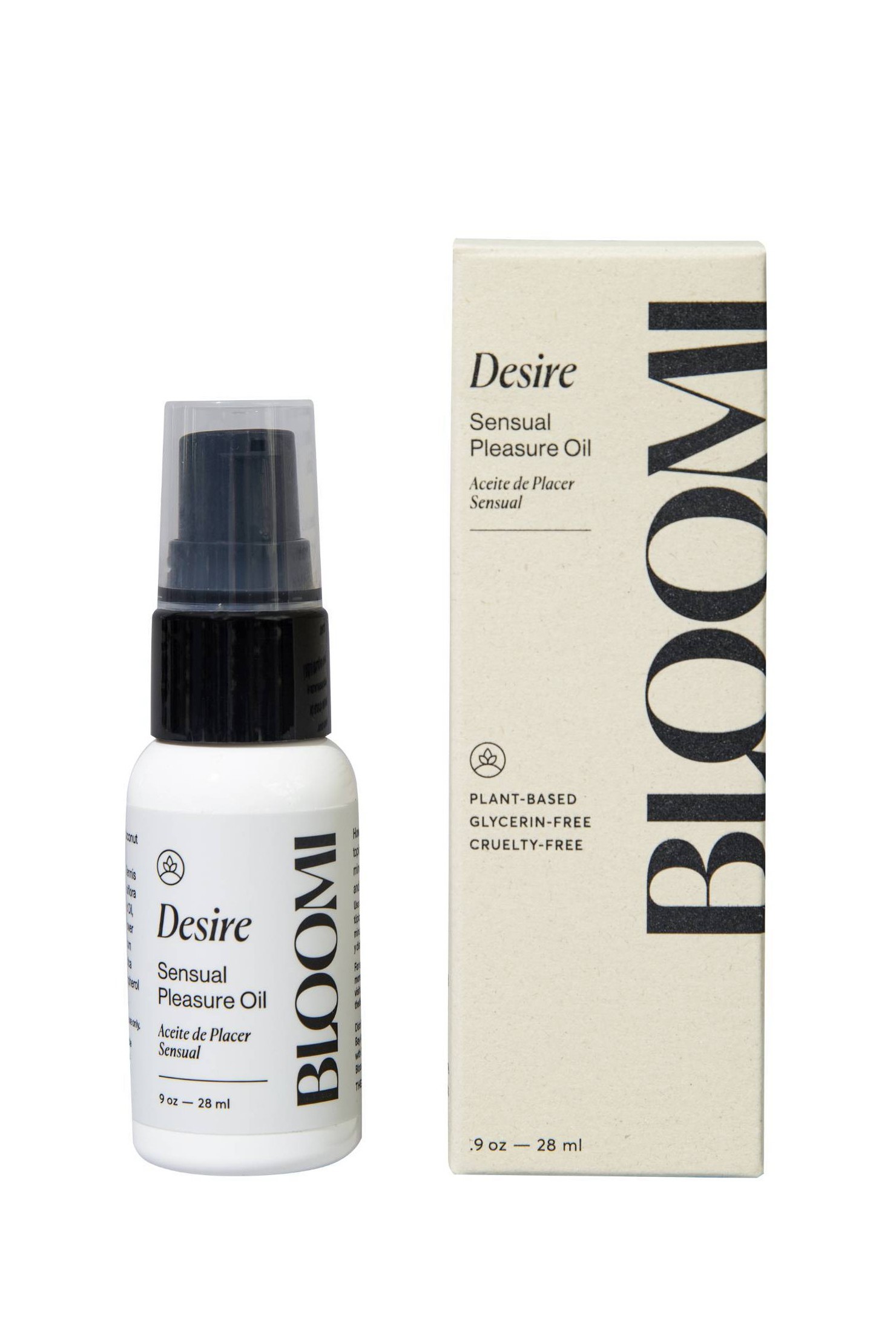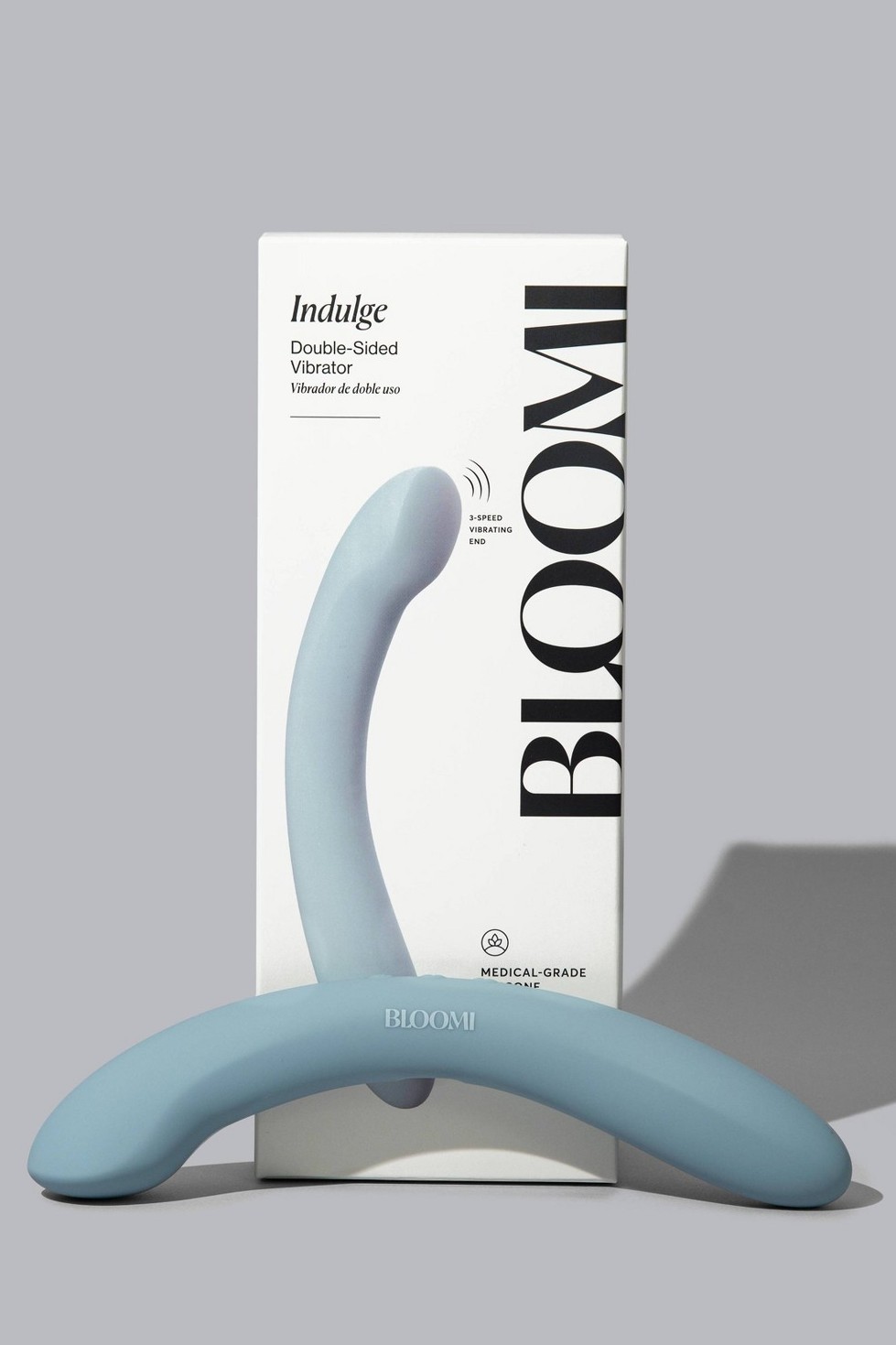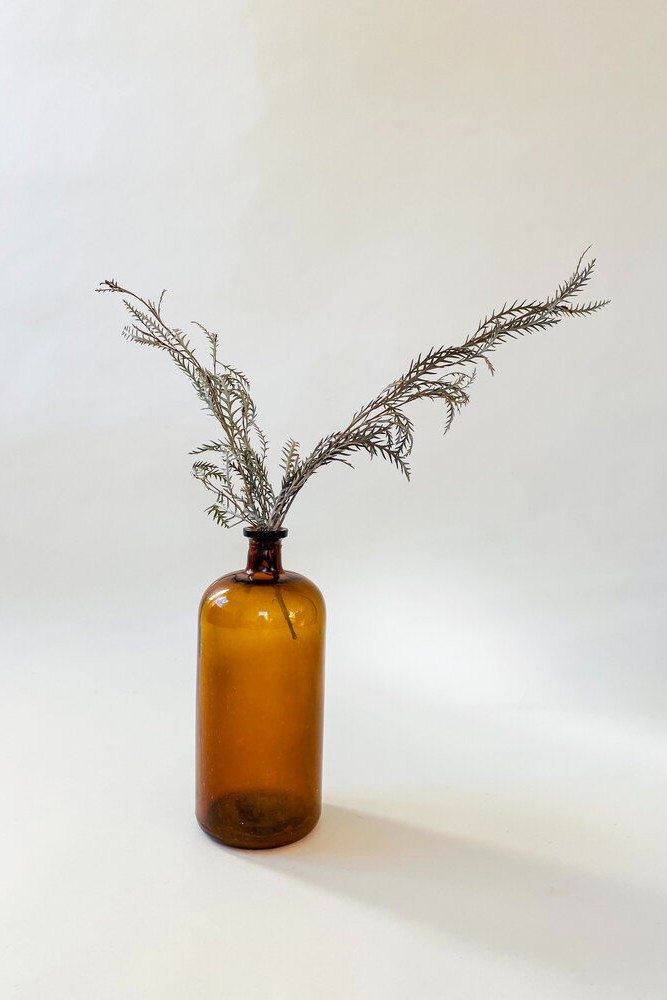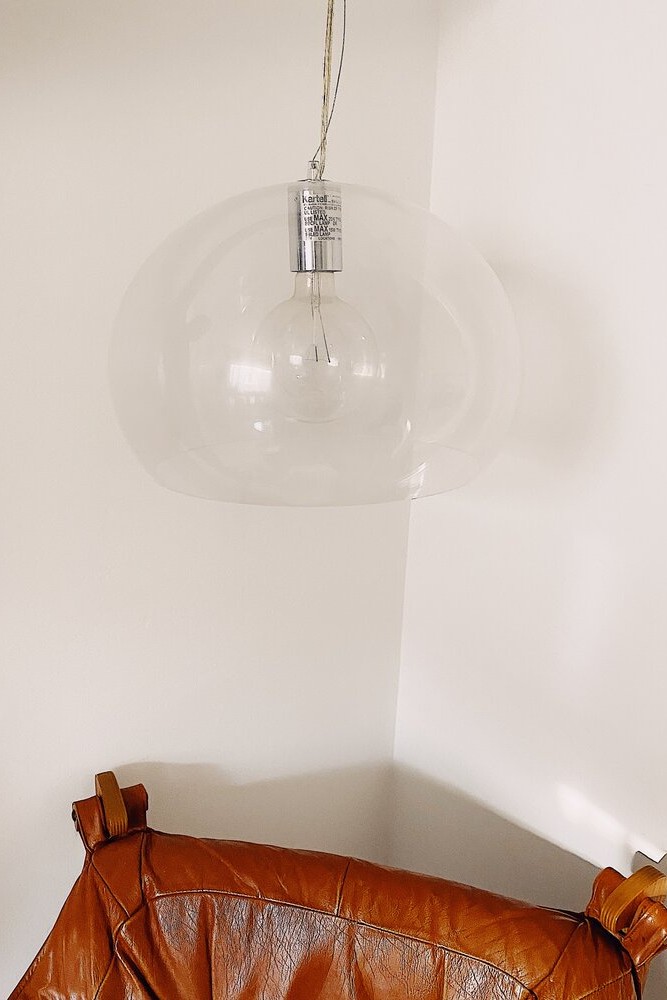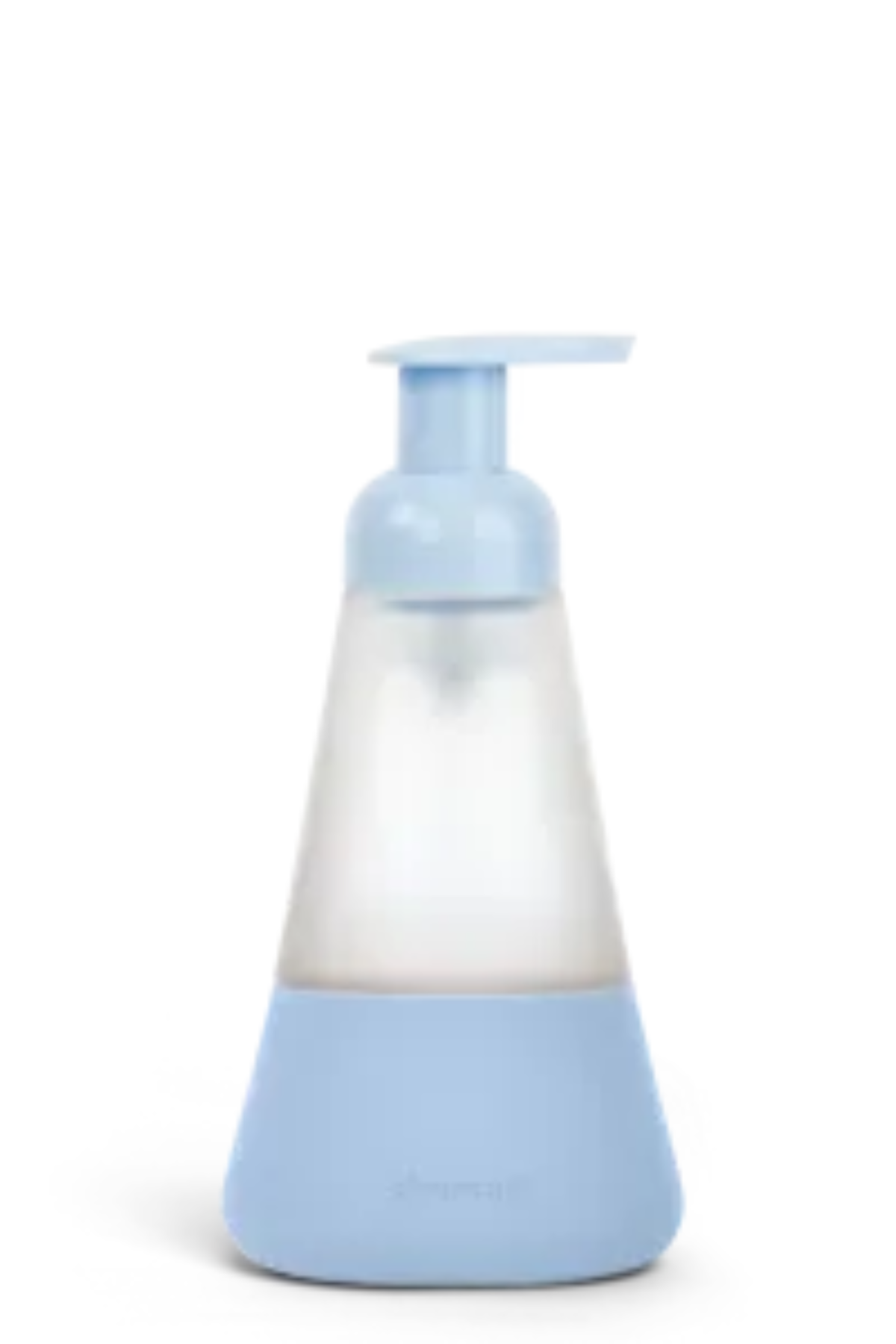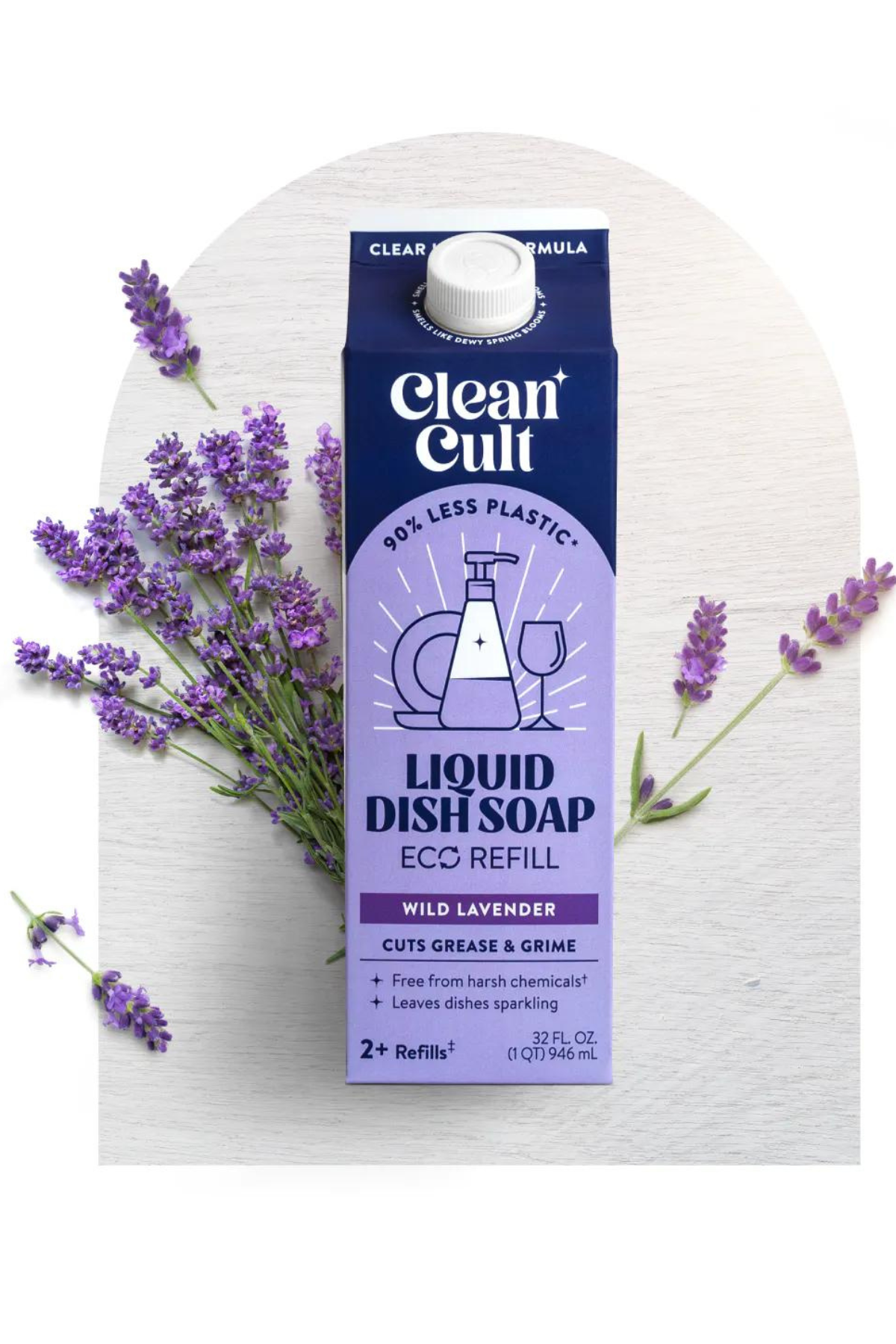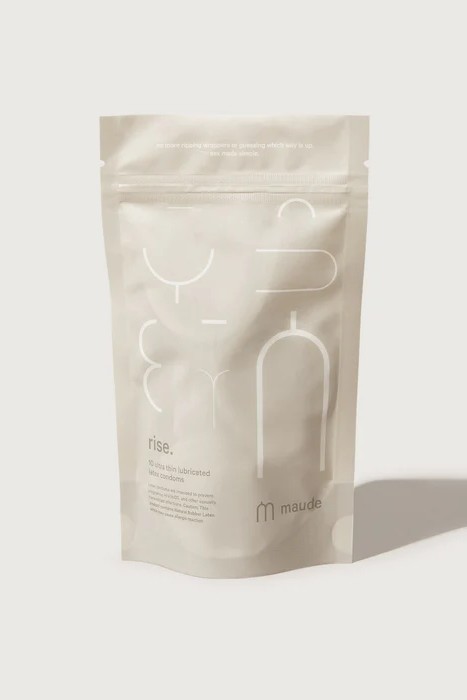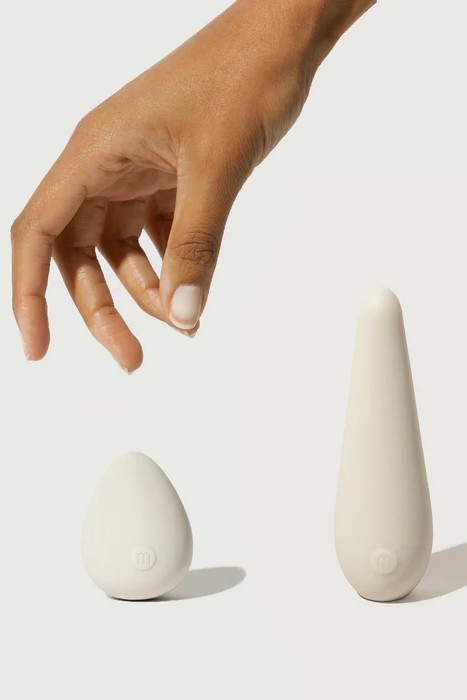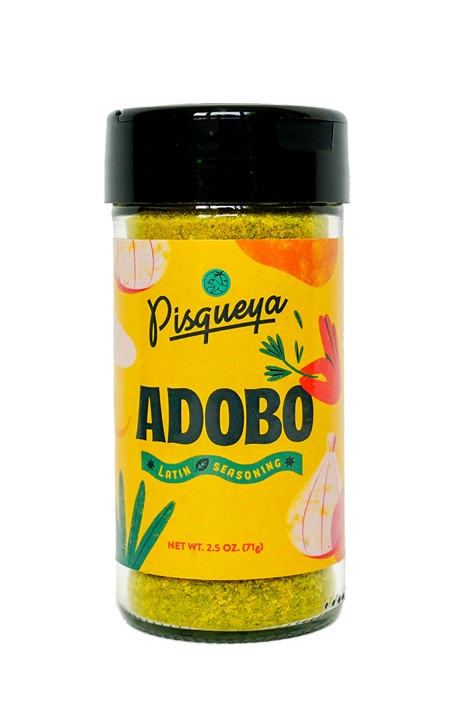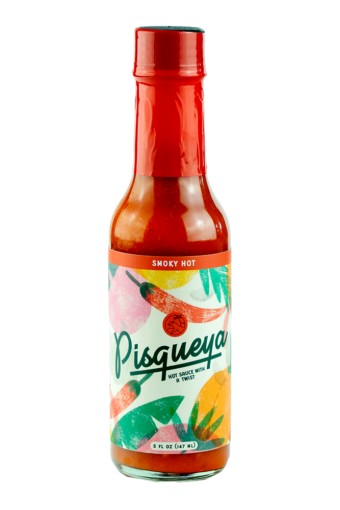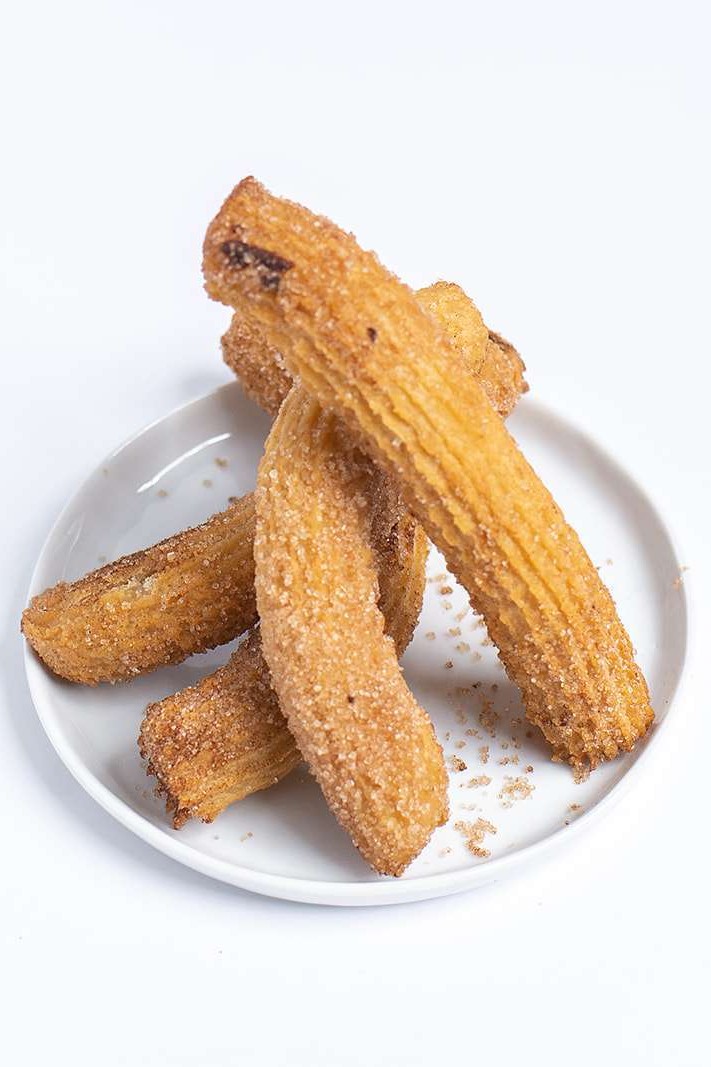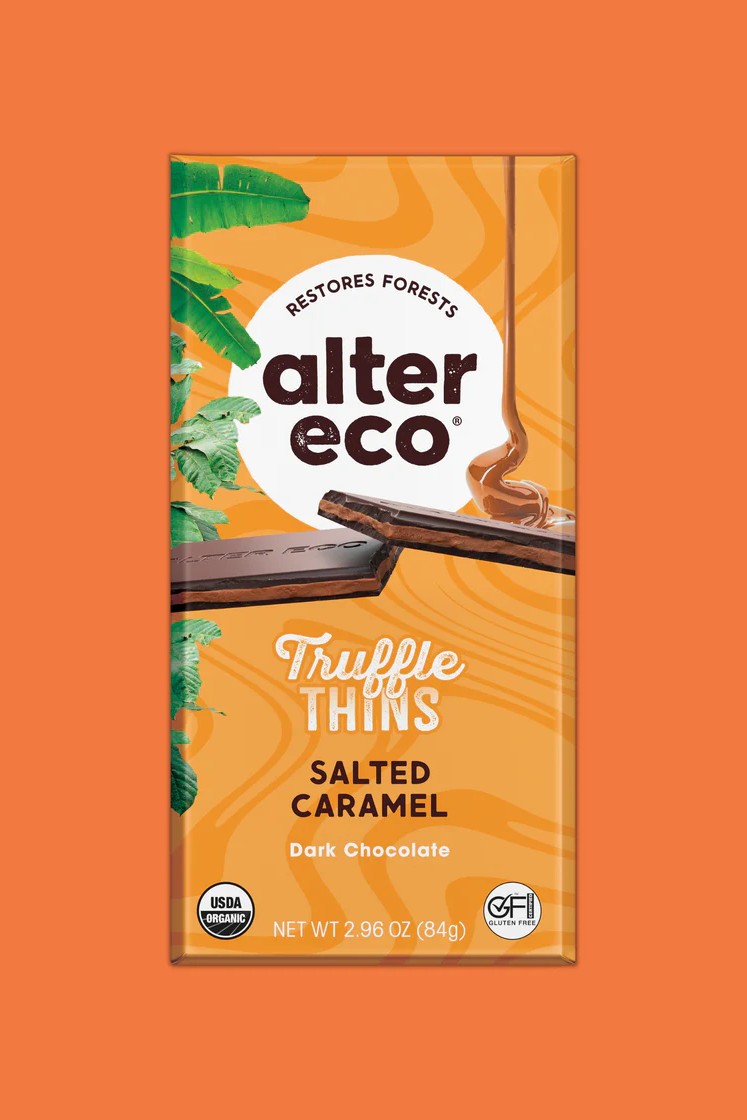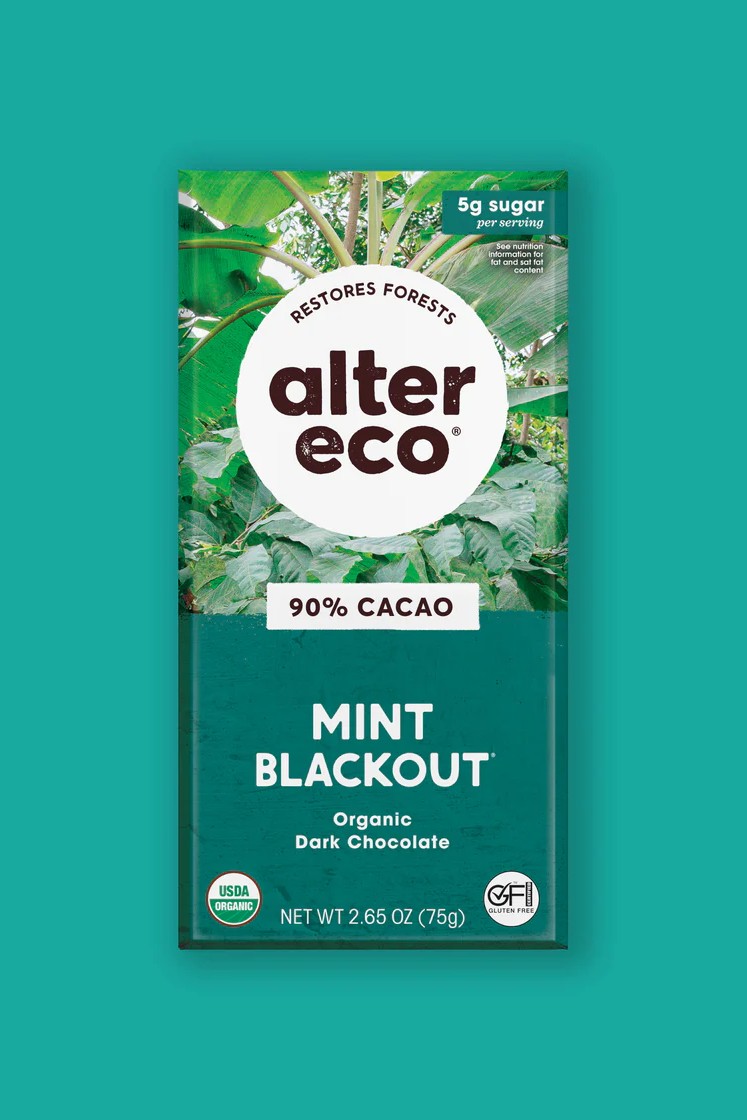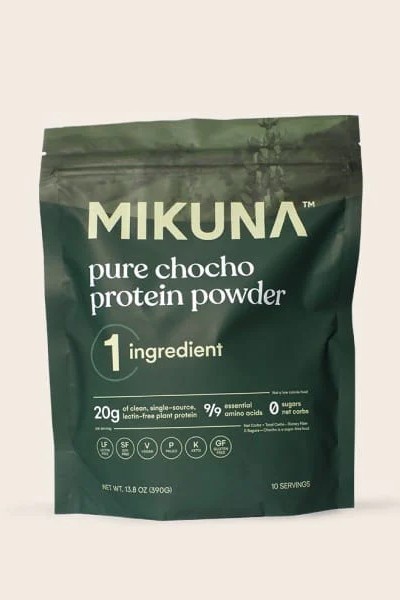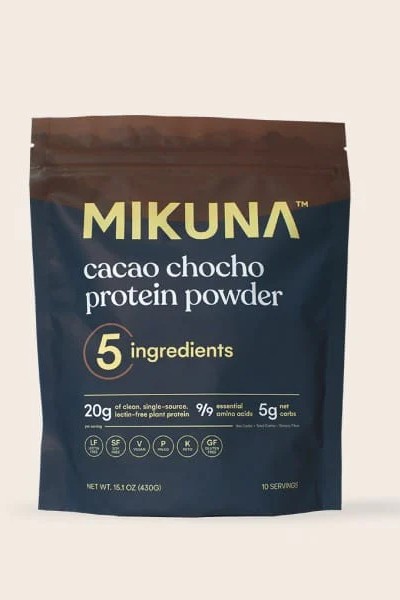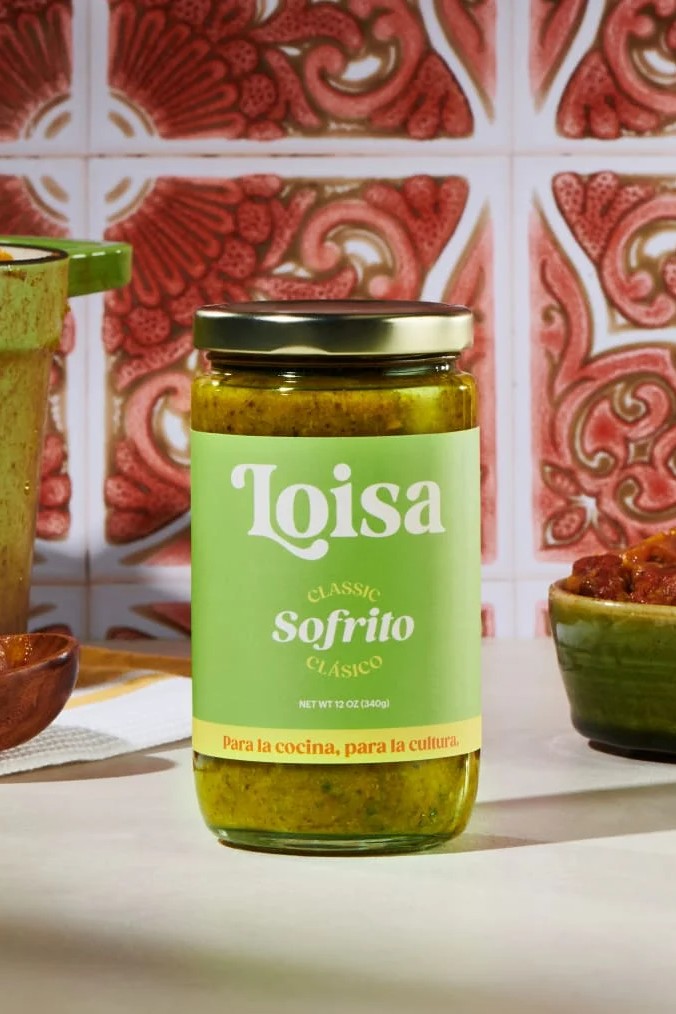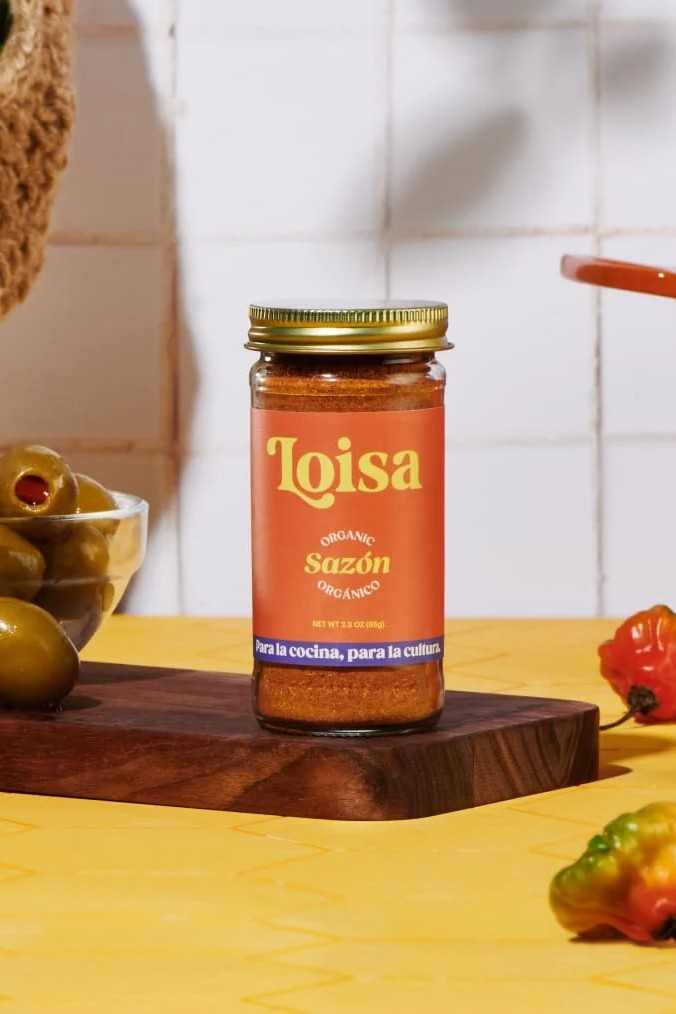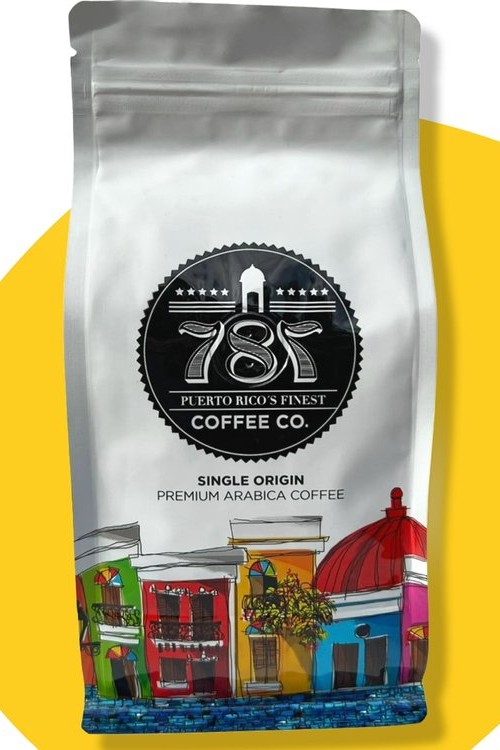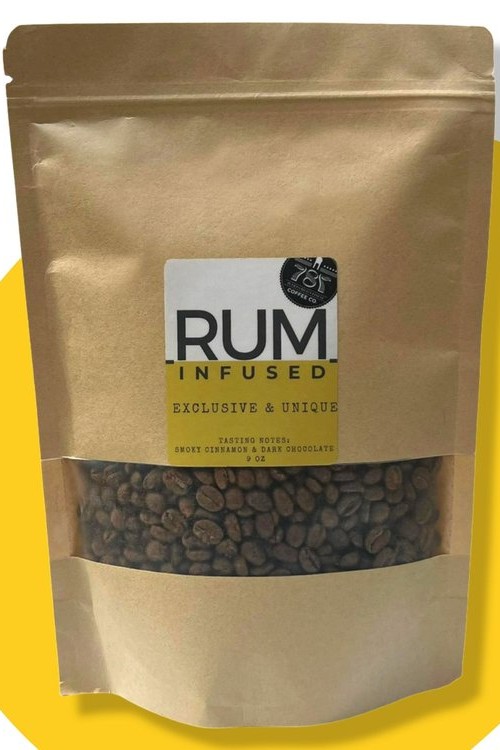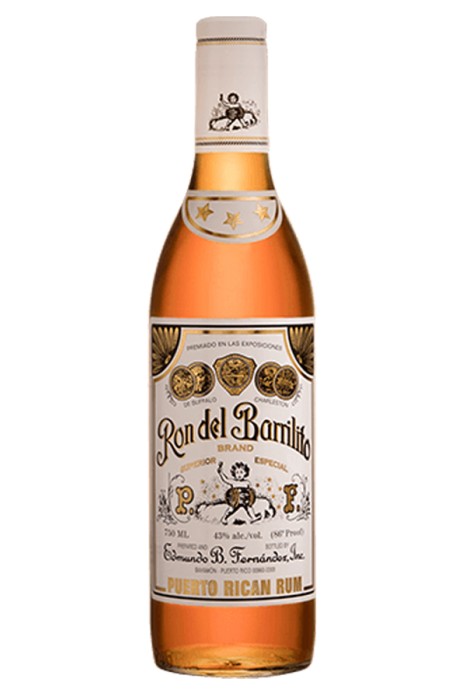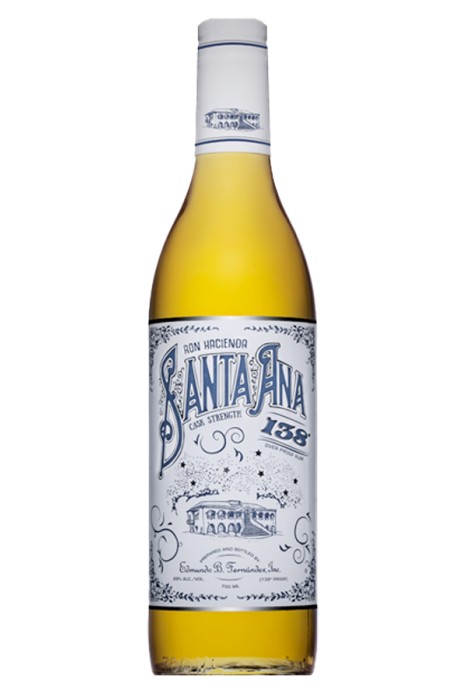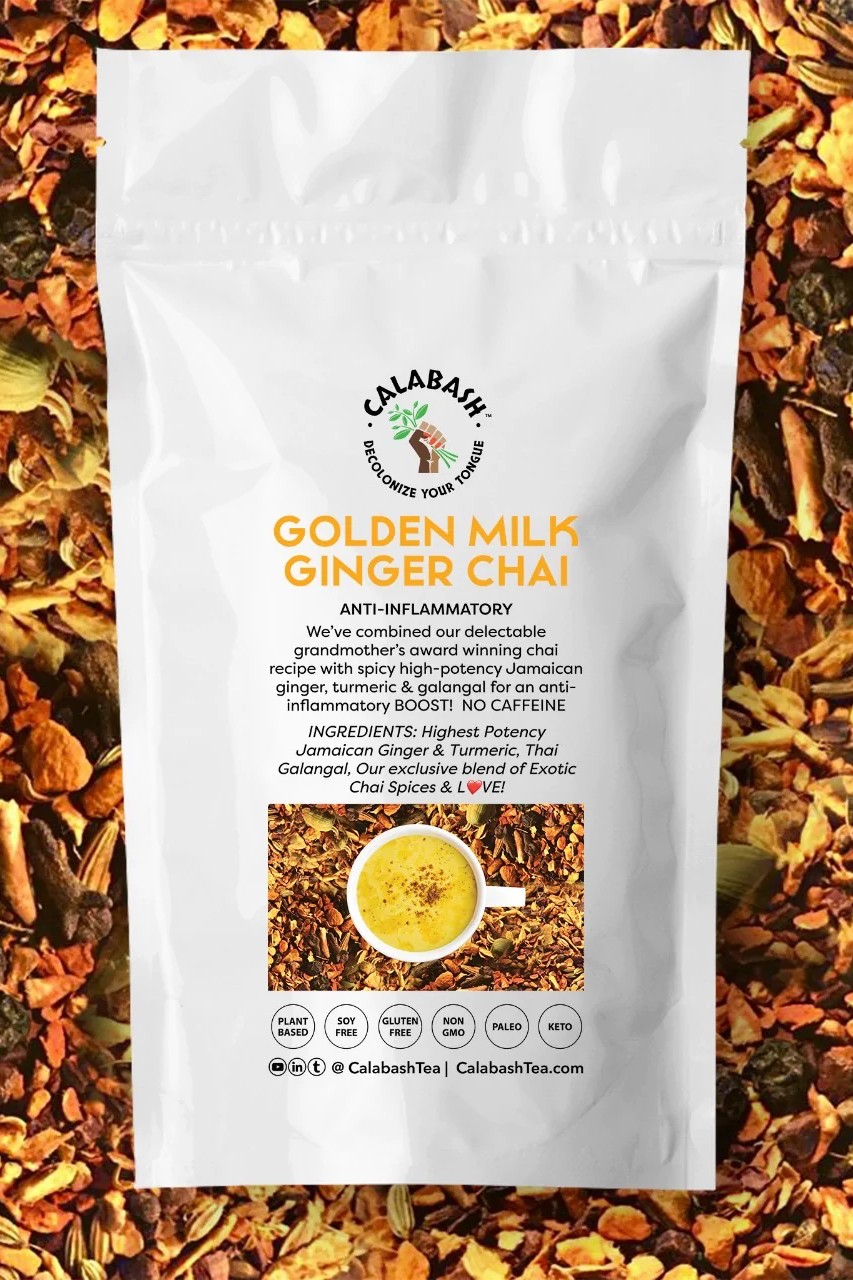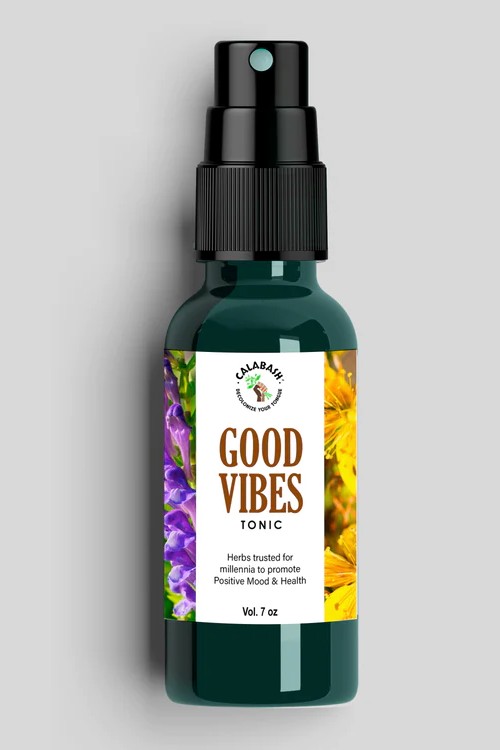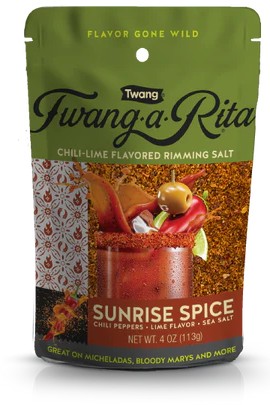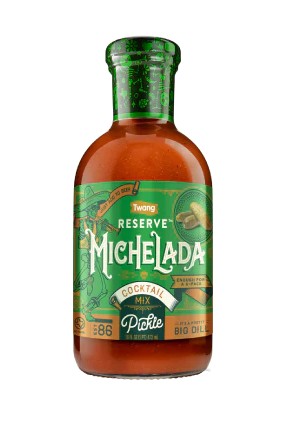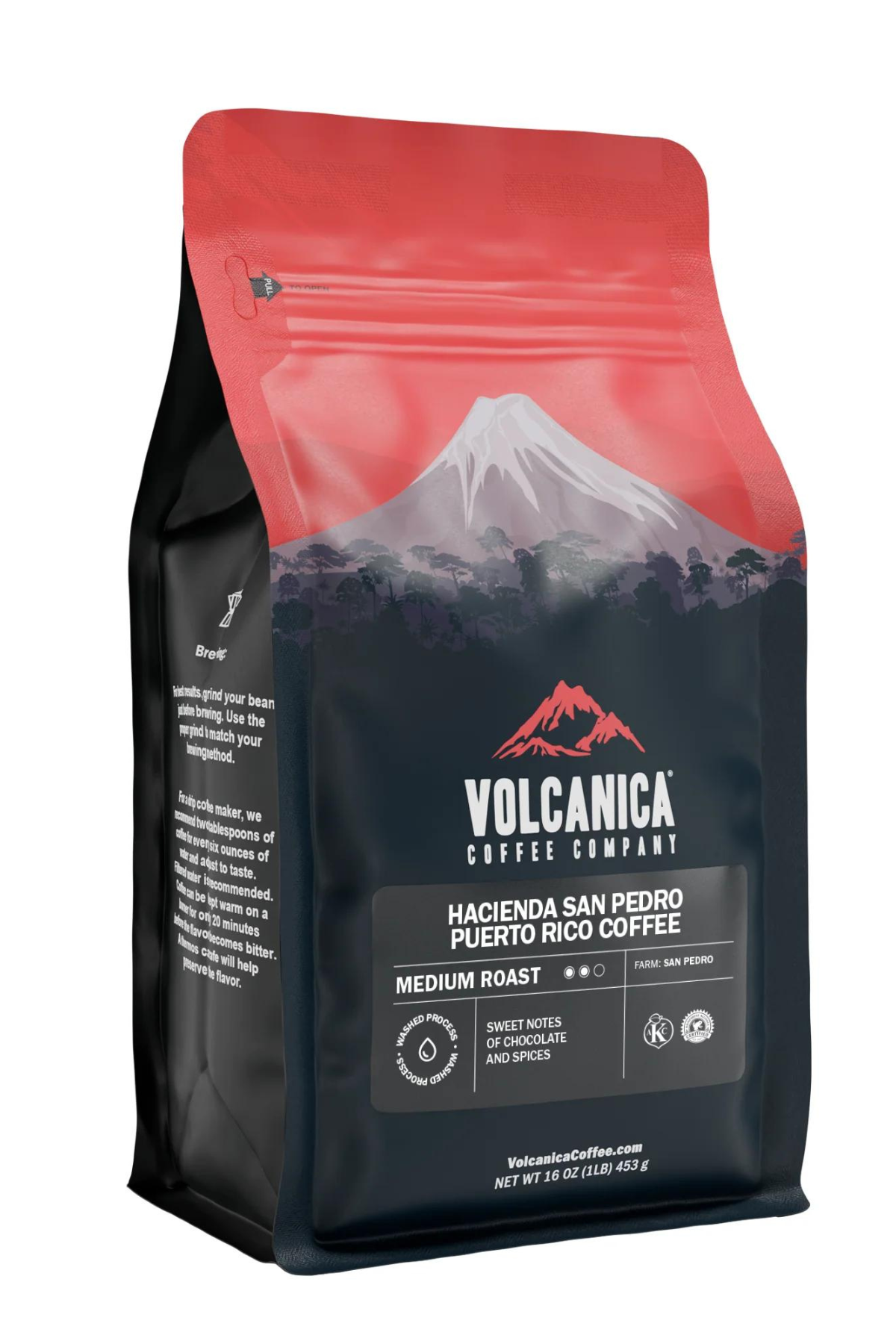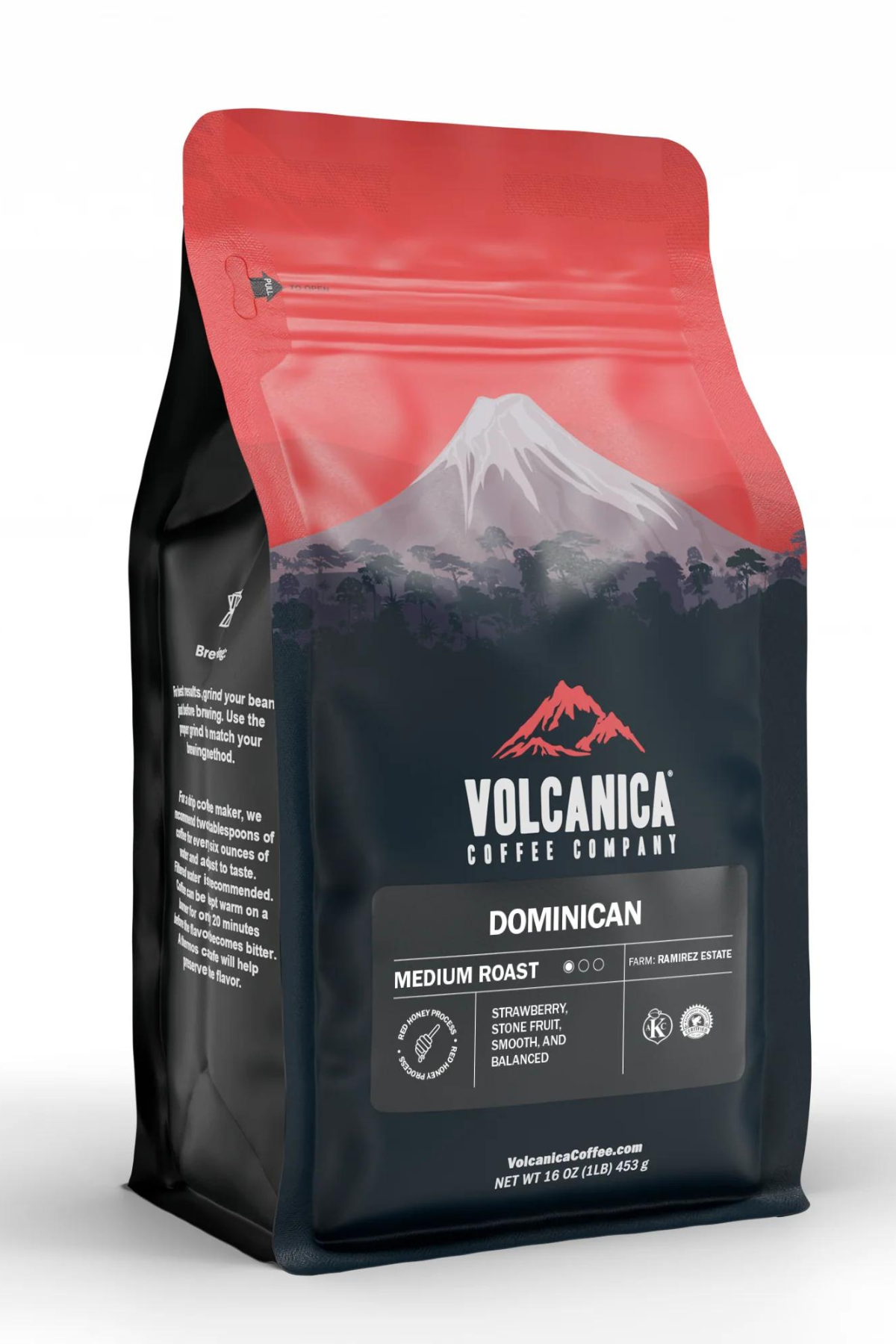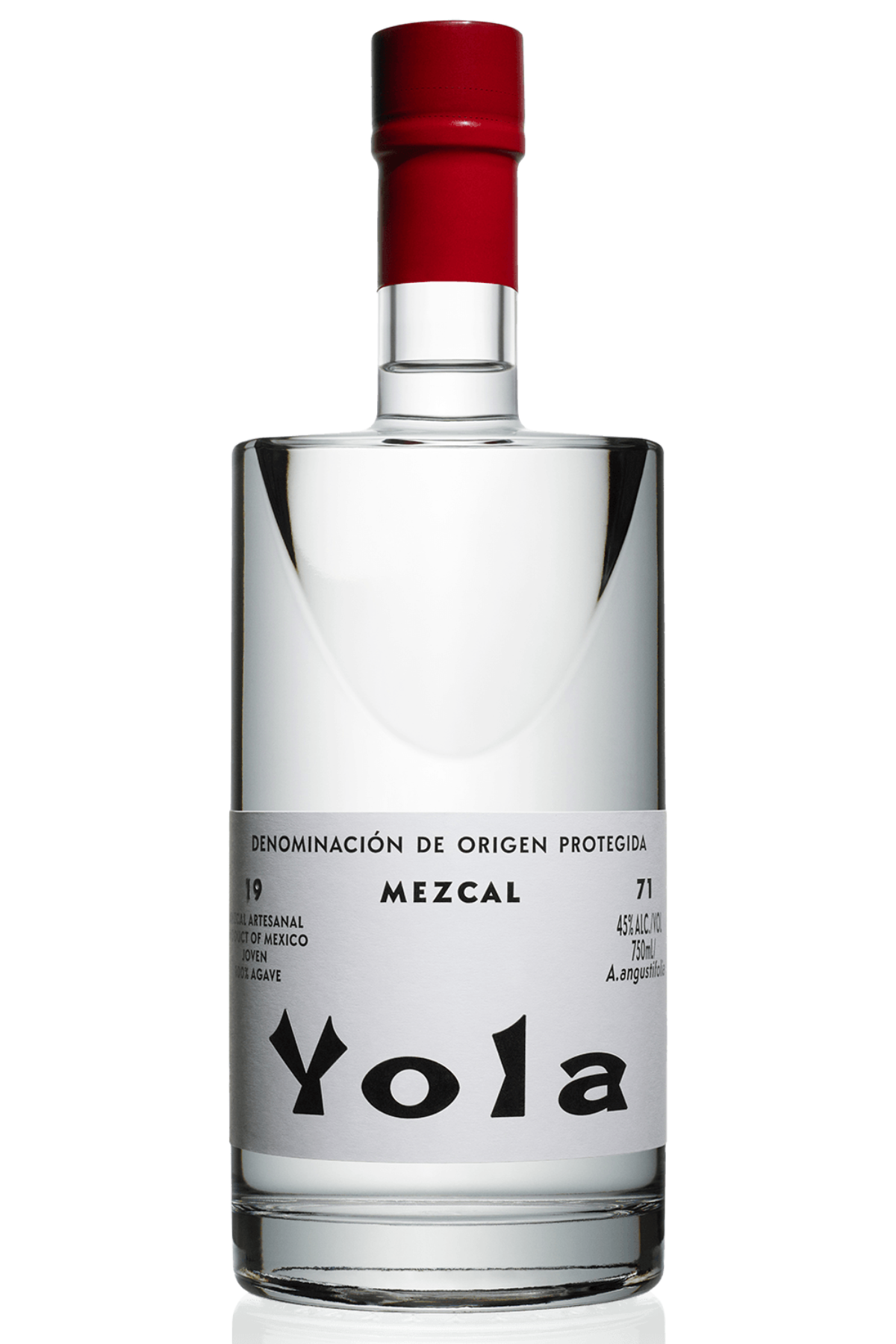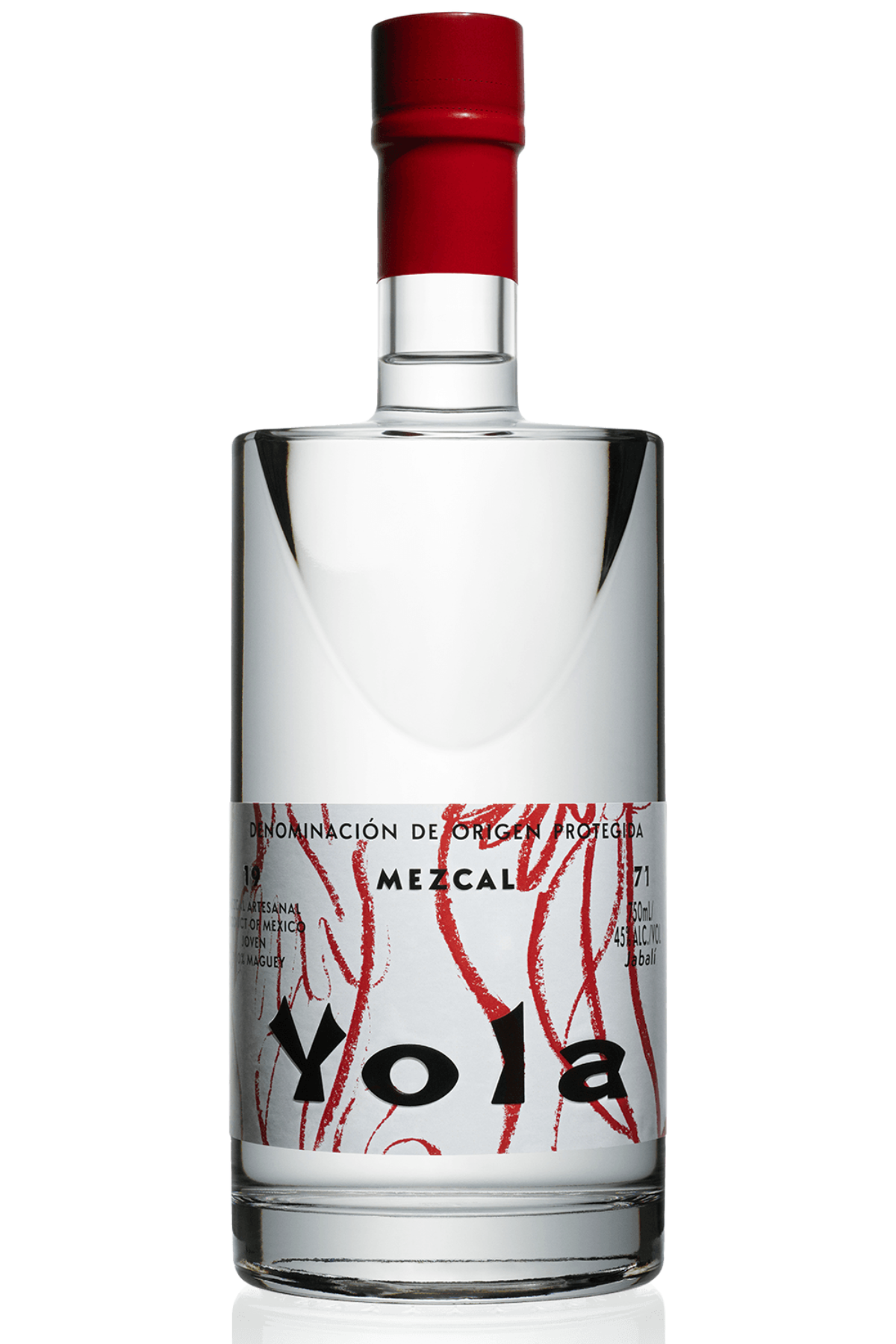30 Latinx-Owned Businesses to Support During Hispanic Heritage Month and Beyond
Hispanic Heritage Month draws attention to the importance of supporting Latinx creators and business owners, but this support remains important all year long.
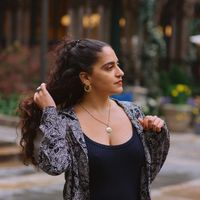
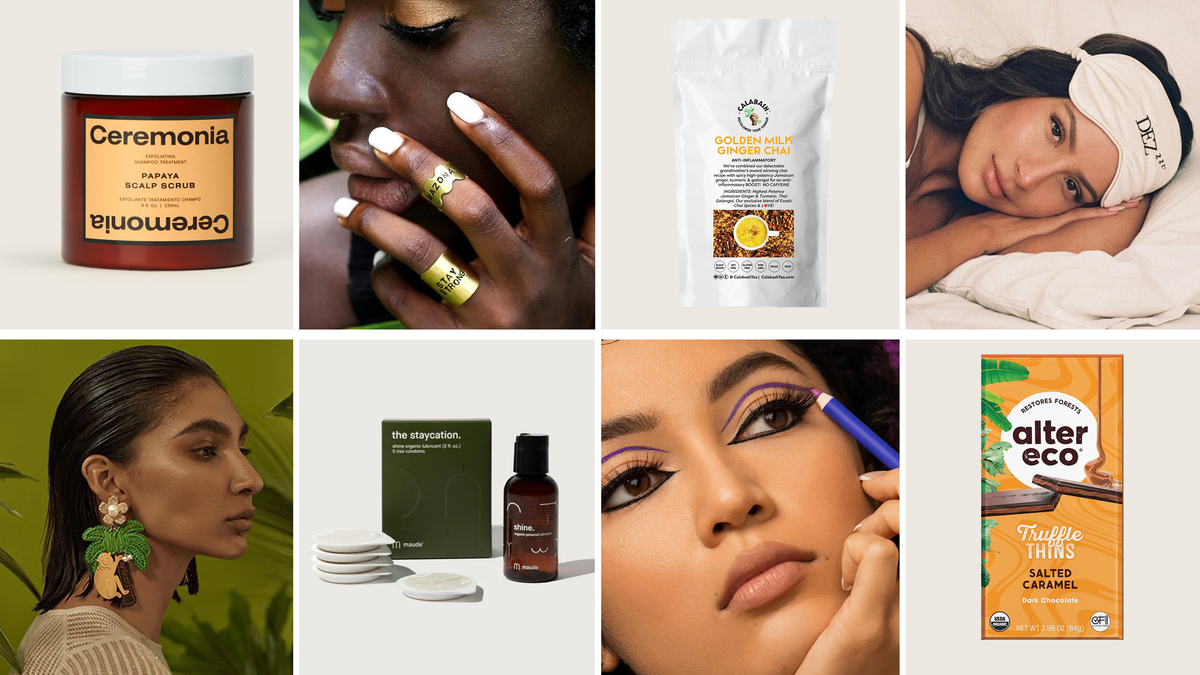
In 1968, the American government began recognizing the period between September 15 and October 15 as Hispanic Heritage Month. This month celebrates the histories, cultures, and contributions of the vast Latin American continent, which encompasses Central America, South America, and much of the Caribbean. And if you're wondering why its dates look so different from other cultural recognition month, there's a historical explanation: The 30-day period includes the anniversaries of multiple Latin American countries' independence days, including Nicaragua, Honduras, El Salvador, Guatemala, Mexico, Chile, and Costa Rica.
Hispanic Heritage Month draws attention to the importance of supporting Latinx creators and business owners, but this support remains important all year long. Anti-Latinx hate crimes have risen year over year over the last decade, particularly since the anti-Mexican and anti-Central American rhetoric of the 2016 election. Women and children in ICE detention centers (which detain around 50,000 immigrants per year) have also filed countless complaints of systematic rape and sexual assault at the hands of ICE guards, and family separations at the United States' southern border have effectively left thousands of children orphans.
Furthermore, Puerto Rico, which is part of the United States, is consistently underrepresented in American politics (although they are Americans, Puerto Ricans who live in Puerto Rico do not have the right to vote) and has not received adequate infrastructural or financial support since the devastation of Hurricane Maria (by FEMA's own admission).
In spite of these obstacles, a number of Latinx creatives and entrepreneurs have built successful brands that support and uplift their communities while celebrating their rich heritages. In celebration of Hispanic Heritage Month and in solidarity with the millions of Latinx people, check out a few of our favorite Latinx-owned brands across fashion, beauty, lifestyle, and more. And while Hispanic technically refers to Spanish-speaking people and is therefore not inclusive of Portuguese-speakers in Brazil or native peoples who speak their own unique languages, the month, we have chosen to include all Latinx people (meaning: people from Latin America) regardless of linguistic, ethnic, or racial origin in order to showcase the beauty and diversity of this rich region.
Latinx-Owned Fashion Brands
When many people think of Latin America, they think of the distinctive colors and textures of the region's fashion, from long white dresses in the Caribbean to colorful woven jackets in the Andes. Today, a number of Latinx-owned fashion brands keep this image alive by marrying tradition with modernity in their groundbreaking designs, many of which are sustainably made (Latin America is, after all, already experiencing the detrimental effects of climate change). Scroll on for some of our favorites, and take a peek at some BIPOC-owned fashion brands, too, while you're at it.
Johanna Ortiz
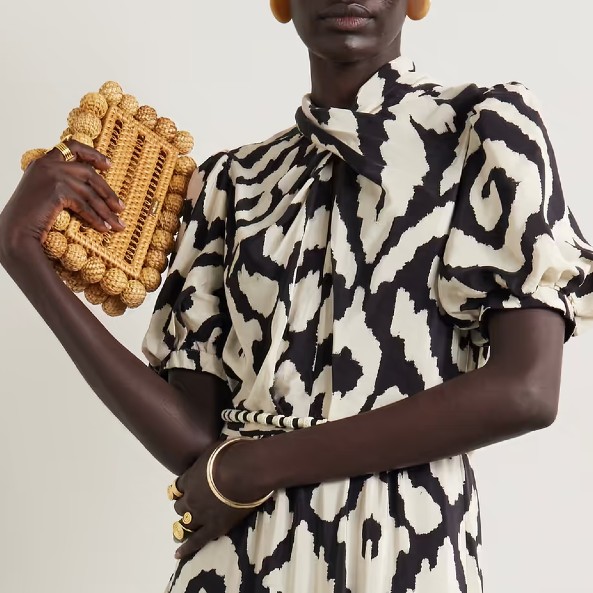
Johanna Ortiz's eponymous brand has swept the New York fashion scene in recent years, beloved for its feminine silhouettes, high-quality fabrics, and joyful colors. Ortiz aims for her collection to communicate a sense of fun and femininity, but her brand does quite a bit of serious work as well: The designer created a foundation, Semillero, in 2015, which teaches advanced sewing methods to Colombian women from low-income areas.
Carolina K
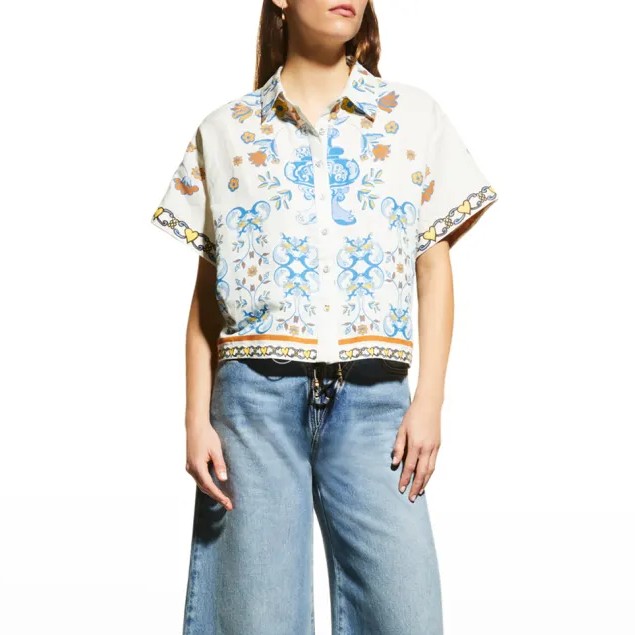
Inspired by family lineage, which includes a number of people who worked in the textile and design industries, Carolina Kleinman founded Carolina K as both a means of celebrating Latin American culture and a way of bringing sustainable ready-to-wear designs to the masses. In particular, her designs draw inspiration from traditional Peruvian, Mexican, and Bolivian textiles.
Mi Vida
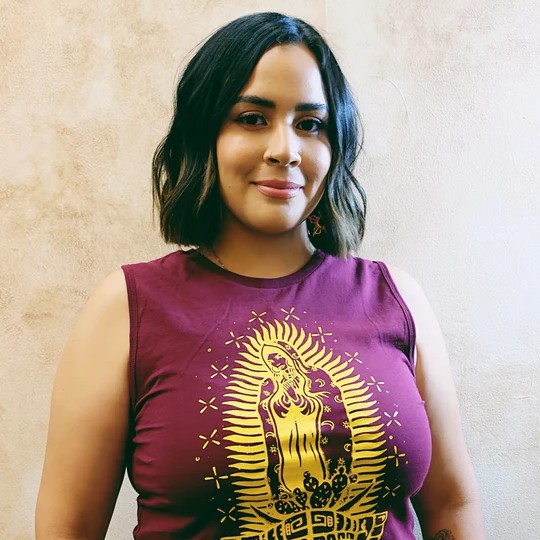
Apparel and lifestyle brand Mi Vida was founded in 2008 as a way of celebrating Latinx culture, but with a Mexican-American focus. Not only are their clothes undeniably fun, but the L.A.-based shop also serves as an outlet for local artists to gather, network, and sell their work.
Farm Rio
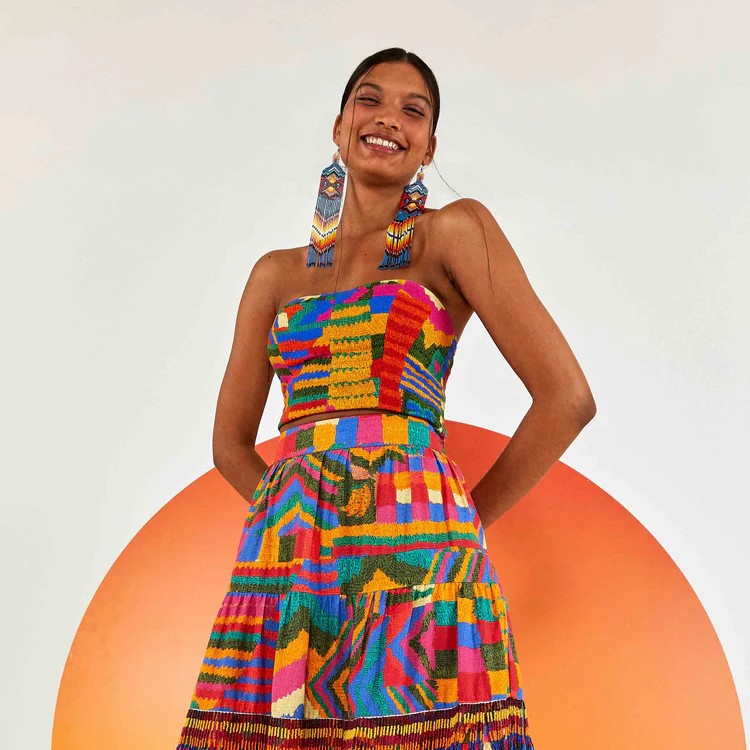
Farm Rio is one of my favorite brands of all time, and I’m certainly not alone. The label has come a long way since its humble beginnings at a local independent fashion market in Brazil, having developed a worldwide following as well as partnerships with Nordstrom, Rent the Runway, Saks, and more. Plus, founders Katia Barros and Marcello Bastos wear their ethics on their sleeves: The brand is committed to planting one tree for every Farm Rio purchase.
Poplinen
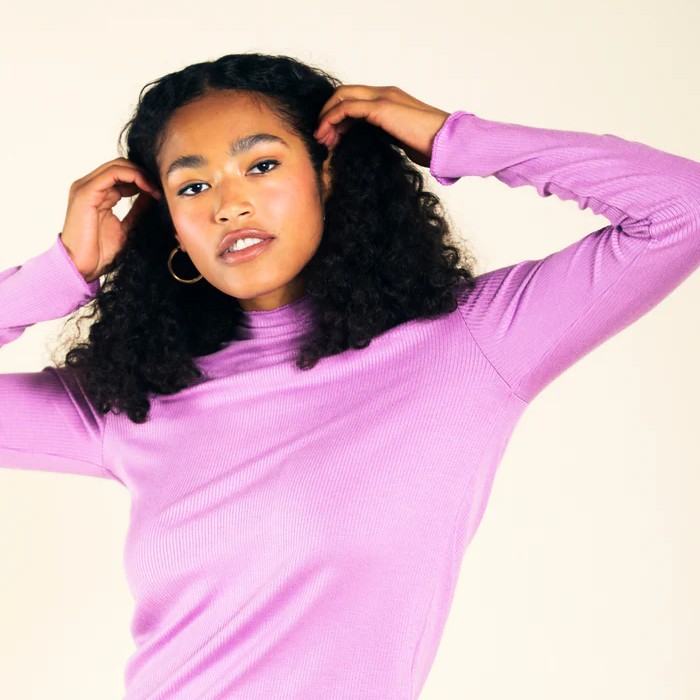
Desiree Gaitan-Buchanan’s brand Poplinen boats a wide variety of sustainably made everyday basics at affordable prices. Their site even includes a pre-loved section, further driving home their commitment to fighting the negative impact that the fashion can have on the environment. I also love that they’re also size inclusive, with all their apparel ranging from XS to 3X.
Soraya Hennessy
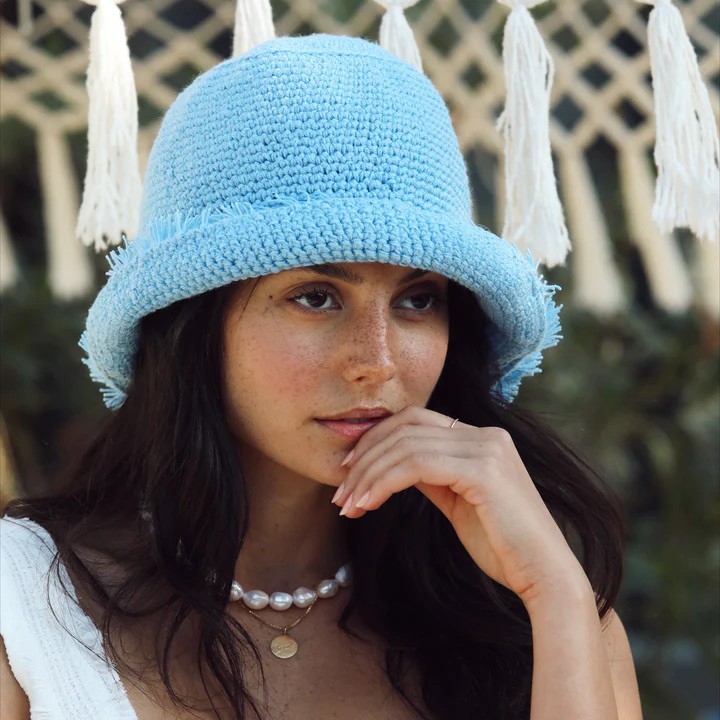
Lifestyle and accessories brand Soraya Hennessy doesn’t just tout ethical and pro-indigenous values: The company imbues them into its business model every day. The founder, who shares her name with her brand, works with the native Wayuu ethnic group, which resides on the border between Colombia and Venezuela, to provide them with safe, well-paying jobs.
Inti Spirit
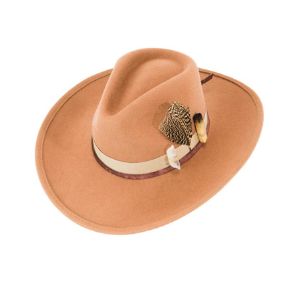
For Argentinian-born Analía Barbieri, both her business and life philosophies are based on the same principle: Connecting. Thus, her hat brand focuses on handmade, personalized pieces so that every customer can feel a genuine connection with the brand. To hear more about the brand from Baribieri herself, check out our Small Business Spotlight on Inti Spirit.
Isa Noy
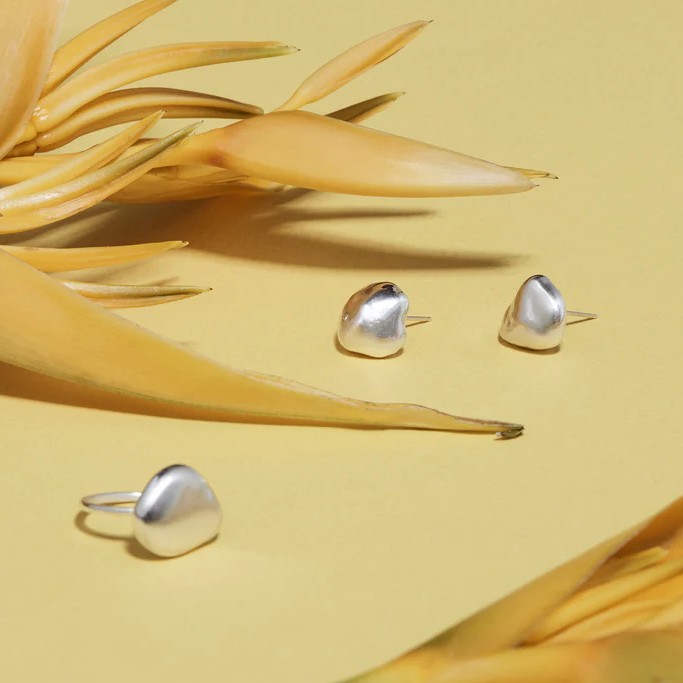
When Isabel Herrero was a young girl growing up in Puerto Rico, she often spent time on the beach, taking in the incomparable natural landscape. This appreciation for nature has informed her jewelry and lifestyle brand, Isa Noy: All of her pieces are made from natural materials that are good for both the environment and the wearer's skin. Plus, many of her pieces (especially her rock collection) take their inspiration from the Caribbean.
Afrolunatika
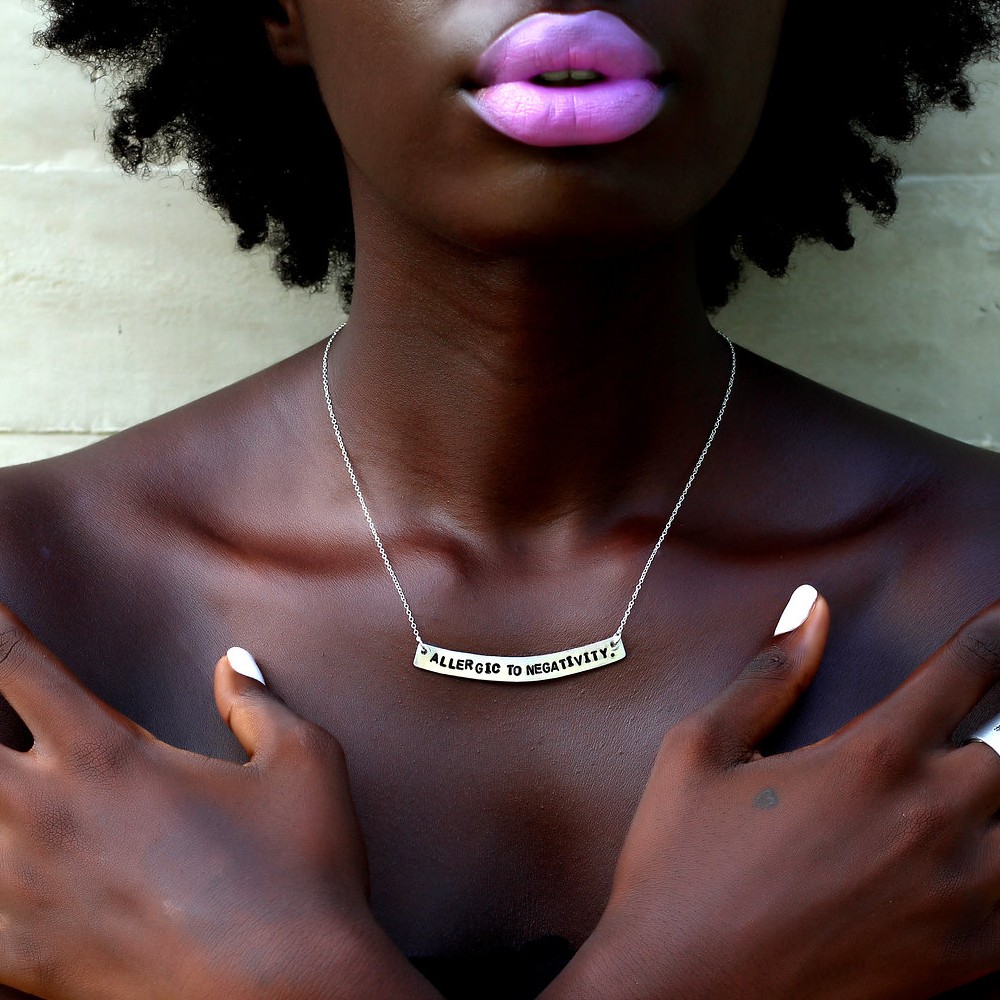
Afrolunatika is an Afro-Latinx owned business that specializes in minimalist jewelry featuring empowering messages. Founder Oramaika Sánchez makes all of the pieces from recycled aluminum, and each one has mystical, pro-woman vibes that are sure to fetch compliments any time you wear it.
Mercedes Salazar
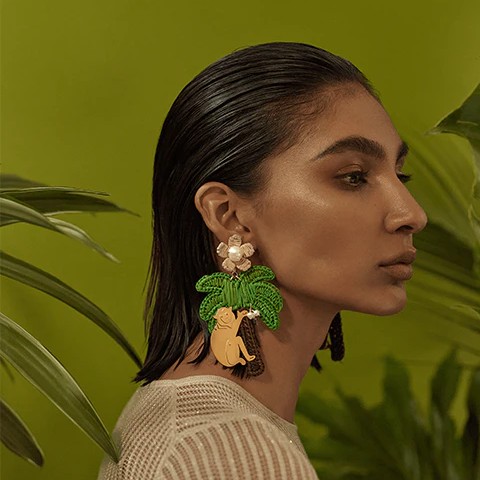
Colombia native Mercedes Salazar founded her eponymous brand as a way of celebrating both her heritage and her love for spiritualism. Browse necklaces, earrings, rings, and more, each of which celebrates Latinx heritage in a unique, eye-catching way. She also sells similarly distinctive homeware, including napkin rings, baskets, and candleholders.
Latinx-Owned Beauty Brands
The beauty industry has long been problematic in its white-centric takes on makeup and skincare, but these Latinos are here to help change that. Because the Latinx population is incredibly diverse, changemakers from this demographic often focus specifically on embedding diversity into their business models. Check out a few of our favorite Latinx beauty brands below, and take a look at our list of BIPOC-owned beauty brands for even more.
Dezi Skin
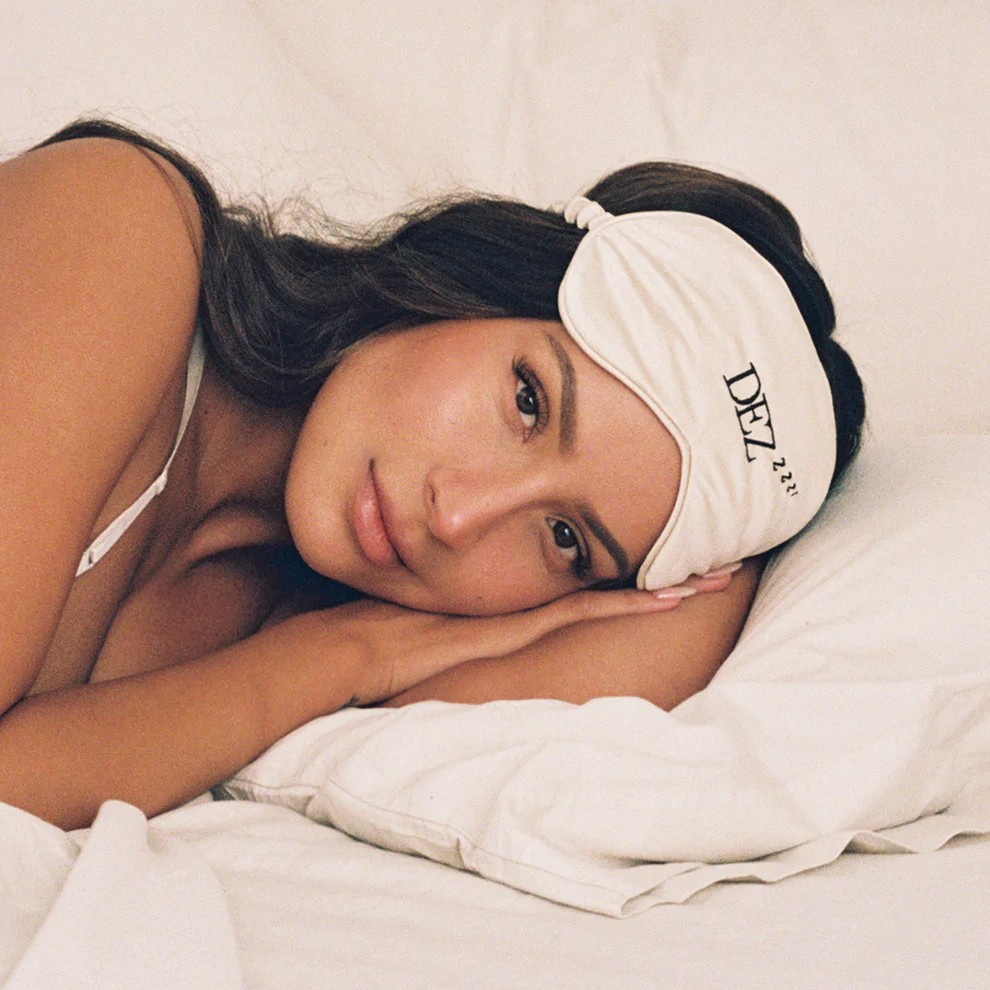
Dezi Skin was founded by Desi Perkins, who is of Mexican and Spanish descent. Her brand centers on the mission of providing effective skincare that instills confidence in those who use it. Try these luxurious, wildly popular products to combat dryness as the months grow colder.
Ceremonia
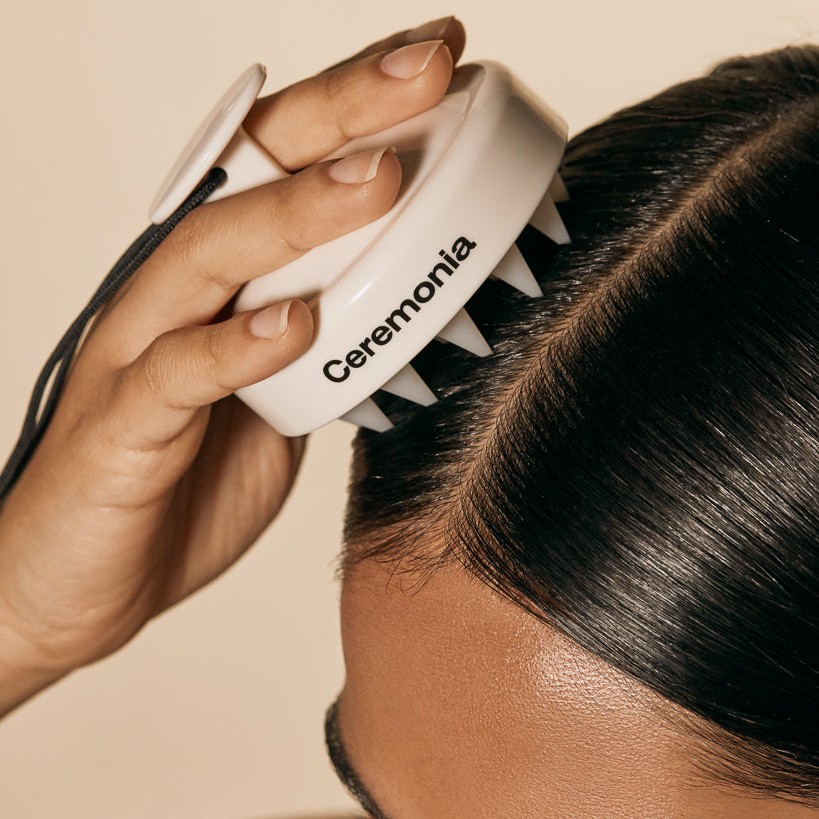
Babba Rivera founded Ceremonia as a way to provide high-quality, sustainably produced haircare to women with all hair types. As a Latin American immigrant who grew up in a homogenous white environment, Rivera understands the importance of representation and therefore seeks to celebrate the diversity within Latinx culture through her haircare products, each of which is made using natural ingredients.
Treslúce Beauty
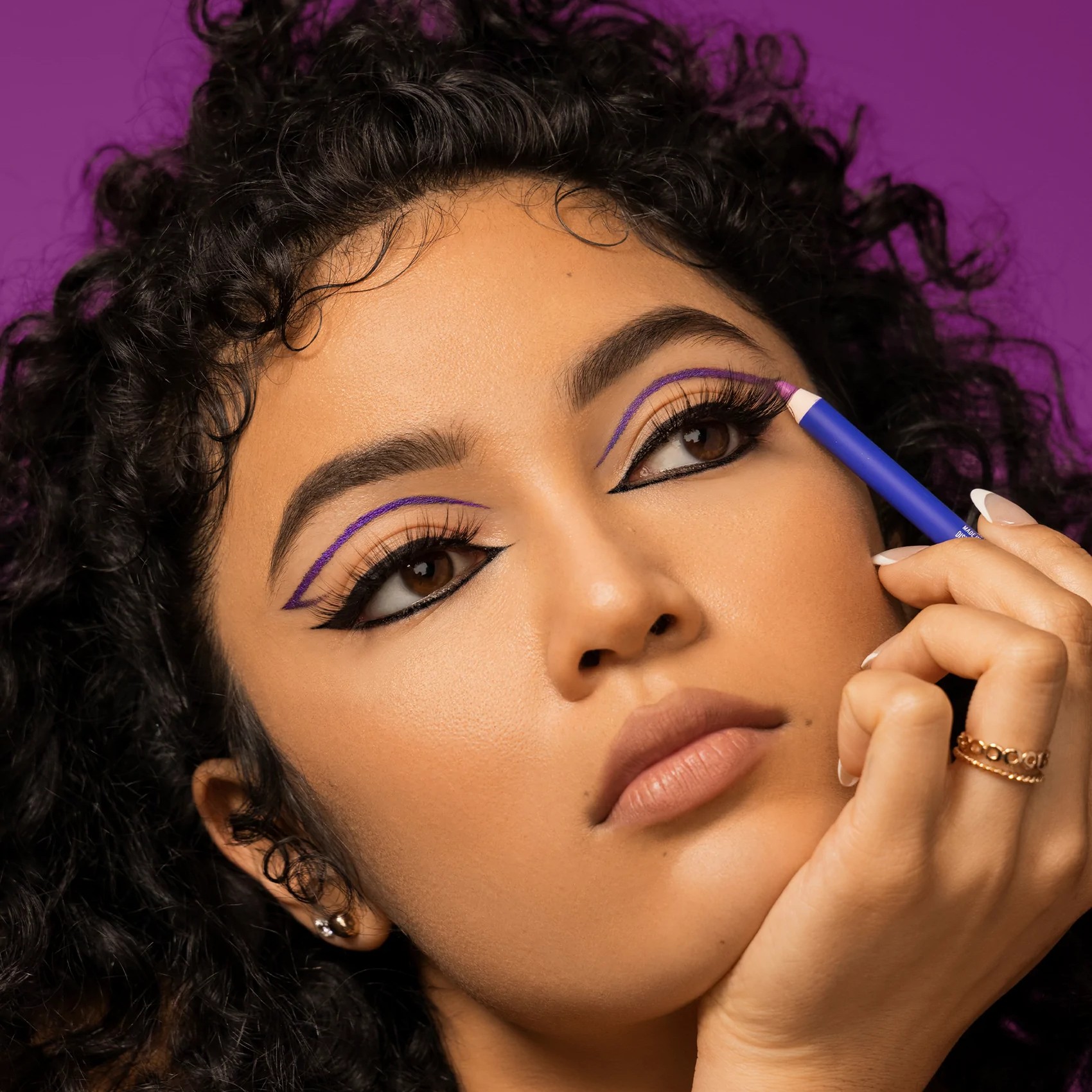
Latin-American pop sensation Becky G, who is the daughter of Mexican immigrants and was born in California, founded Treslúce Beauty as a way of holistically celebrating Latinx culture. All of Treslúce's ingredients along with the products' artwork are Latinx-sourced, and the brand's highly pigmented, high-performance products have taken the makeup world by storm since the brand's inception in 2021. To learn more about Becky G's beauty routine and her inspiration for creating the brand, check out our interview with her.
Taíno Botanicals
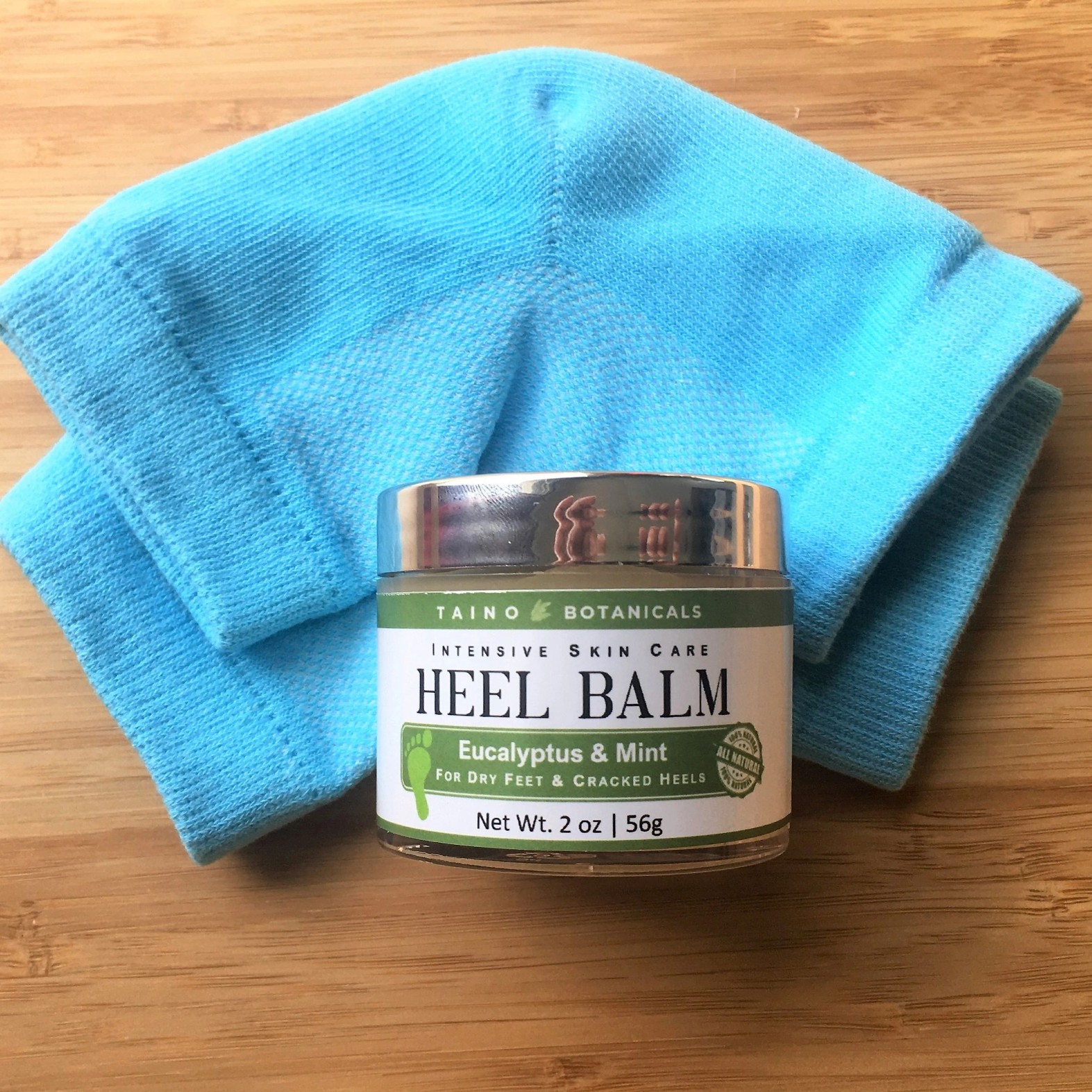
Myra Marie Benoist founded her synthetic-free, organic brand as a way of giving back to her community and providing healthy skincare options at low costs. The name of her brand is a tribute to the indigenous people of the Caribbean, the Taínos, and up to ten percent of its net profits benefit the Puerto Rico chapter of Herbalists Without Borders, a nonprofit devoted to humanitarian aid and herbal health justice.
Beautyblender
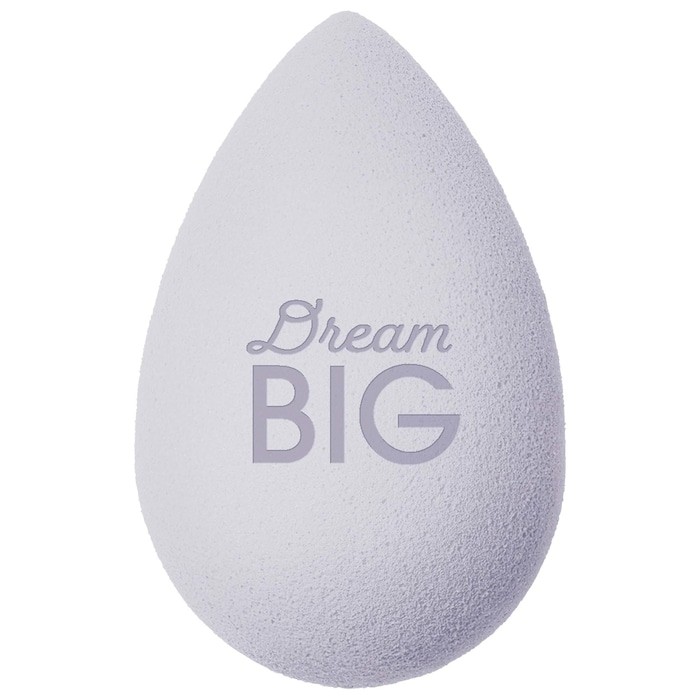
Did you know that Beautyblender was founded by a Latina? Rea Ann Silva worked in the makeup industry for years, and witnessed rampant discrimination throughout the white-dominant makeup industry during her time as a makeup artist. This inspired her to create her own brand, which produces products that embrace all skin colors, textures, and types so that everyone can access makeup that makes them feel their best.
Latinx-Owned Wellness & Lifestyle Brands
Self-care is vital, and these brands know it. Keep scrolling for Latinx-owned wellness brands committed to improving physical, sexual, and mental health, along with lifestyle brands committed to ensuring that your home space is a safe, comfortable space.
House of Intuition
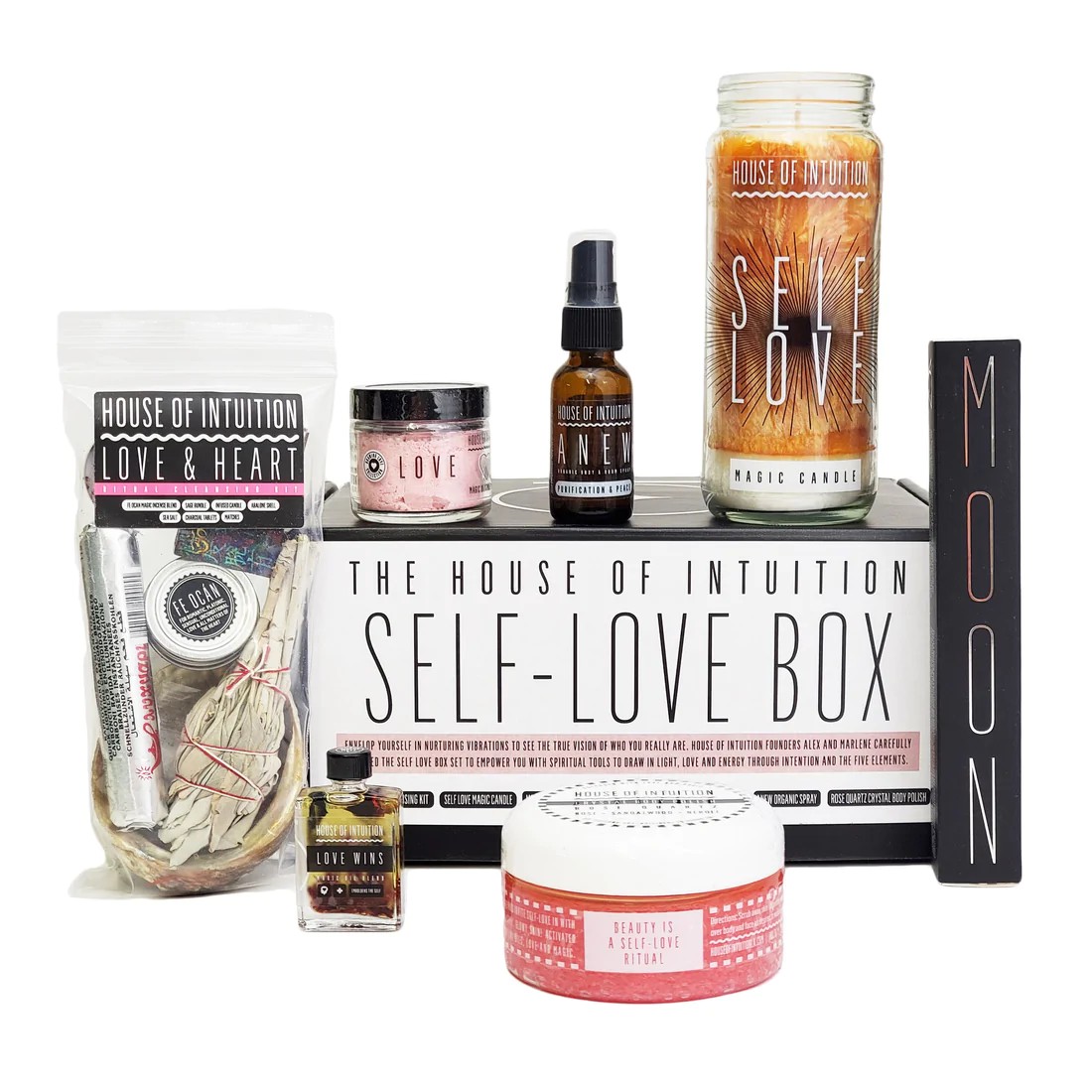
Latinx LGBTQ+ couple Alex Naranjo and Marlene Vargas started their wellness business after spirituality helped them through a difficult personal time. Since its foundation in 2010, House of Intuition has grown from a small storefront to a national brand with multiple locations and a popular online store aimed at helping anyone in search of guidance, comfort, or even just a bit of beauty.
Viviana Luxury
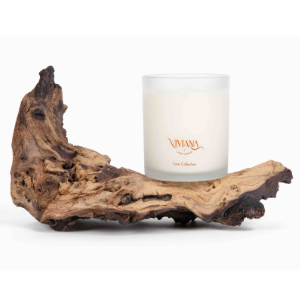
Viviana Luxury is a charitable, diversity-focused brand that brings premium candles to consumers—with an added storytelling element. All of their packaging is bilingual, making their products accessible to those who are more comfortable reading in Spanish, and their scents seek to transport users to Latin American locales. The candles are also made from soy wax, making them safe for regular use and smoke-free. A portion of their proceeds also go to the Michael J. Fox Foundation for Parkinson's Research—a move that founder Viviana Hurtado was inspired to make because of her father, who has advanced Parkinson's and for whom she is a caretaker.
Bloomi
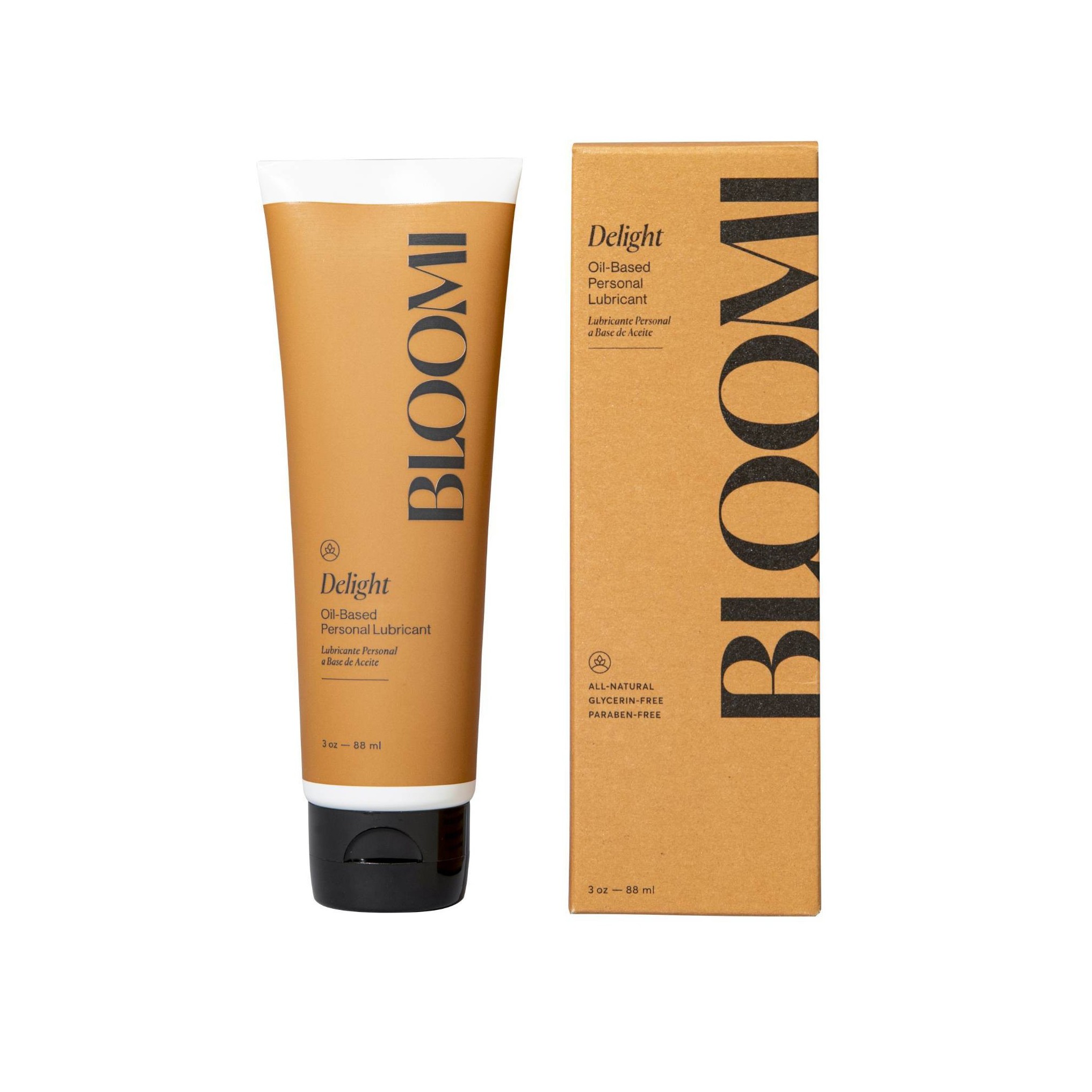
Nationally recognized sexologist Rebecca Alvarez Story founded Bloomi with the intention of providing safe, high quality sexual wellness products to all people, but especially those with vaginas. Her website offers a sexual wellness quiz to help people discover products that suit them best along with comprehensive sexual education. This year, they became the first Latinx-owned sexual wellness company to be carried at Target.
Mandana Blvd
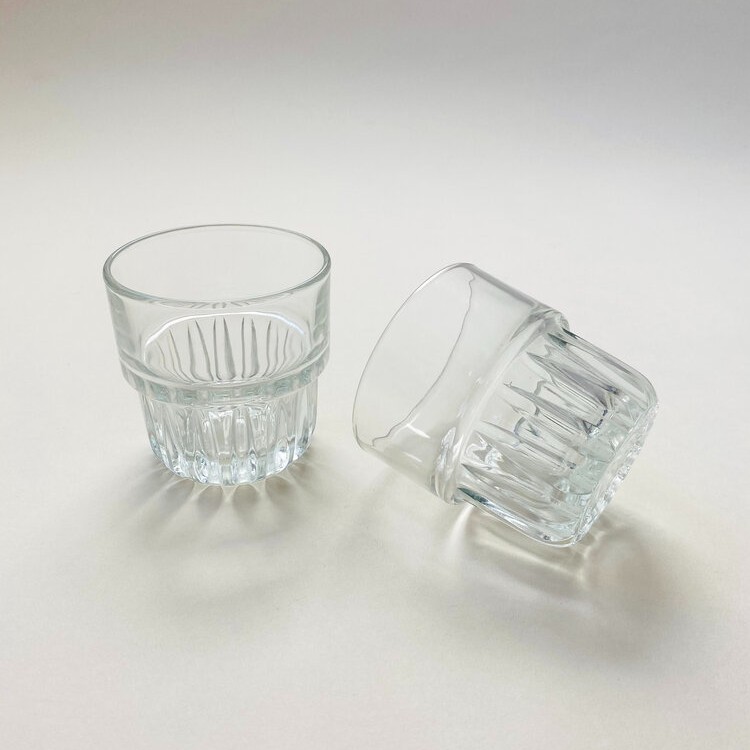
Cristina Ramos and Nu Goteh founded Mandana Blvd after moving from San Francisco to New York City. Recognizing the importance of creating a beautiful, welcoming home space, they centered their company on thoughtful, vintage, and timeless pieces that spark creativity and good vibes.
Cleancult
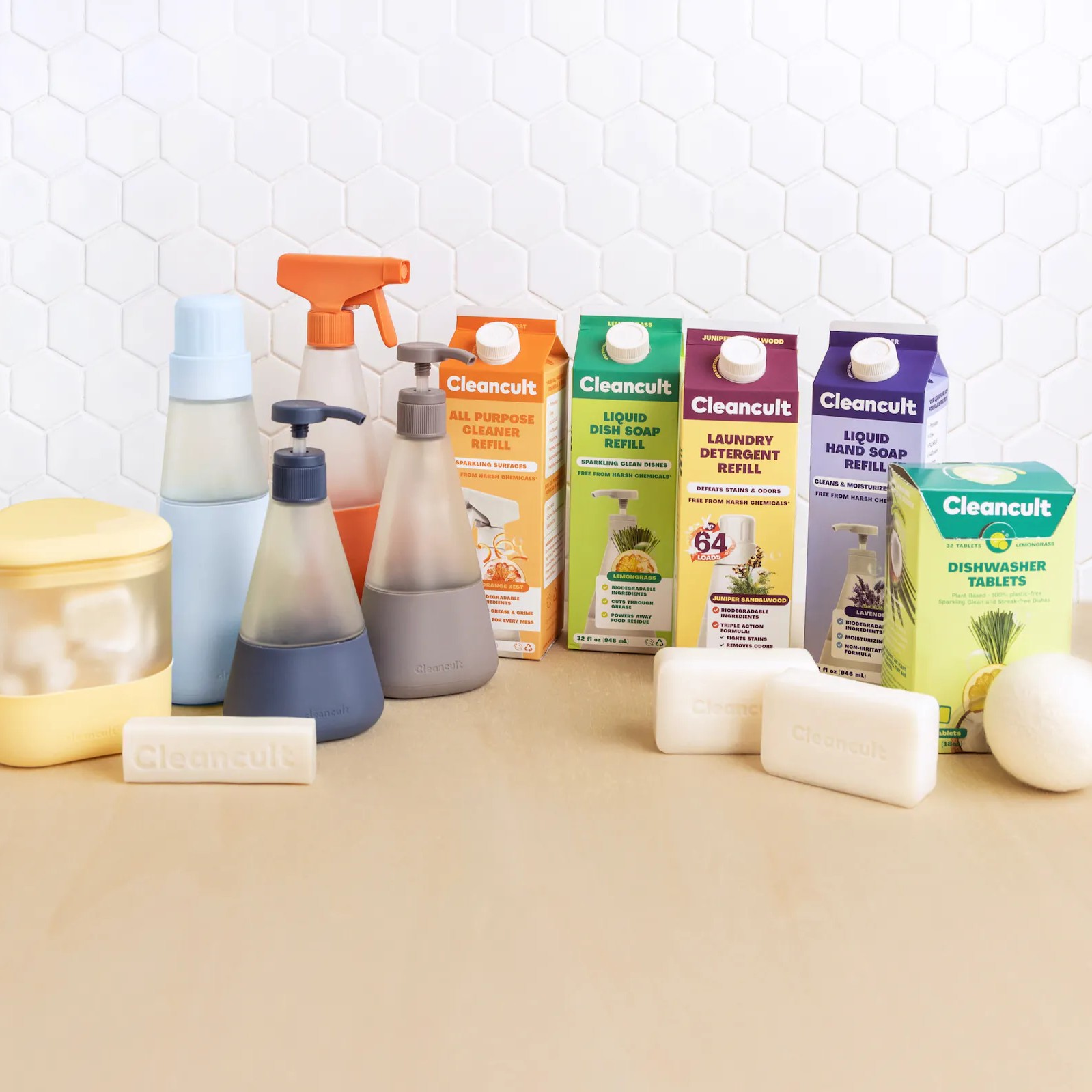
Based in Puerto Rico, Cleancult creates sustainably made and packaged cleaning products made from natural ingredients. Its goal is to make home cleaning both body-safe and safe for the environment at an affordable, accessible rate.
Maude
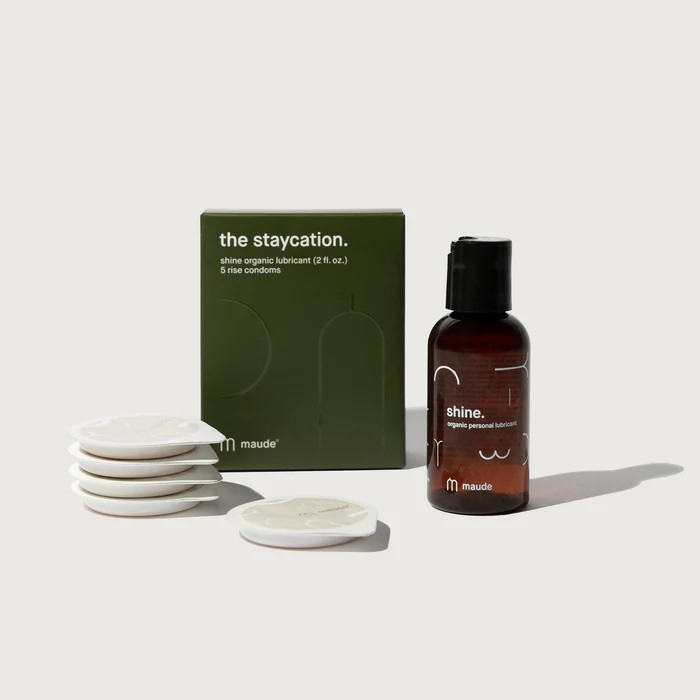
Éva Goicochea, who is of Spanish, Mexican, and Indigenous descent, founded her sexual wellness startup Maude to provide women with high-quality, body-safe sexual wellness products and to change the way society thinks about sex. Maude prides itself on being inclusive to people of all backgrounds, genders, and sexualities, and it seems that her goal is working―the brand raised an unprecedented $10 million in Series A funding in 2021 and has only continued to grow since.
Latinx-Owned Food Brands
I may be biased, but I could eat Latin American food every single day without ever getting sick of it. If, like me, you're a Latin food lover, or if you're itching to try something new, check out these food brands intended to bring some cultura to your kitchen.
Pisqueya
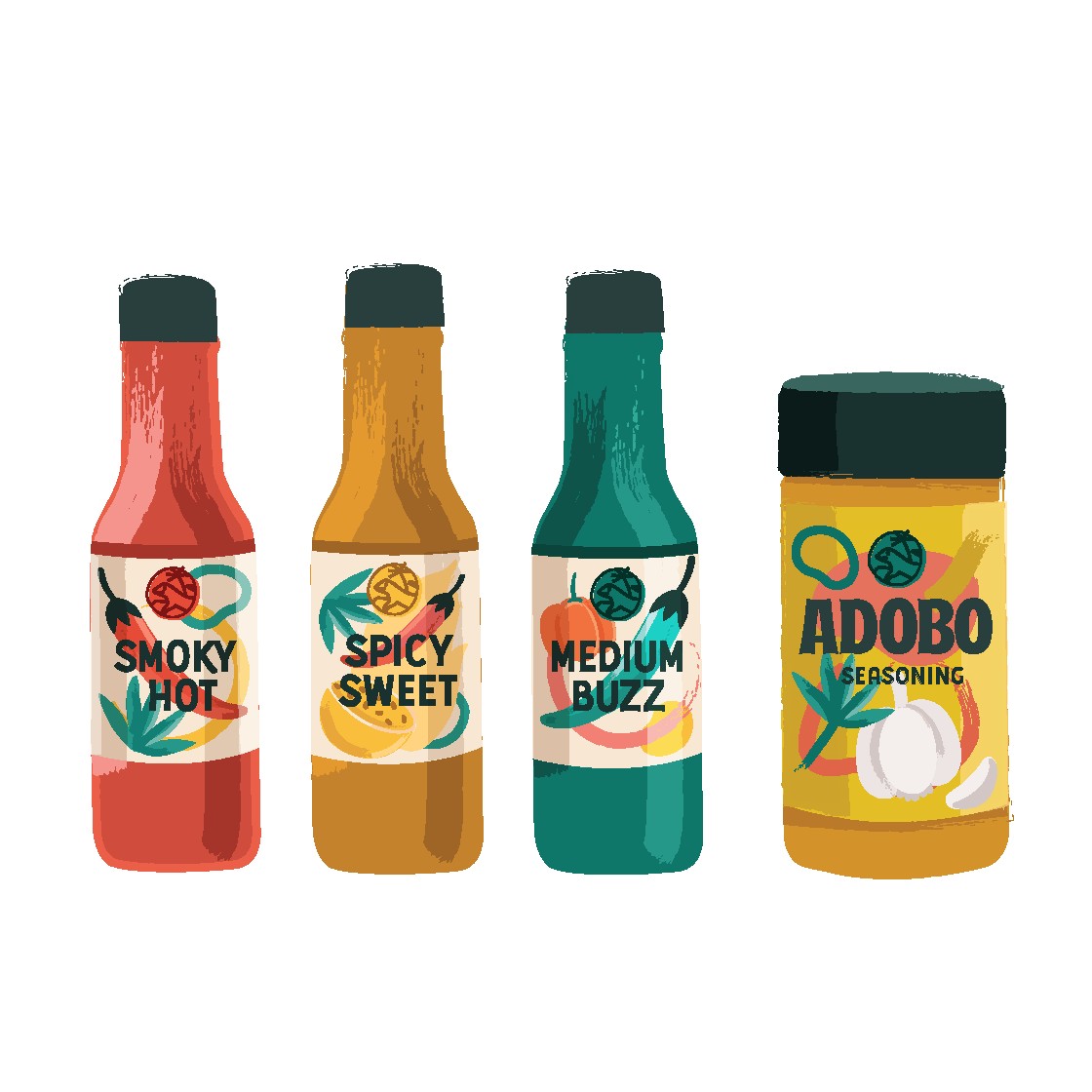
First-generation Dominican Maritza Abreu has always felt inspired by the rich flavors and spices of Dominican cuisine, which is how Pisqueya was born. The brand sells small-batch hot sauces using peppers imported from the mountains of the Dominican Republic and recipes handed down through her family. The result is a unique, inimitable array of flavors that belongs in any and everyone's pantry.
BāKIT Box
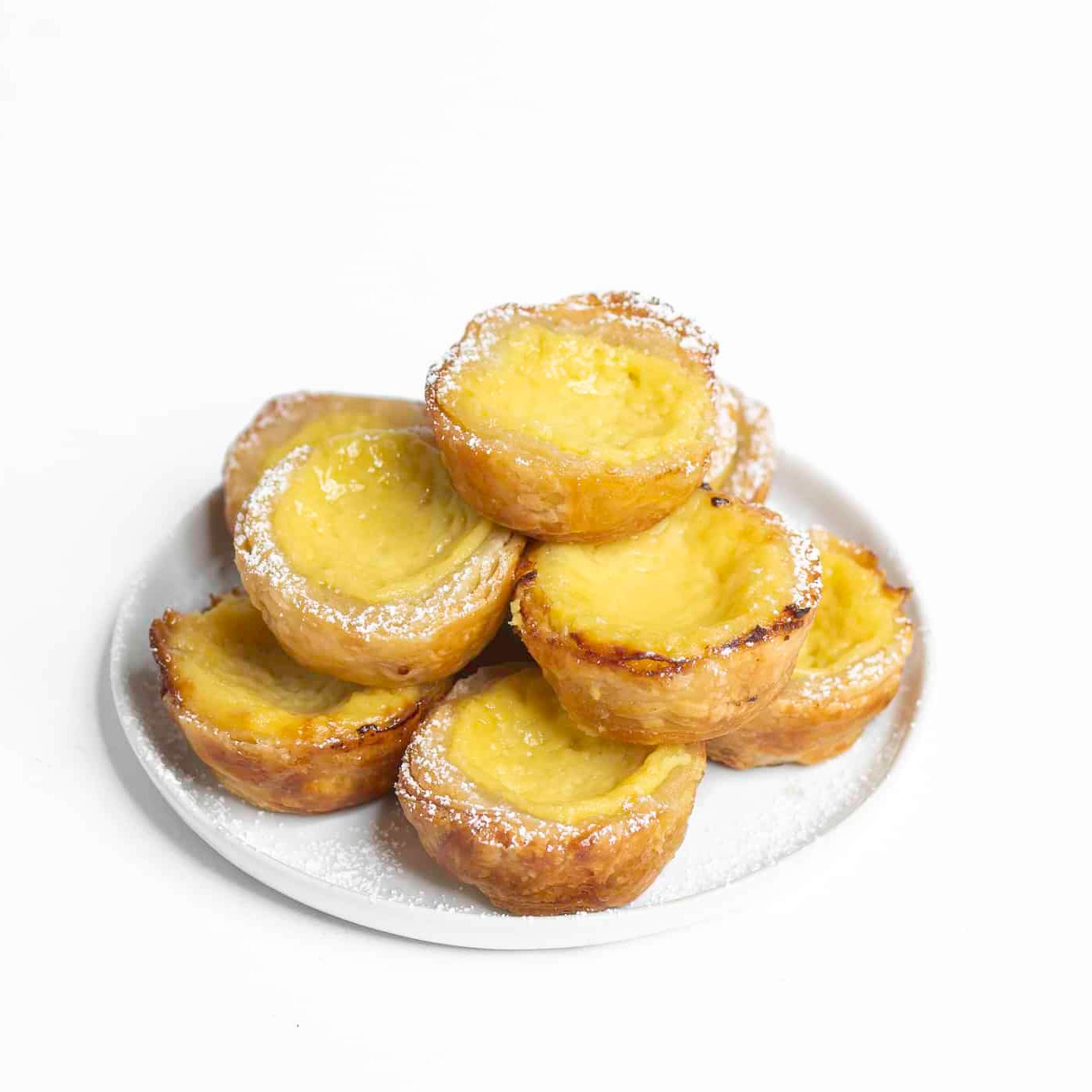
Puerto Rican born Carla Medina Jacobson met her friend and BāKIT Box co-founder, Shelley Gupta, when they were both students at the University of Chicago Booth School of Business several years ago. They immmediately bonded over their mutual love of food, and eventually founded BāKIT Box as a way of making baking fun and easy for people who wouldn't normally identify as bakers. The brand's recipes ranges from American to Latin to Southeast Asian and everything in between, so there's truly something for everyone!
Alter Eco
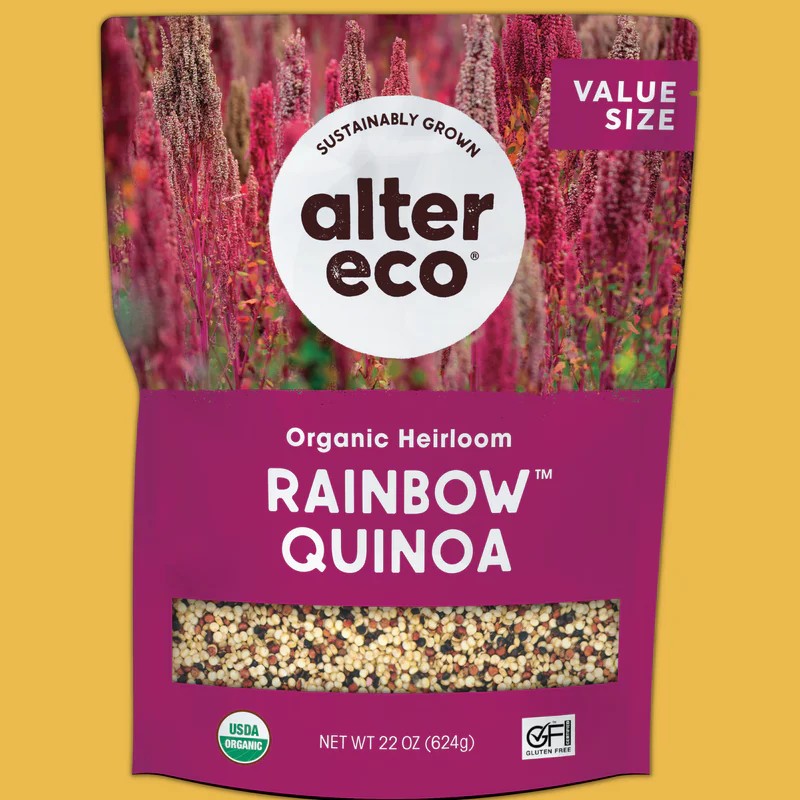
Activists Mathieu Senard and Edouard Rollet founded Alter Eco out of their mutual love for the environment and for nutrition. Their decadent products, which include chocolate, quinoa, and granola, are made through climate-neutral methods and regenerative agricultural practices. Plus, they have a partnership with Pur Projet, a nonprofit committed to protecting and planting trees in Central and South America.
Mikuna
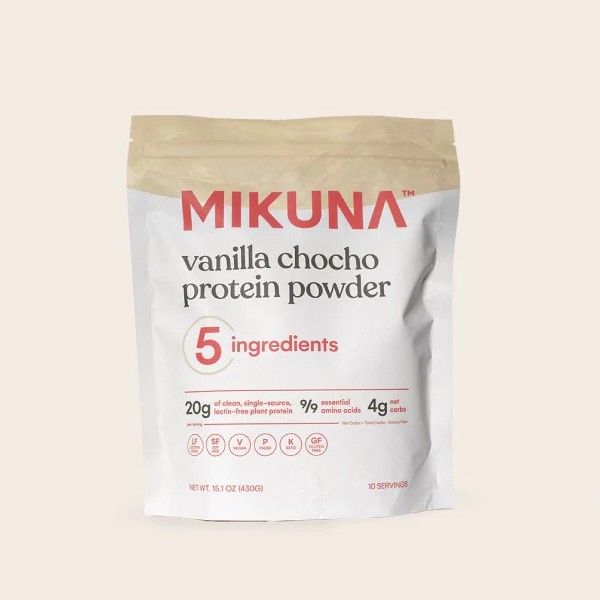
Ricky Echanique, a fifth-generation farmer from Ecuador, founded Mikuna after struggling with health and digestive issues throughout his 20s. When he turned to the traditional Andean protein Chocho, he found that many of his issues were alleviated and felt inspired to share this natural remedy with the rest of the world by creating a line of Chocho-based protein powder. All of Mikuna's products are also ethically made alongside local farmers with whom Echanique has had longstanding positive relationships.
Loisa
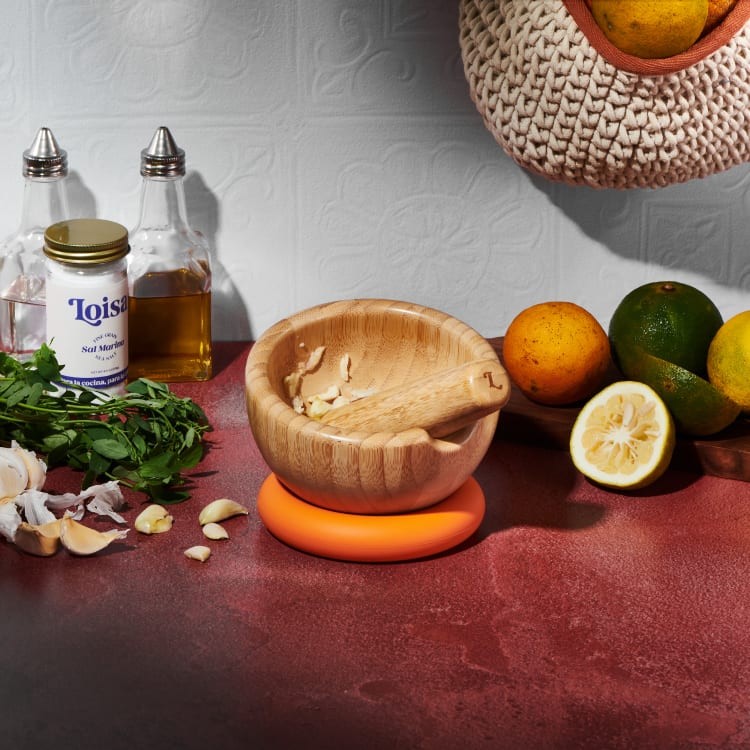
Loisa was founded in 2017 and has become increasingly popular―especially over the course of the pandemic―for its ability to bring fresh, comfort-food flavors into people's homes. The name of the company is a play on Loisaida, a Puerto Rican neighborhood in New York City's Lower East Side, and many of the products hearken to this specific ethnic enclave.
Latinx-Owned Beverage Brands
Latin America is famous for its tequila, rum, and coffee, but many of the brands most familiar to Americans aren't even owned by Latinos. For a more authentic (and ethical) experience, check out these beverage companies that will undoubtedly enhance the quality of your next cocktail, coffee, or tea.
787 Coffee Company
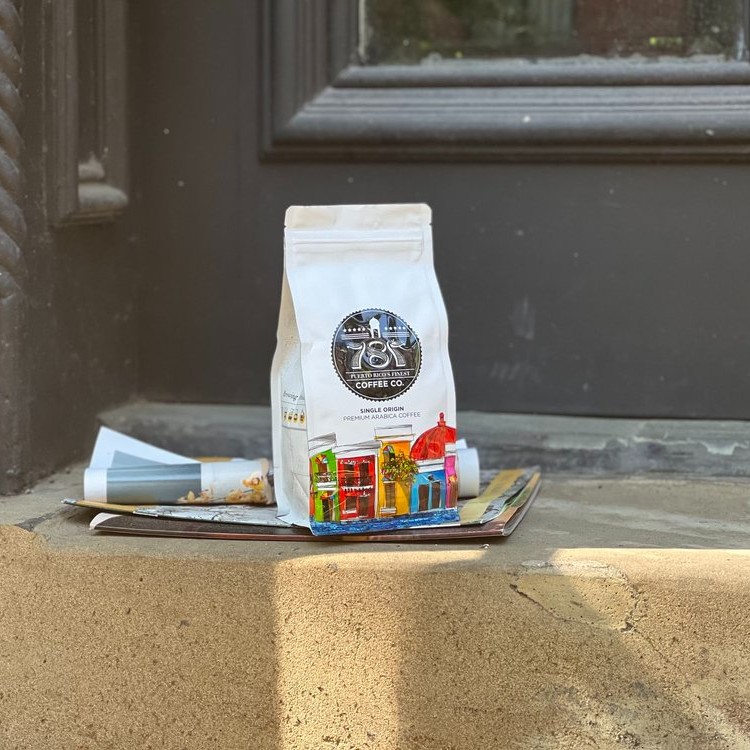
Brandon Pena and Sam Sepulveda founded 787 Coffee Company during the pandemic as a means of supporting their local New York City community. They produce ethically, sustainably-made fresh coffee at their farm in Maricao, Puerto Rico, and are committed to providing well-paying, long-term employment to the farmers they work with. I've personally been to their storefront café and can attest that their coffee is delicious, their staff is kind, and their community values are strong.
Ron del Barrilito
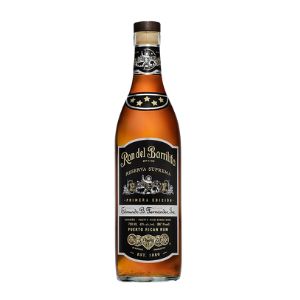
Ron del Barrilito is an iconic Puerto Rican spirits brand. Founded in 1880, their hand-crafted, small-batch rums still utilize the same recipes and techniques as they did over 200 years ago. Having survived the tumult of both Spanish and American imperialism, this brand is still widely respected for its rich taste, sustainable methods, and commitment to freshness (its formula doesn't use any artificial sugars or colorings!).
Calabash Tea & Tonic
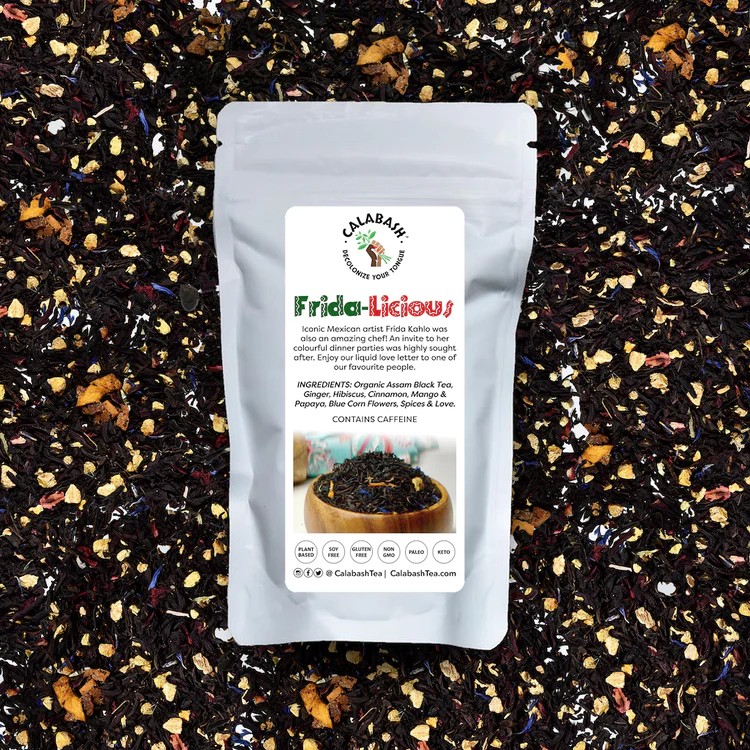
Born to Cuban and Syrian-Jamaican parents who owned health food stores in Harlem, Sunyatta Amen has always been interested in using food and beverage to help other heal. Now, she has used her years of research to start Calabash, an highly-acclaimed tea bar based in Washington, D.C. And if you're not in the D.C. area? Never fear: She also runs a tremendous online store that sells tea, coffee, homeware, herbs, and more.
Twang
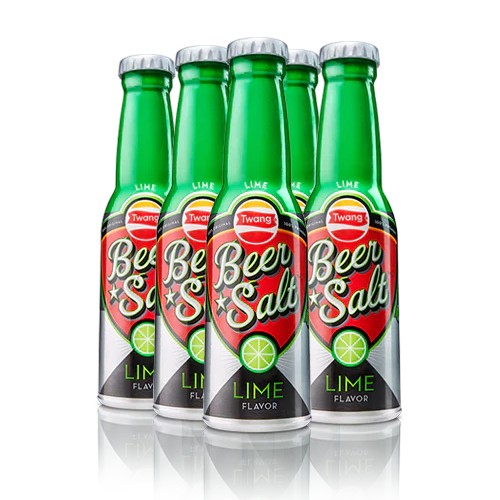
San Antonio native Roger Trevino has long loved the Mexican tradition of adding salt and citrus to beer, so he and his family decided to bring these complex, refreshing flavors to the rest of the country. In 1986, out of their of their garage à la Bill Gates, the Trevinos founded Twang, which offers all-natural drink add-ons intended to bring your cocktails (or mocktails) to the next level.
Volcanica Coffee
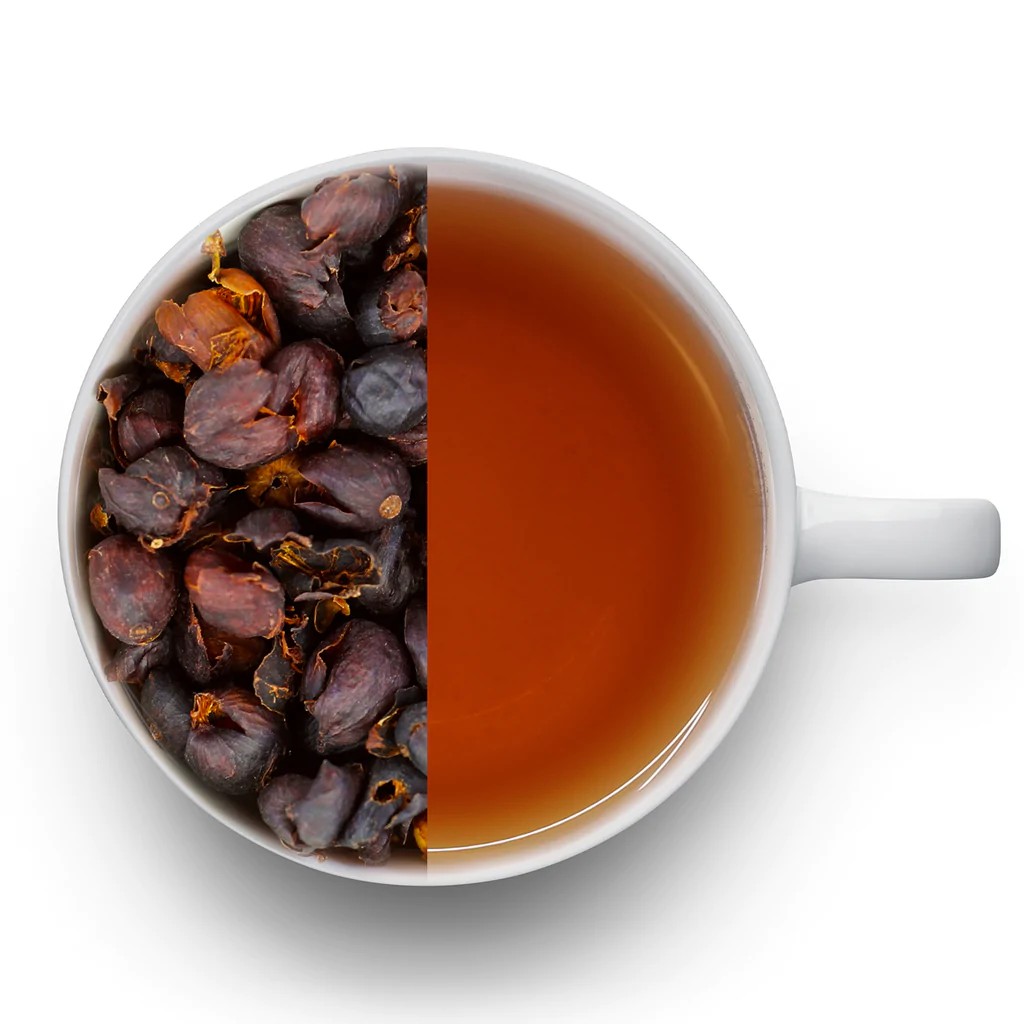
Volcanica Coffee is a family-owned business whose inspiration comes from the Contreras family's longtime trips back to their homeland of Costa Rica. Passionate about bringing all sorts of Latin American flavors to people in the United States, Volcanica has a wide variety of coffees to choose from: Customers can select their blends based on region (i.e., The Caribbean, South America, Central America, etc.), strength, level of caffeination, and acidity level. Plus, all of their blends are sustainably made using ethical labor, and all are certified Kosher.
Yola Mezcal
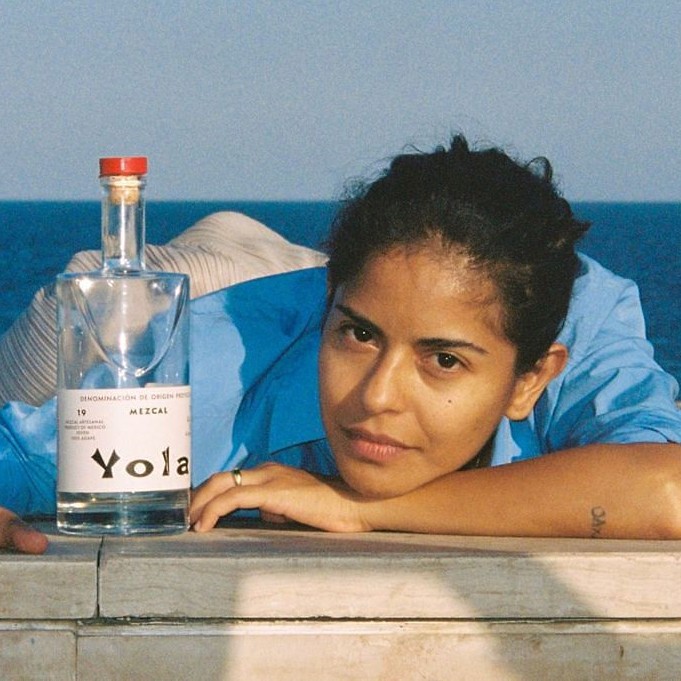
Yola Jimenez founded YOLA Mezcal using a signature ercipe that was crafted in 1971 and passed down to her by her grandfather. To this day, Jimenez and her team still distill and bottle their incomparable mezcal at their family farm in Oaxaca, where they have an all-female team. Their mezcals are delicious, highly drinkable, and perfect for drinking neat or for mixing into your favorite cocktails.
Get exclusive access to fashion and beauty trends, hot-off-the-press celebrity news, and more.
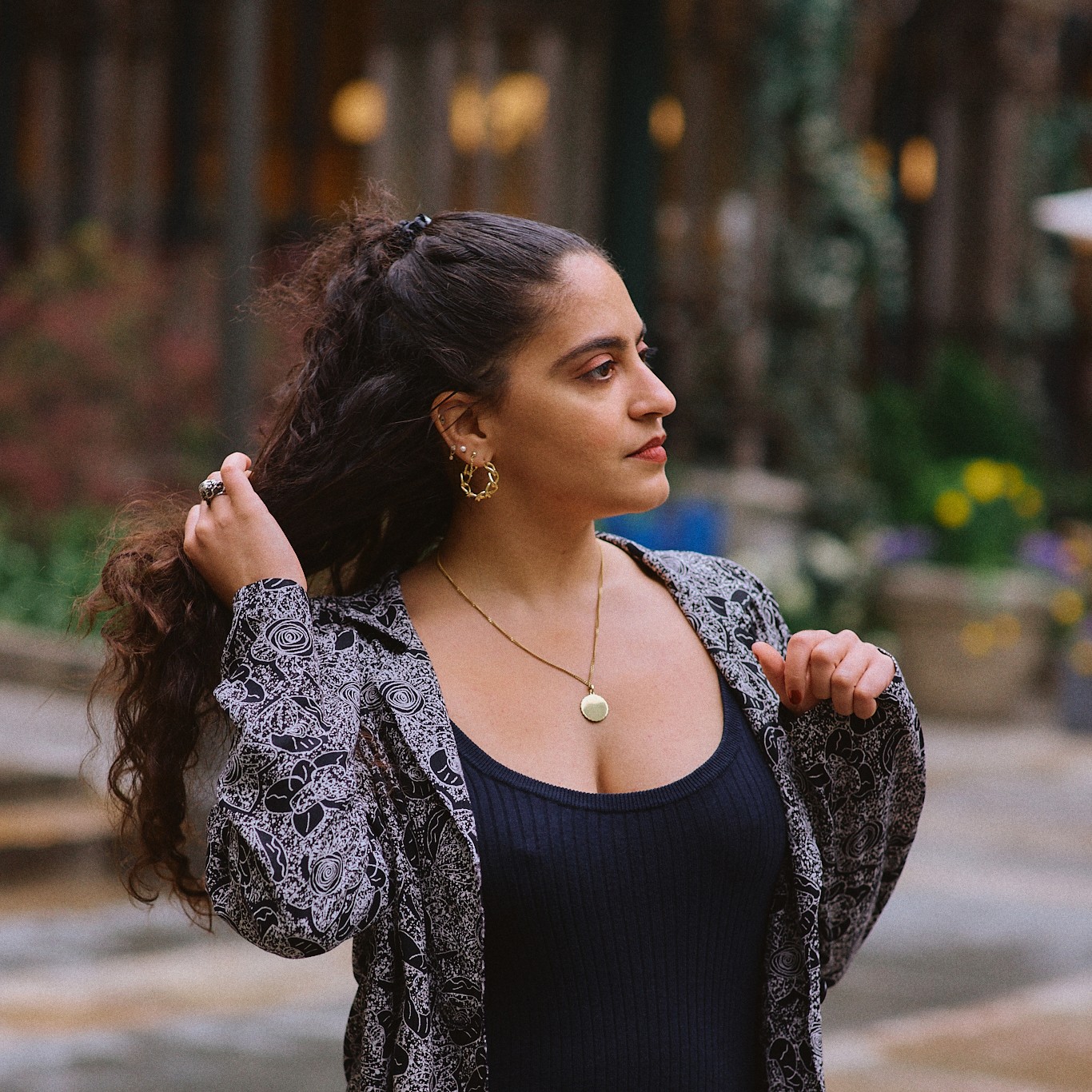
Gabrielle Ulubay is a Beauty Writer at Marie Claire. She has also written about sexual wellness, politics, culture, and fashion at Marie Claire and at publications including The New York Times, HuffPost Personal, Bustle, Alma, Muskrat Magazine, O'Bheal, and elsewhere. Her personal essay in The New York Times' Modern Love column kickstarted her professional writing career in 2018, and that piece has since been printed in the 2019 revised edition of the Modern Love book. Having studied history, international relations, and film, she has made films on politics and gender equity in addition to writing about cinema for Film Ireland, University College Cork, and on her personal blog, gabrielleulubay.medium.com. Before working with Marie Claire, Gabrielle worked in local government, higher education, and sales, and has resided in four countries and counting. She has worked extensively in the e-commerce and sales spaces since 2020, and spent two years at Drizly, where she developed an expertise in finding the best, highest quality goods and experiences money can buy.
Deeply political, she believes that skincare, haircare, and sexual wellness are central tenets to one's overall health and fights for them to be taken seriously, especially for people of color. She also loves studying makeup as a means of artistic expression, drawing on her experience as an artist in her analysis of beauty trends. She's based in New York City, where she can be found watching movies or running her art business when she isn't writing. Find her on Twitter at @GabrielleUlubay or on Instagram at @gabrielle.ulubay, or follow her art at @suburban.graffiti.art
